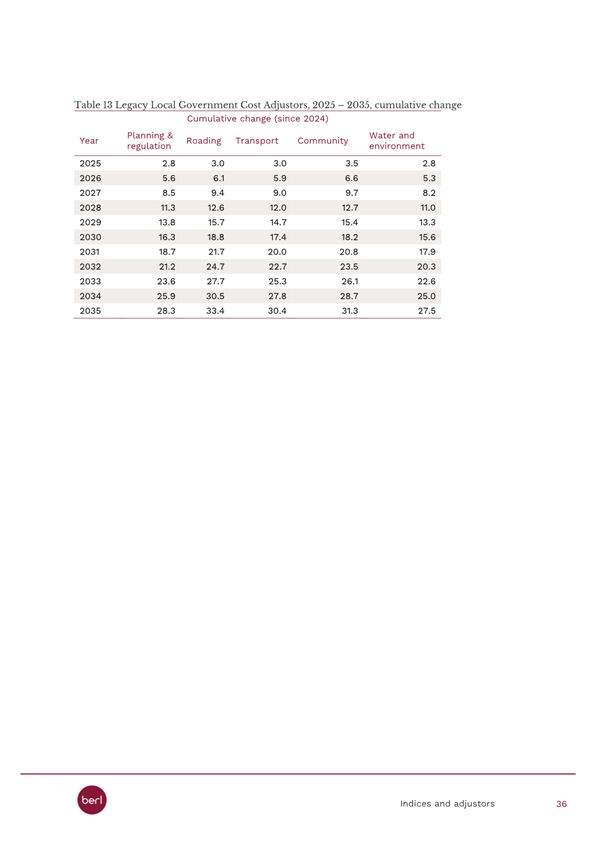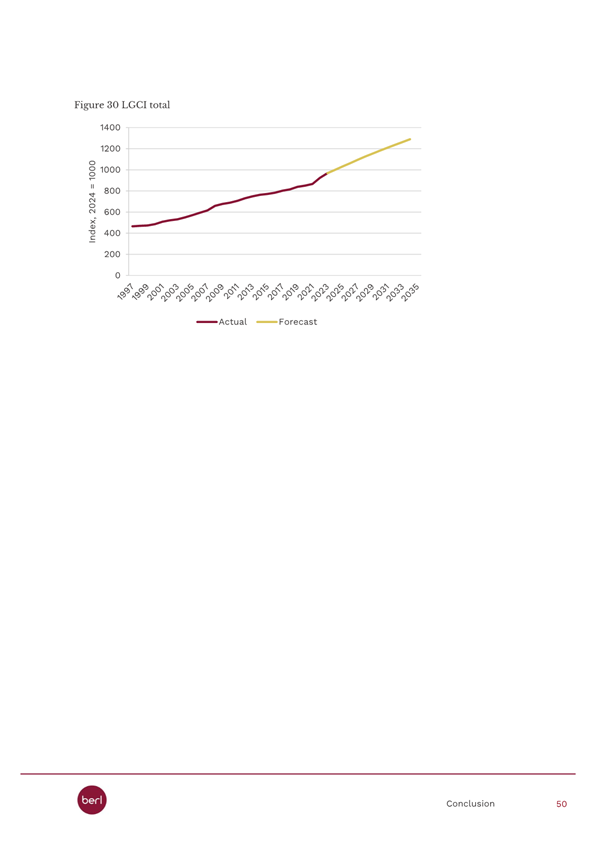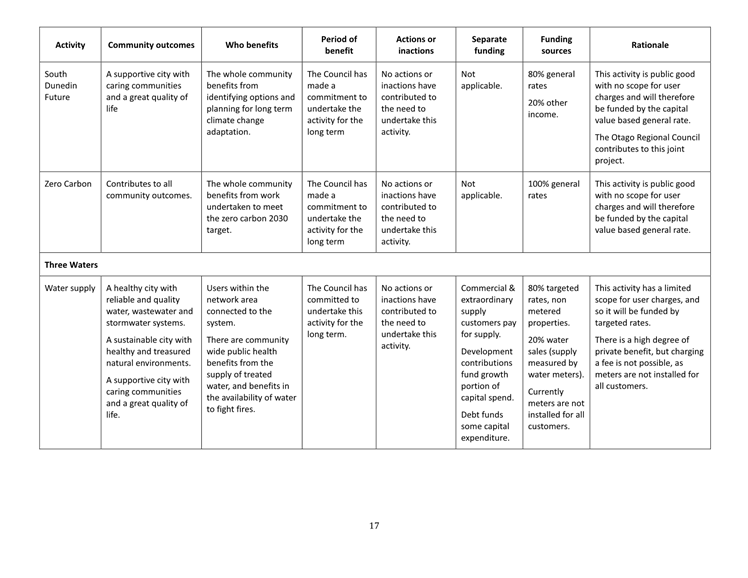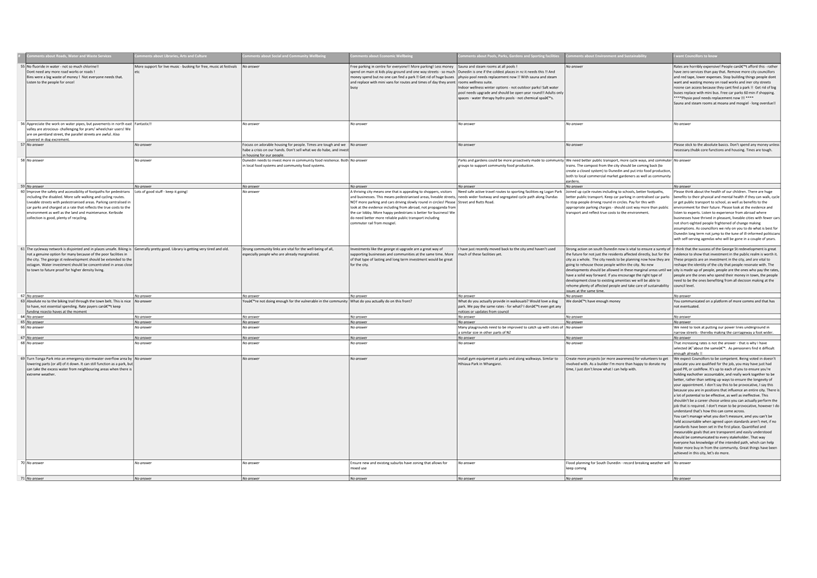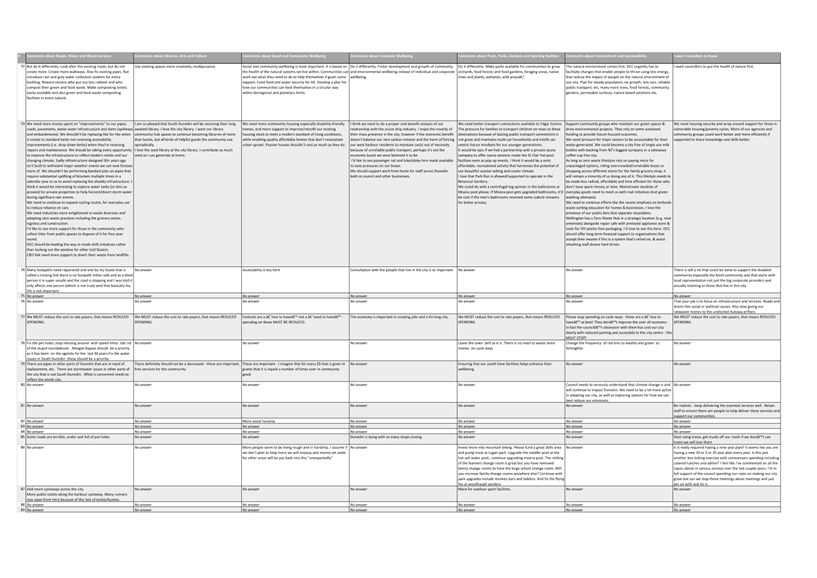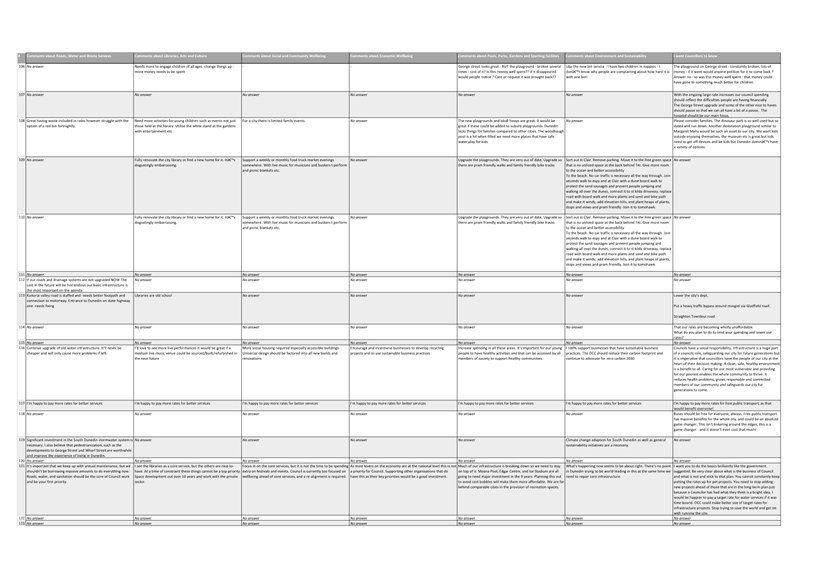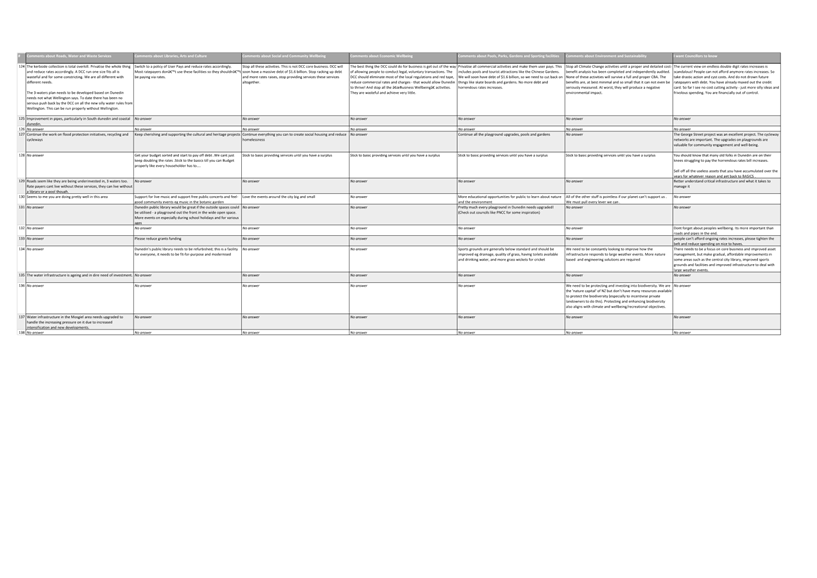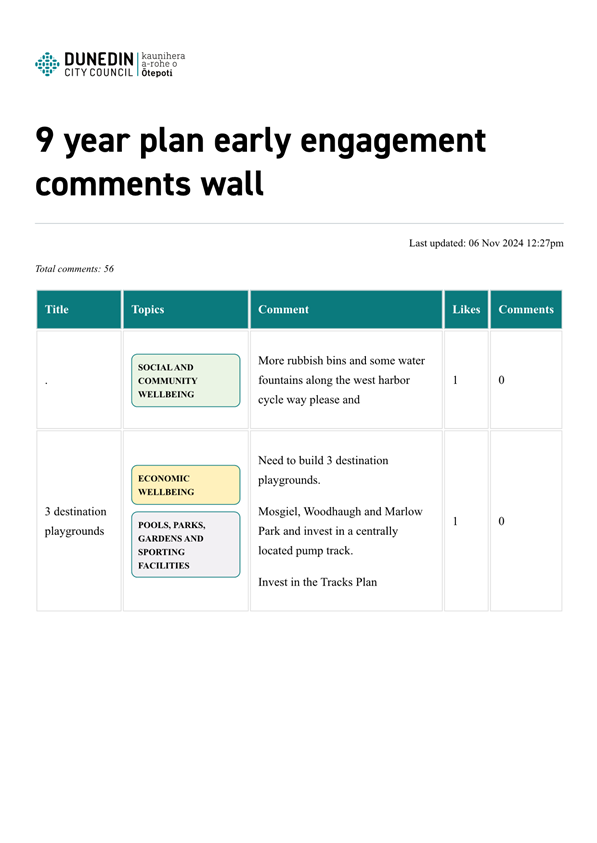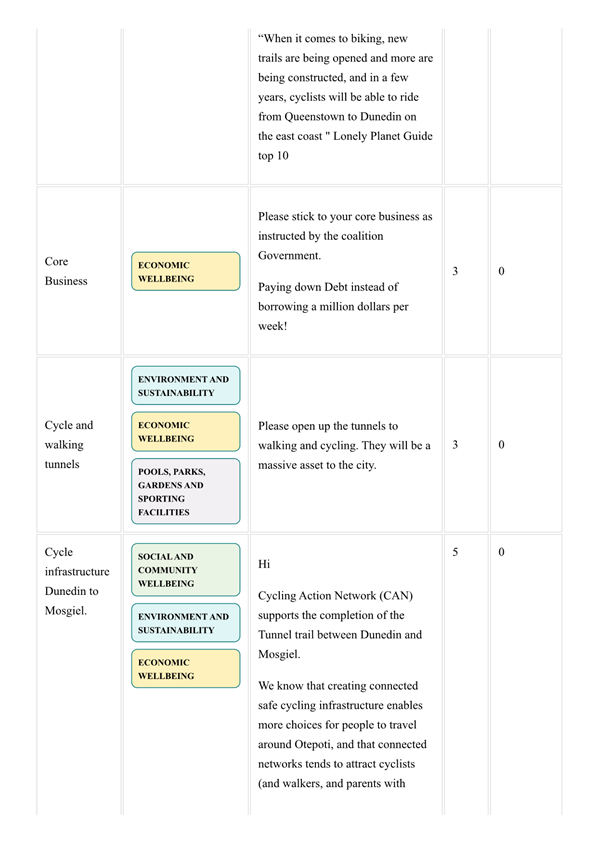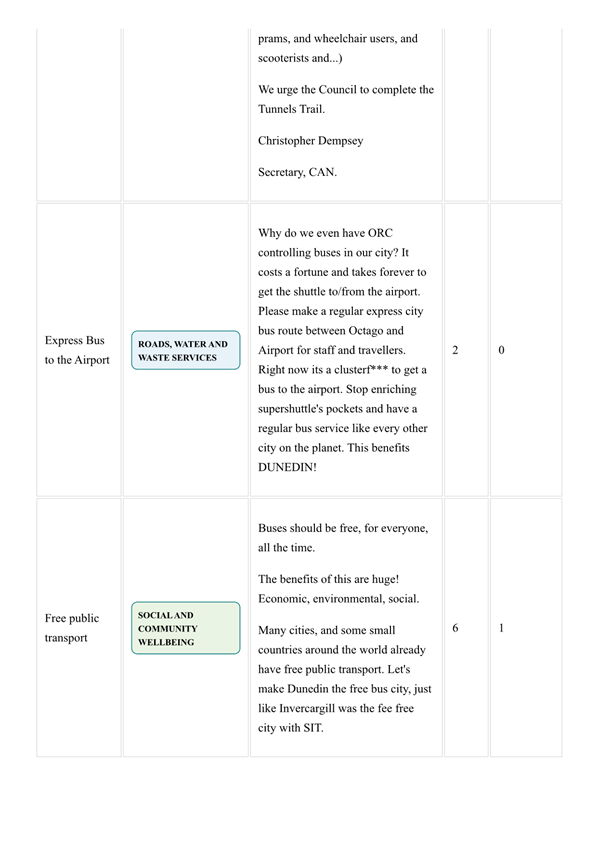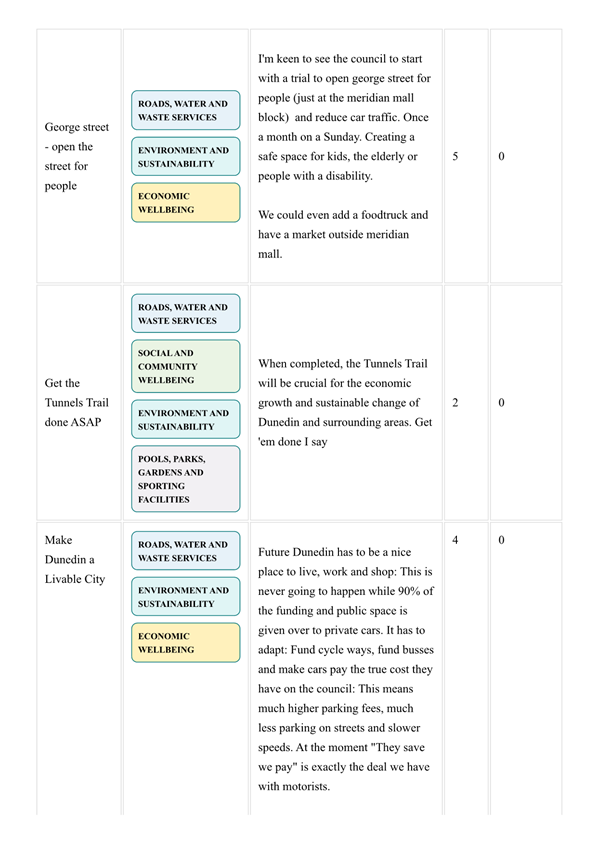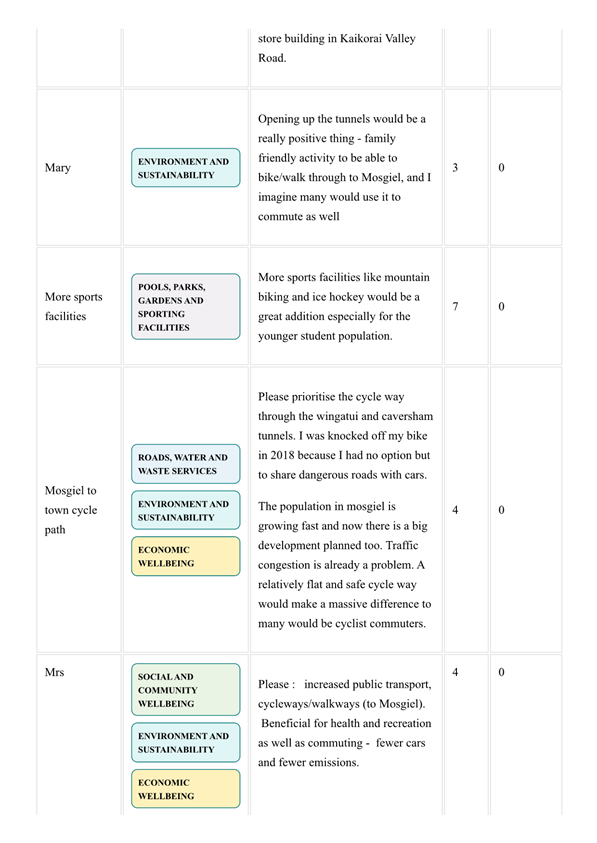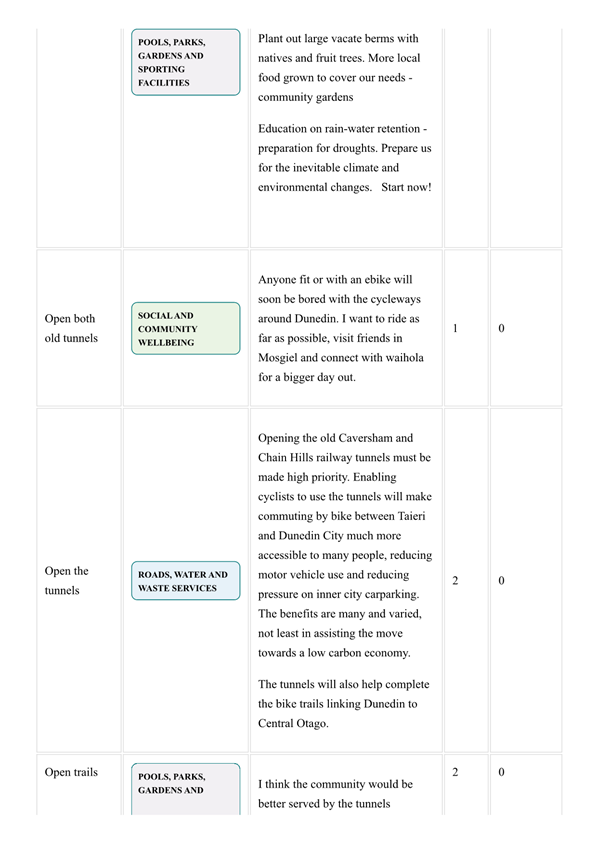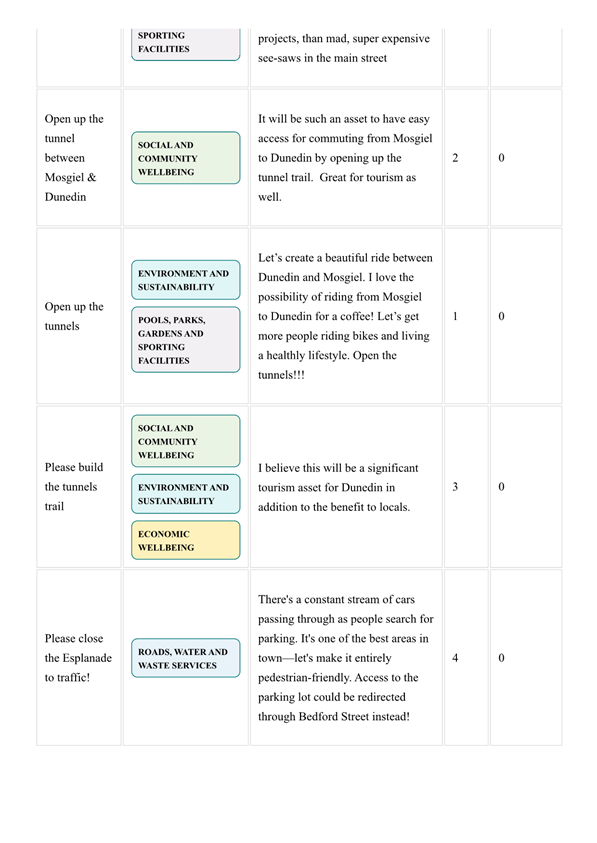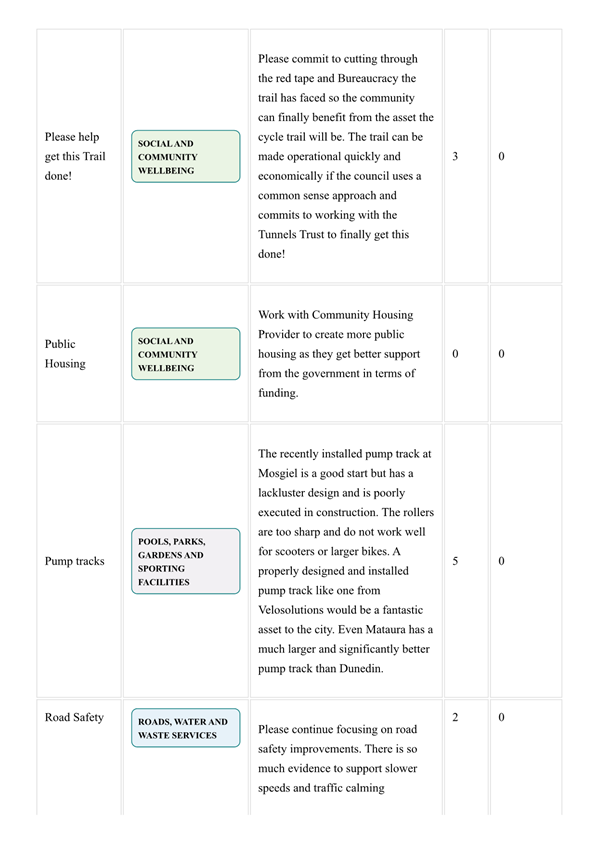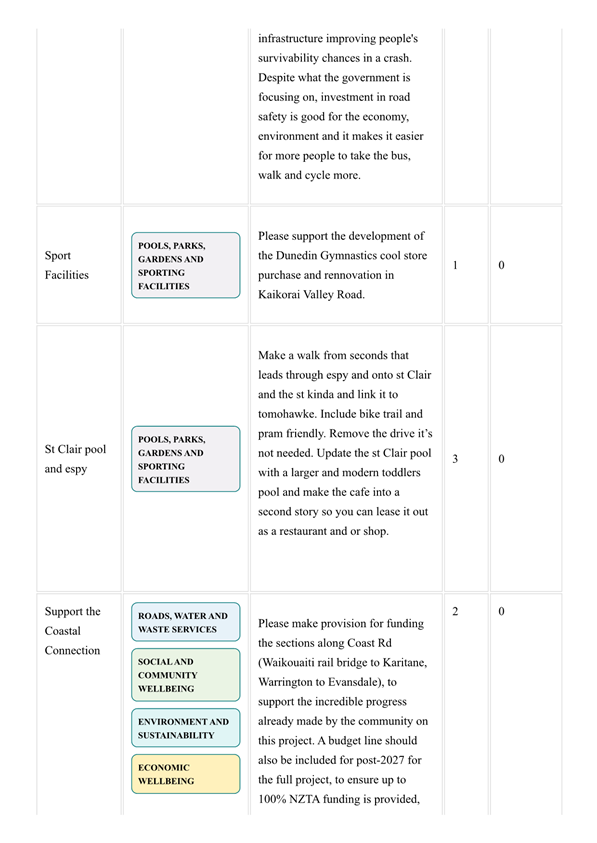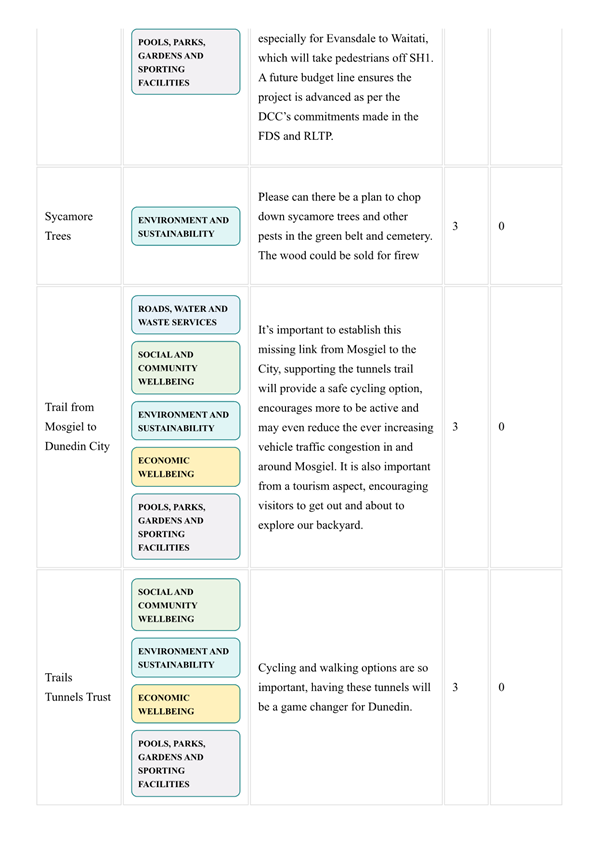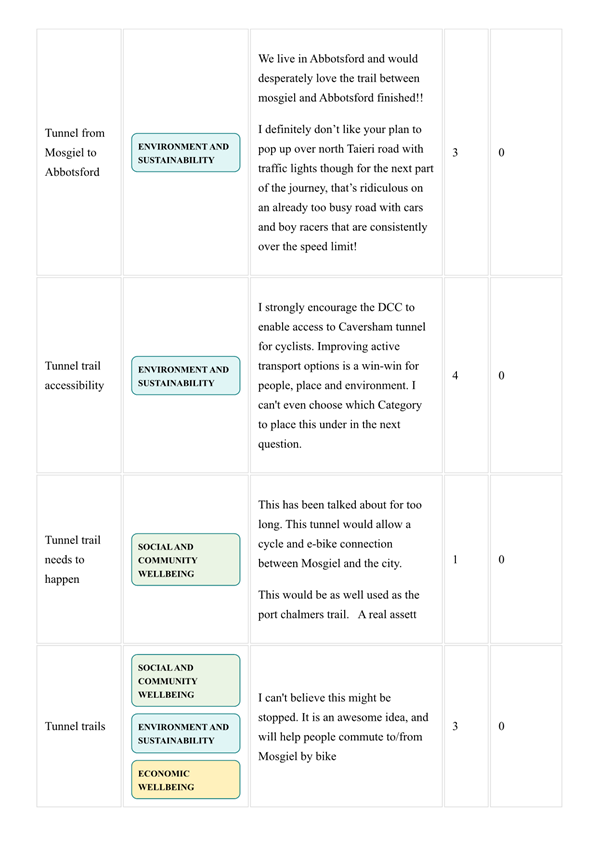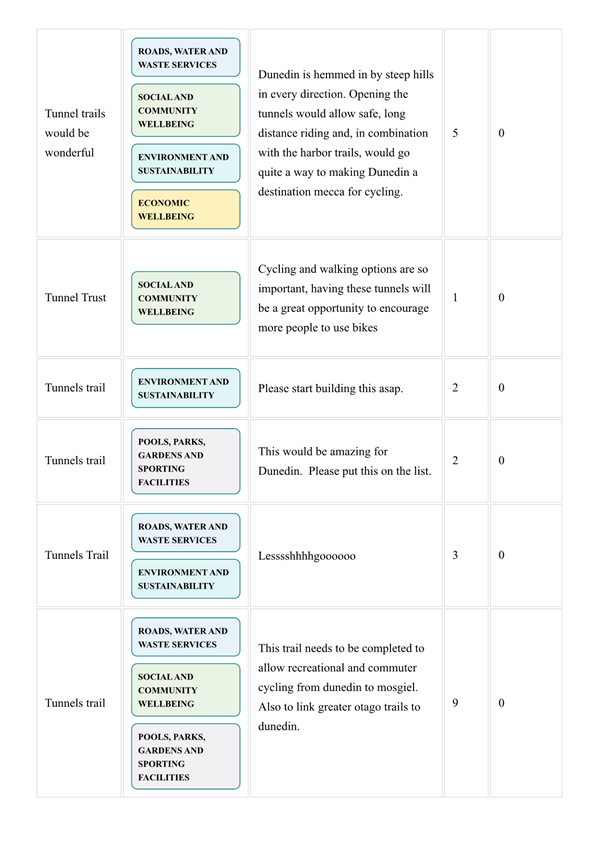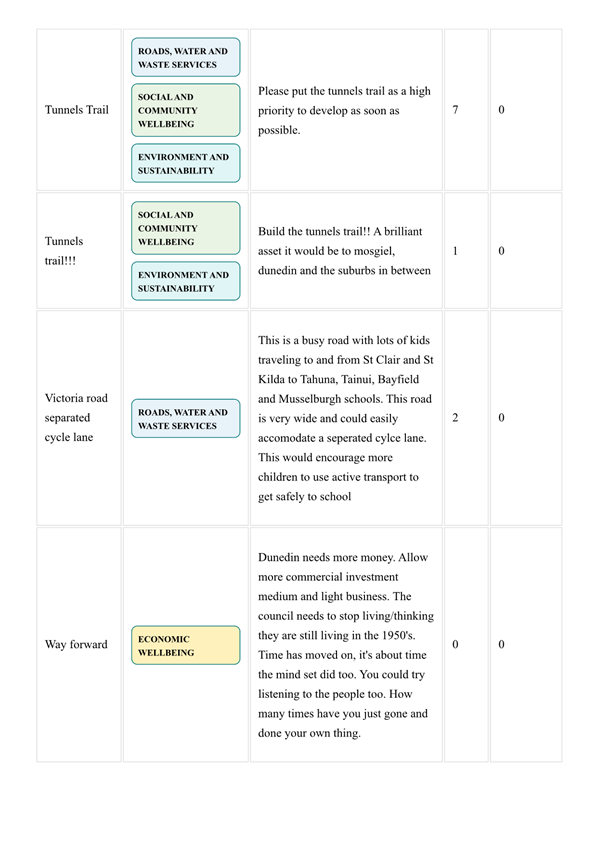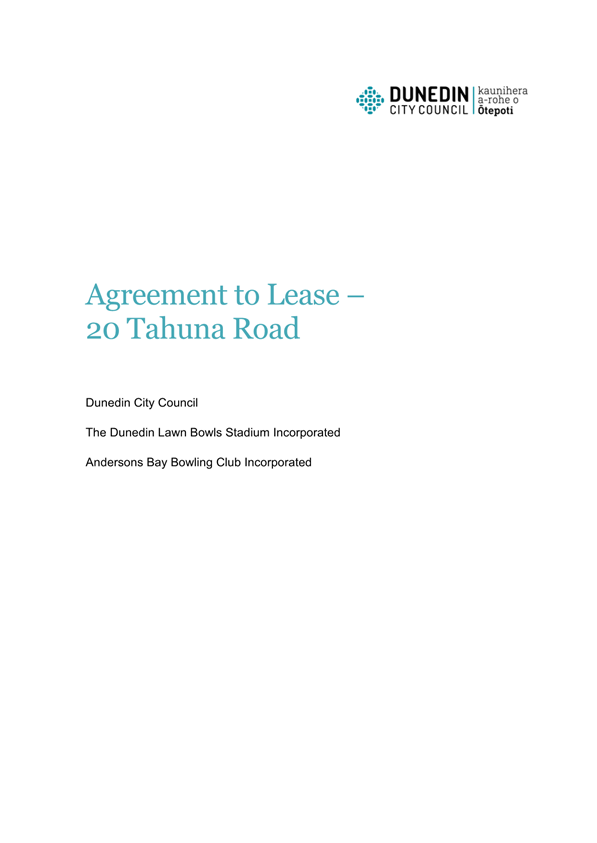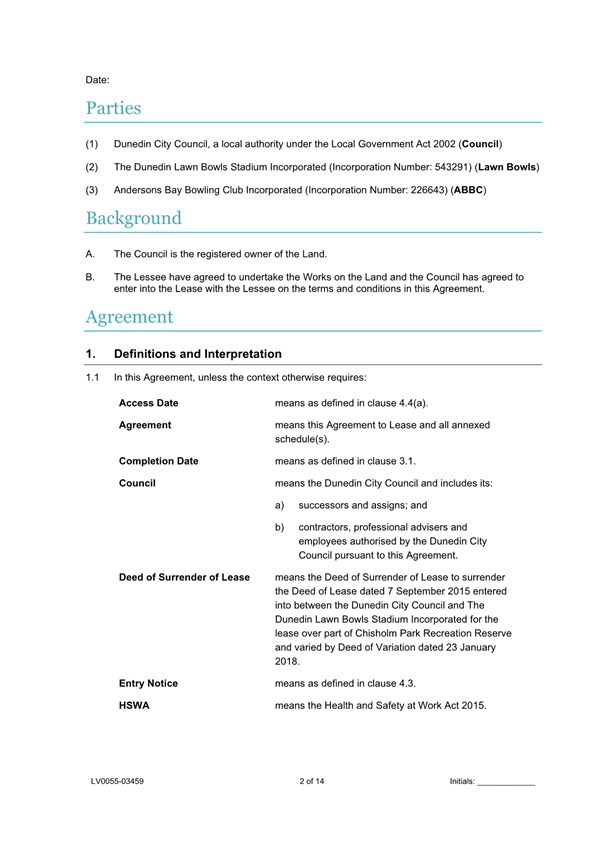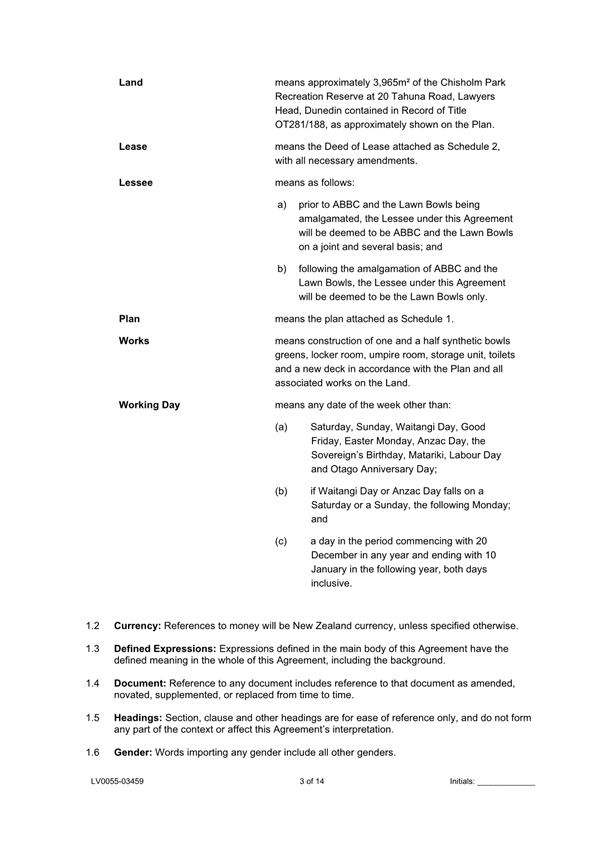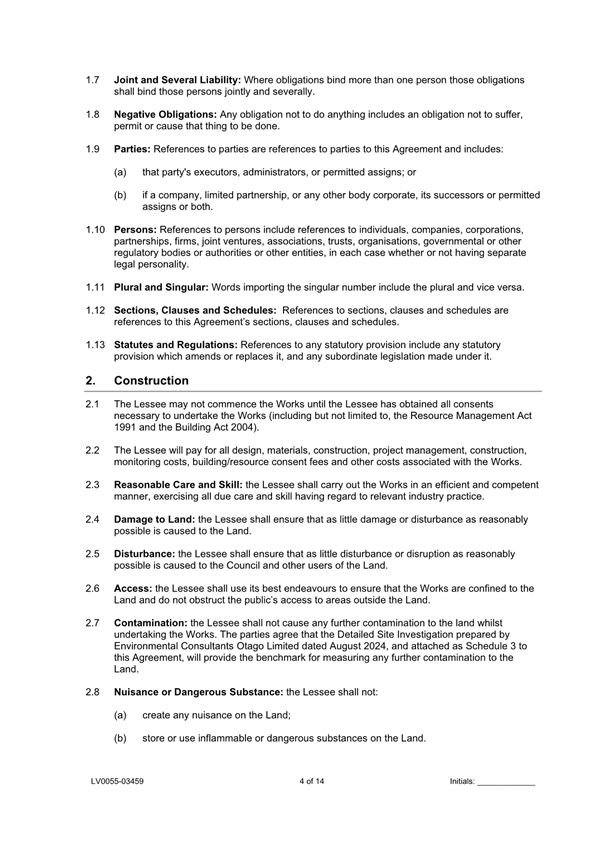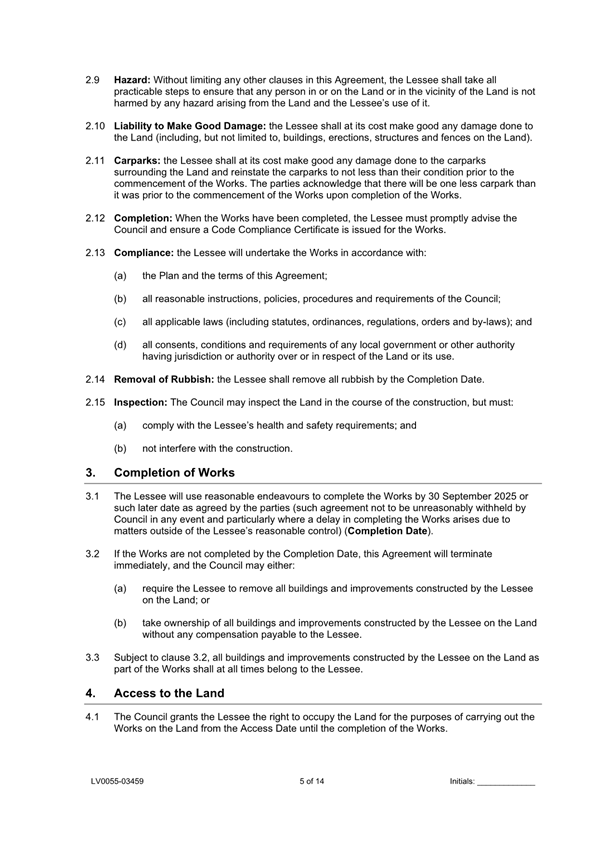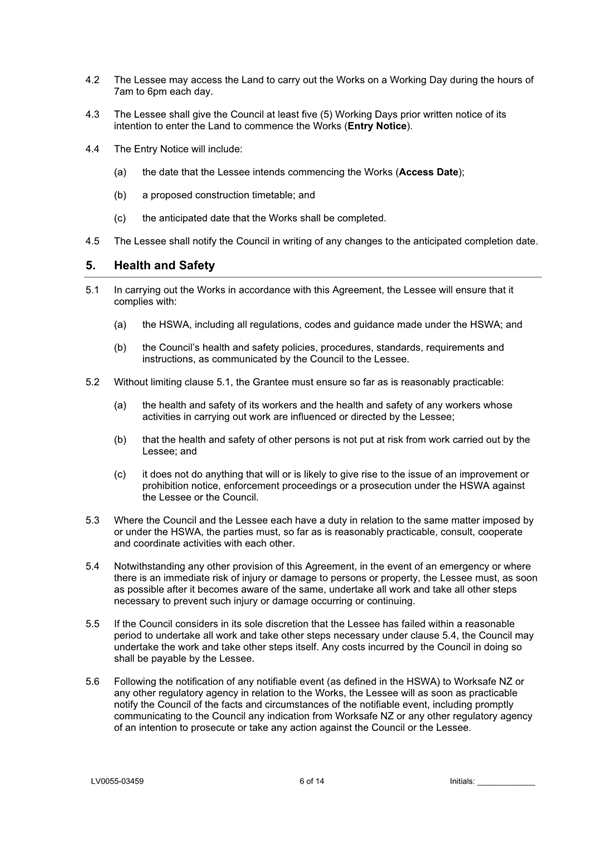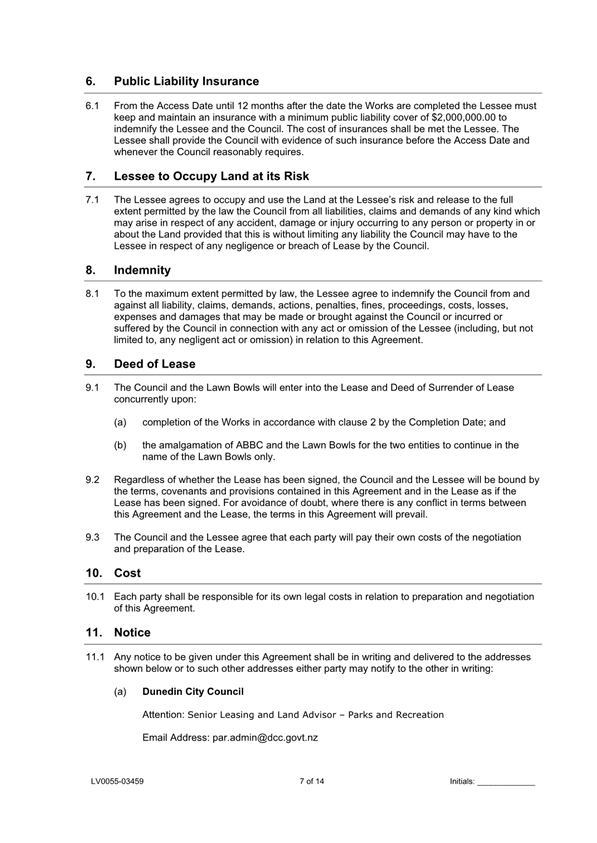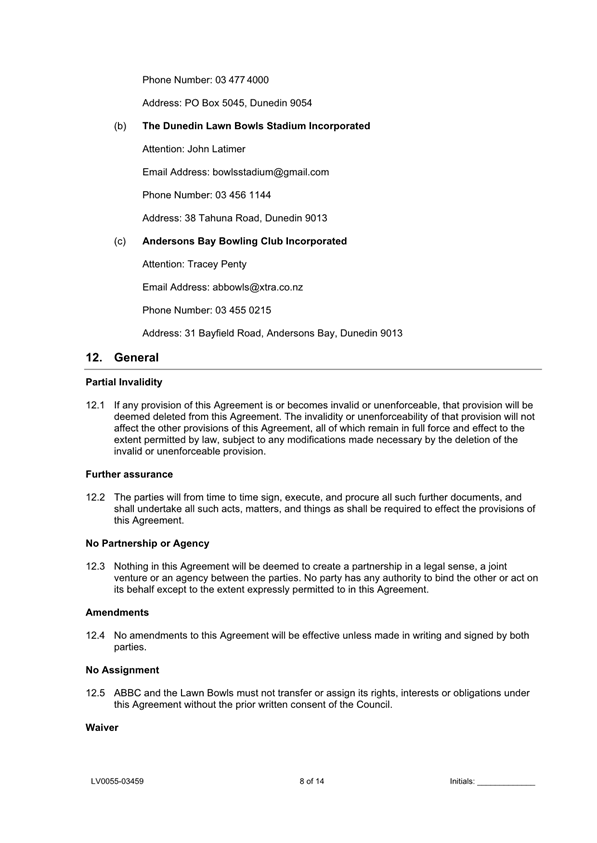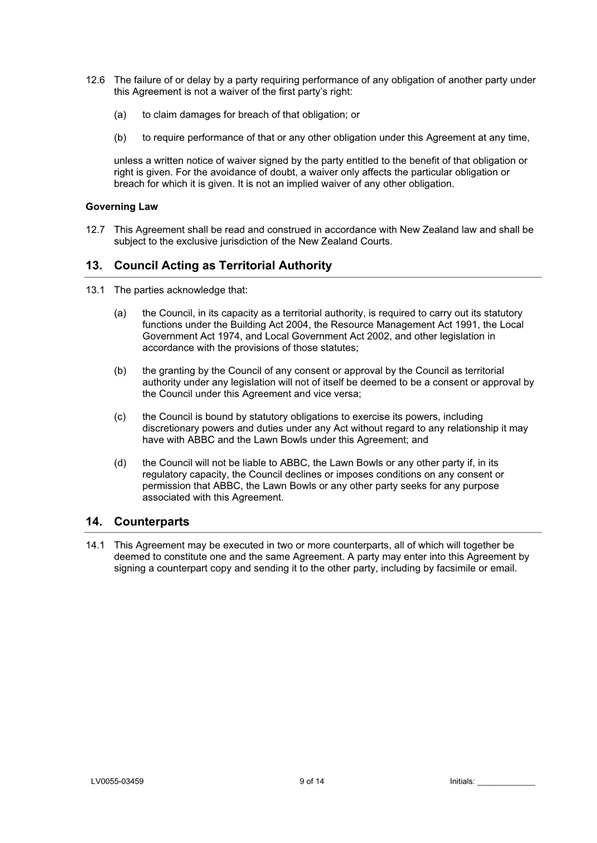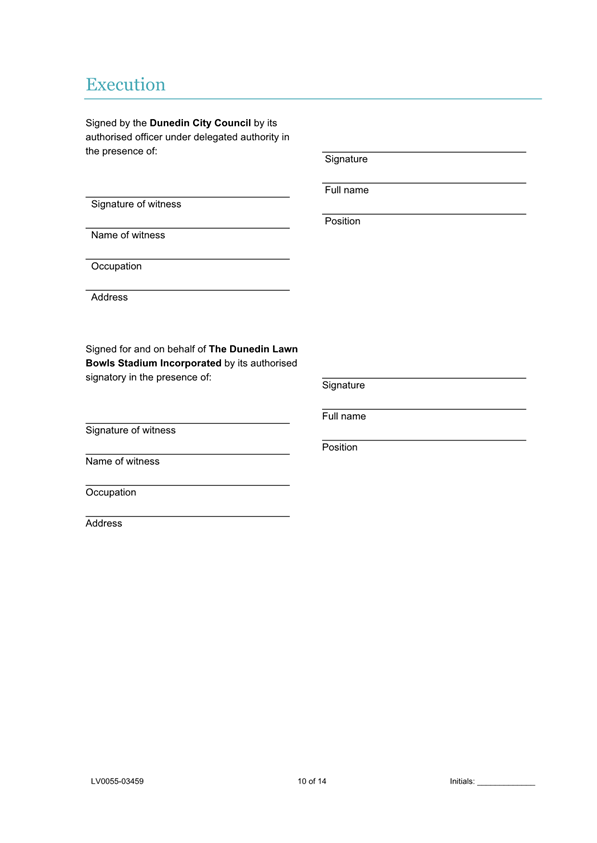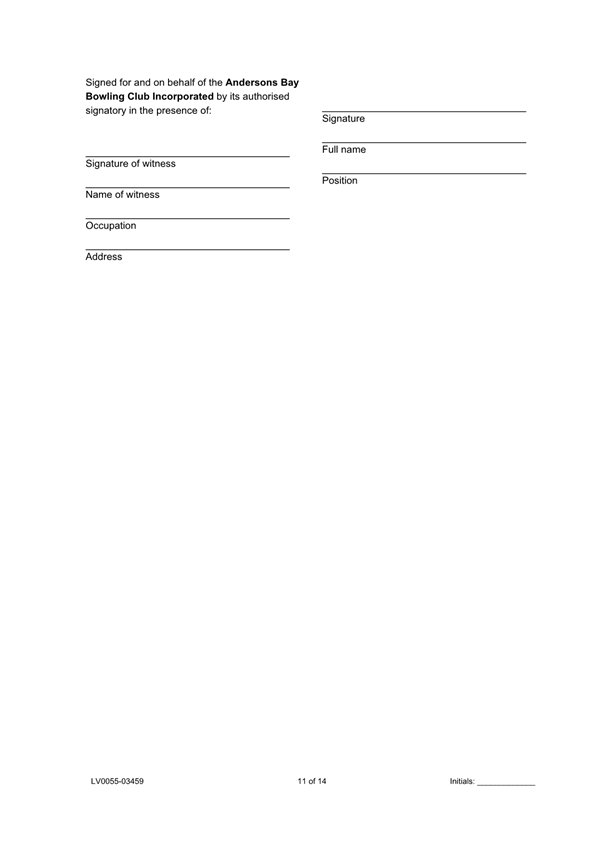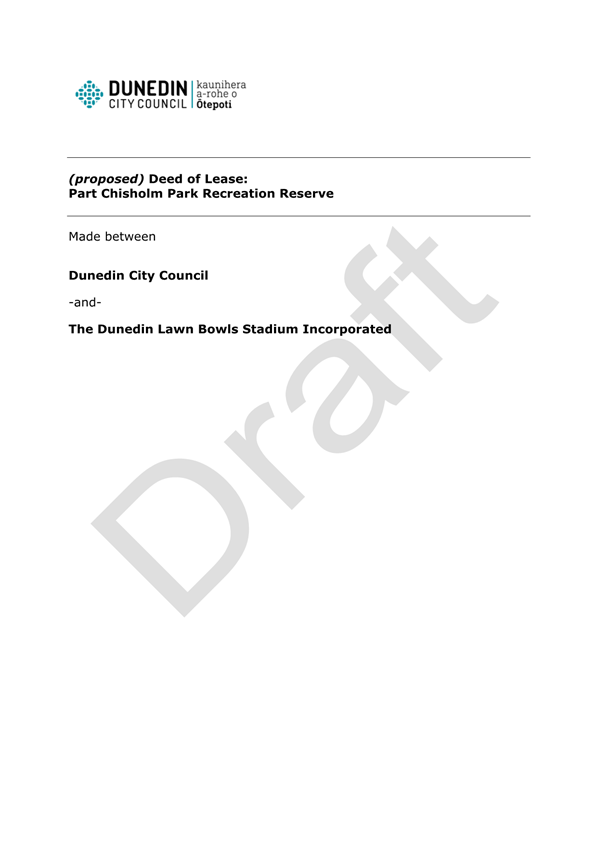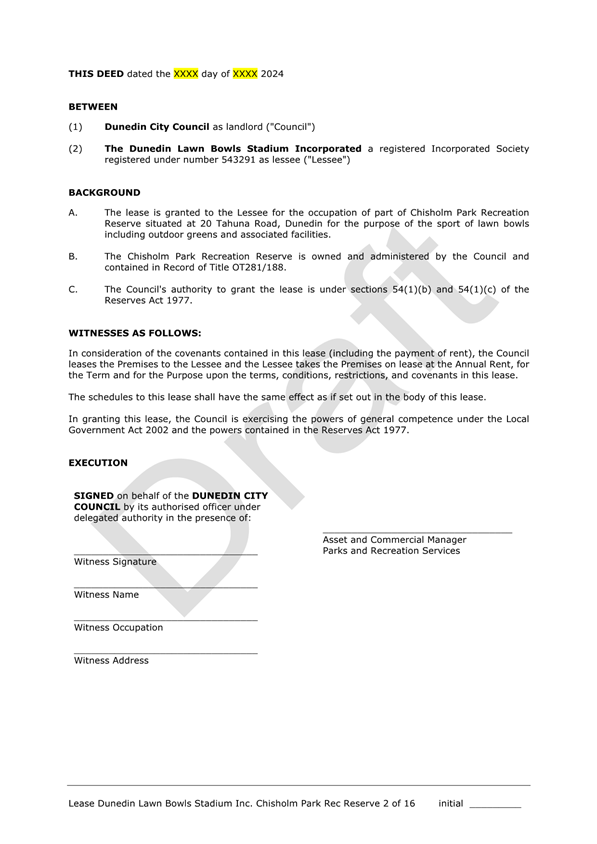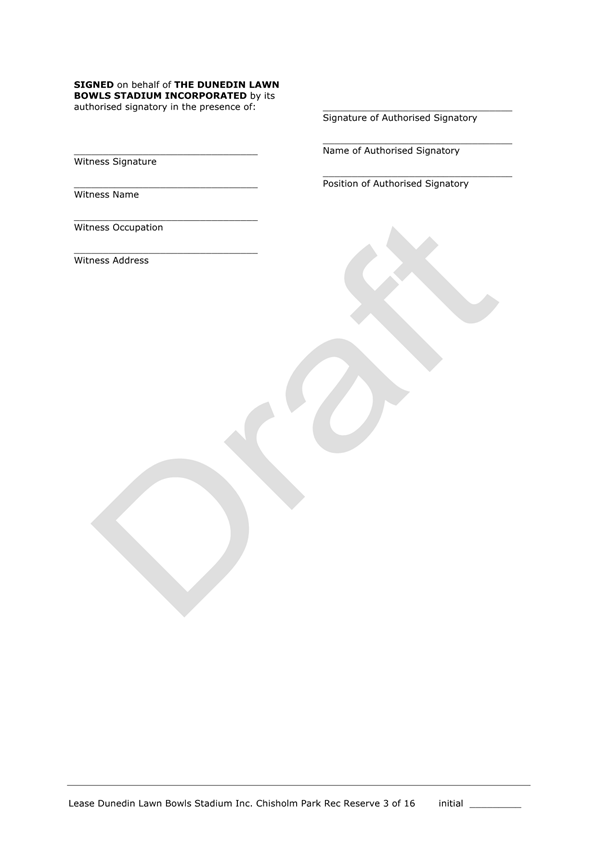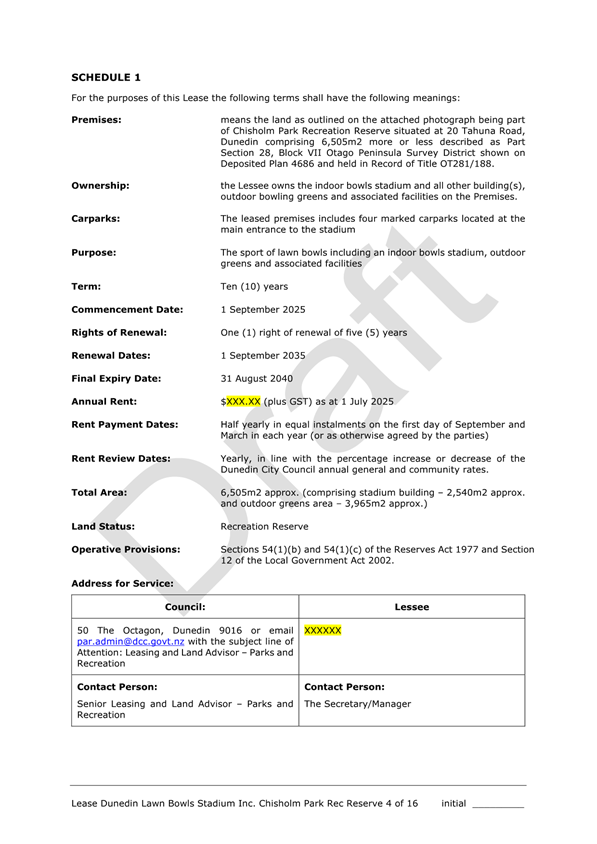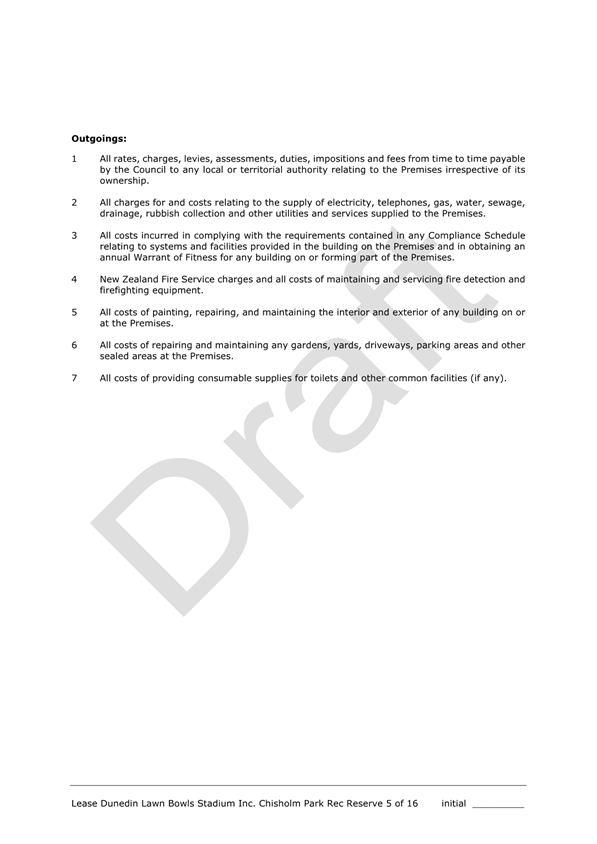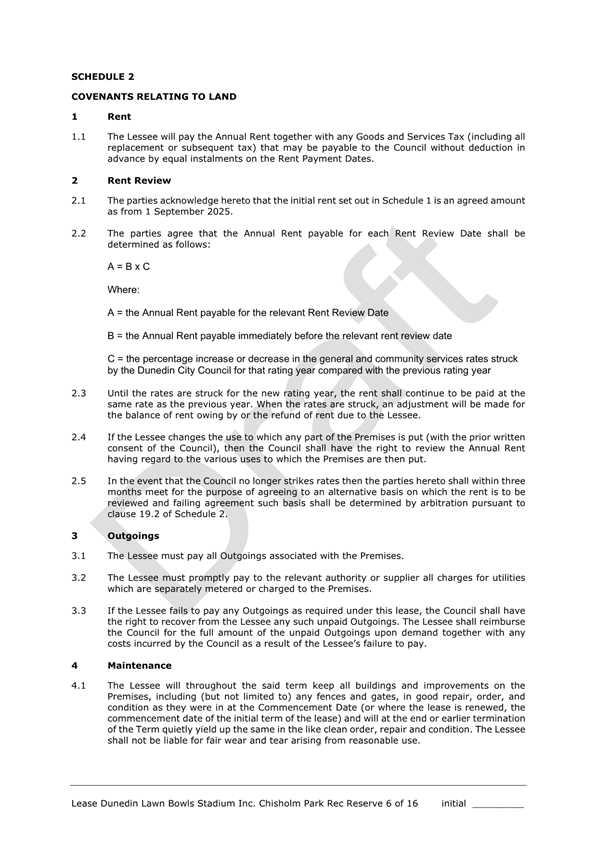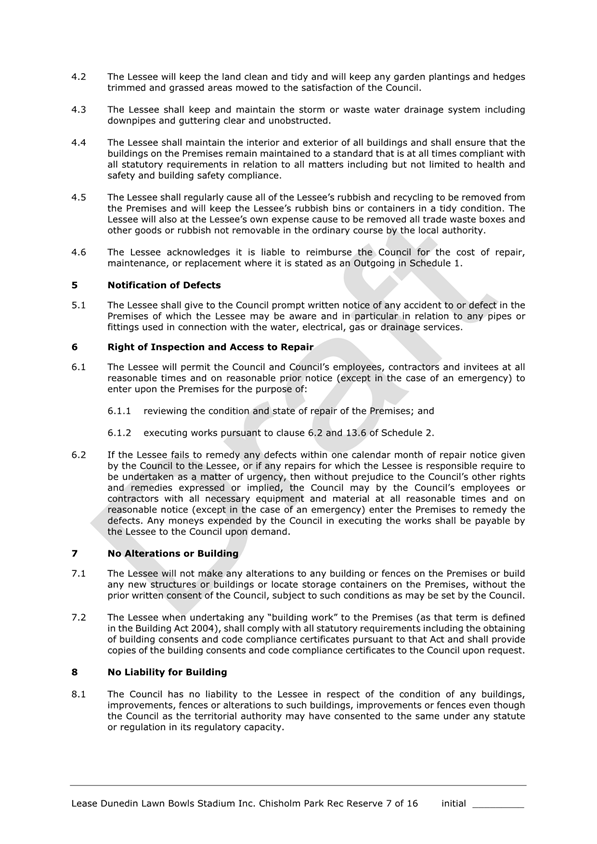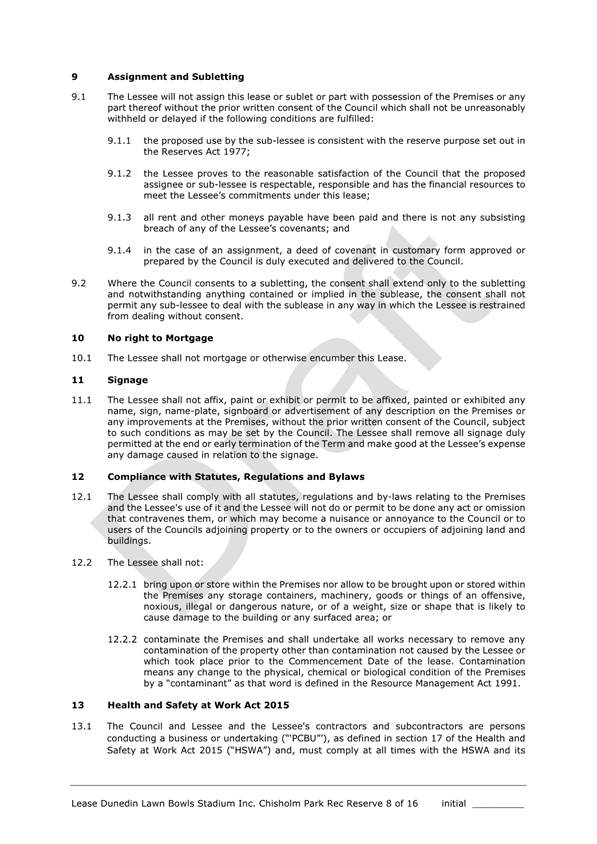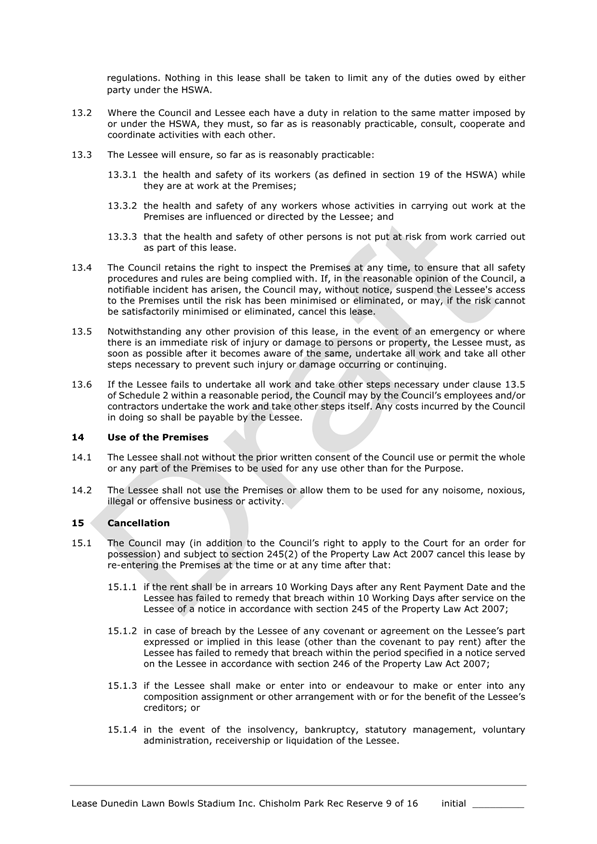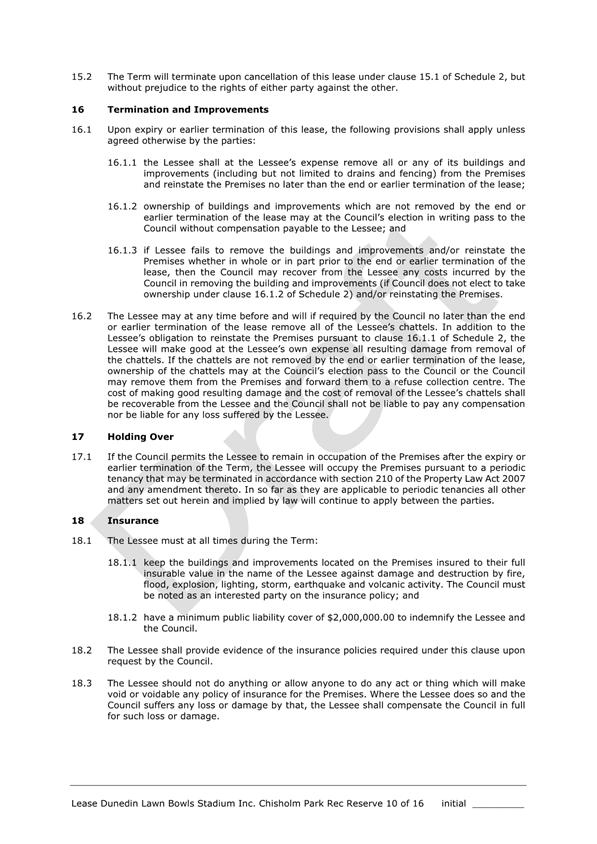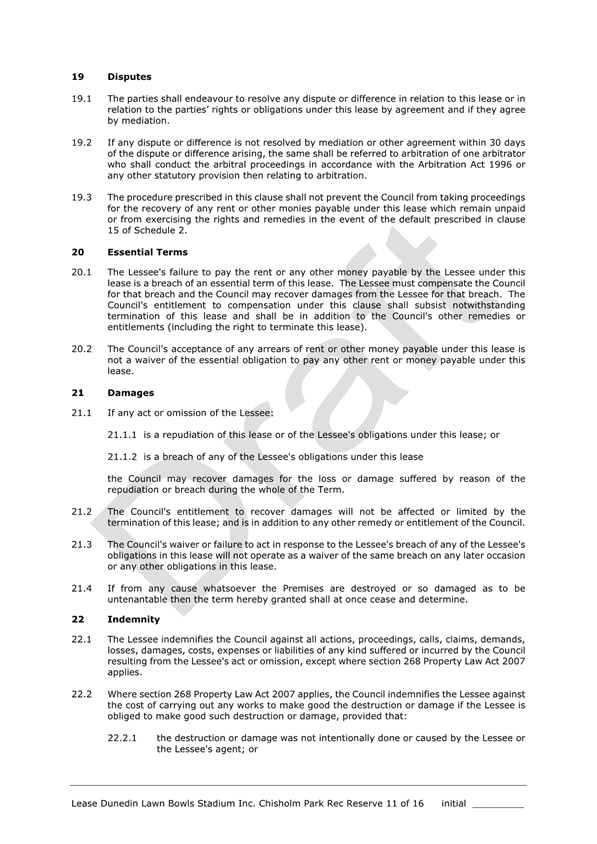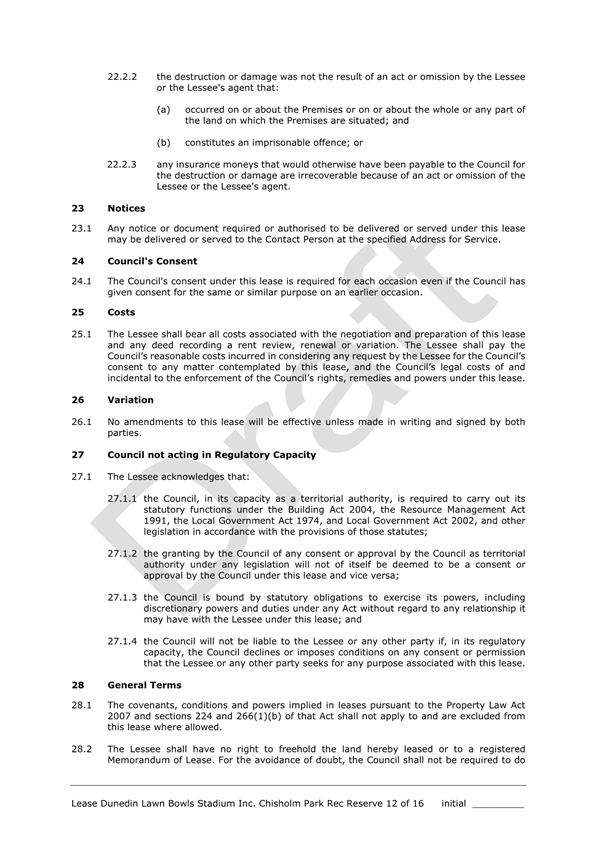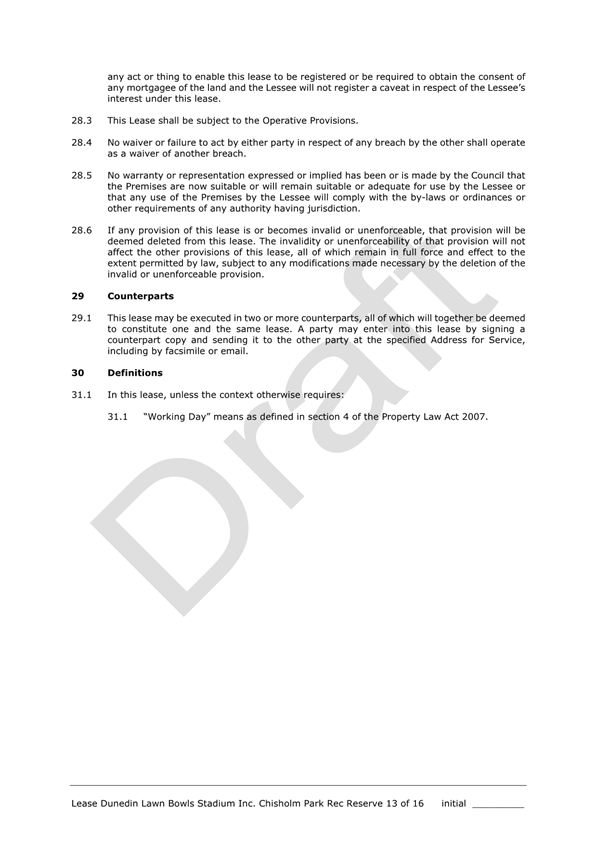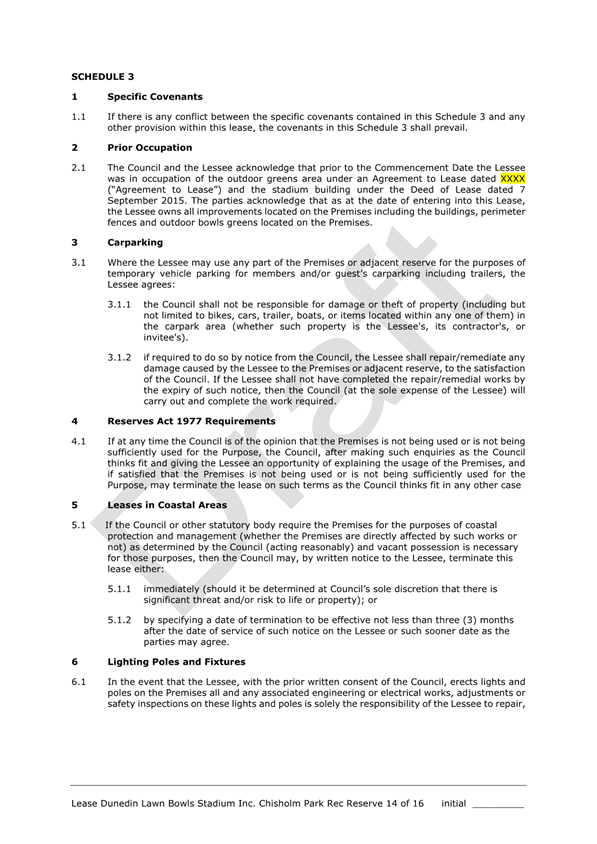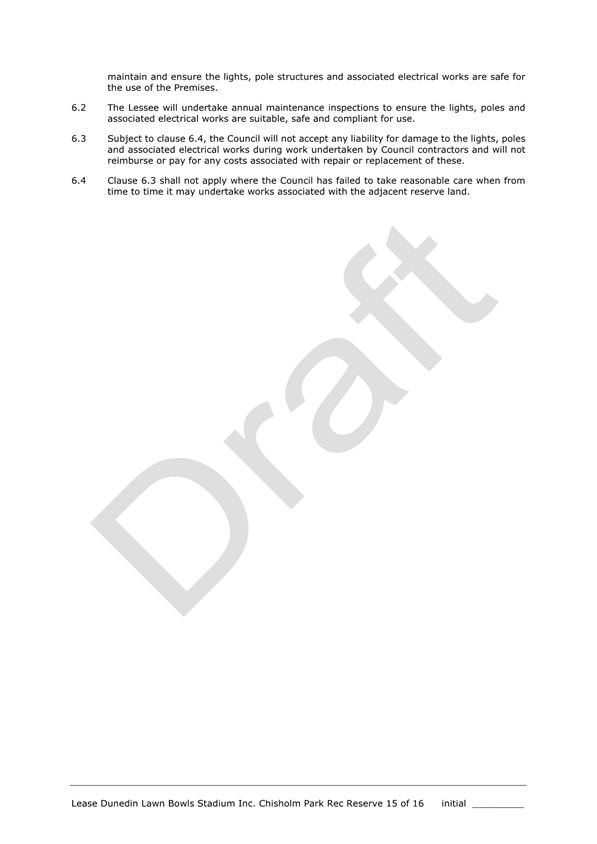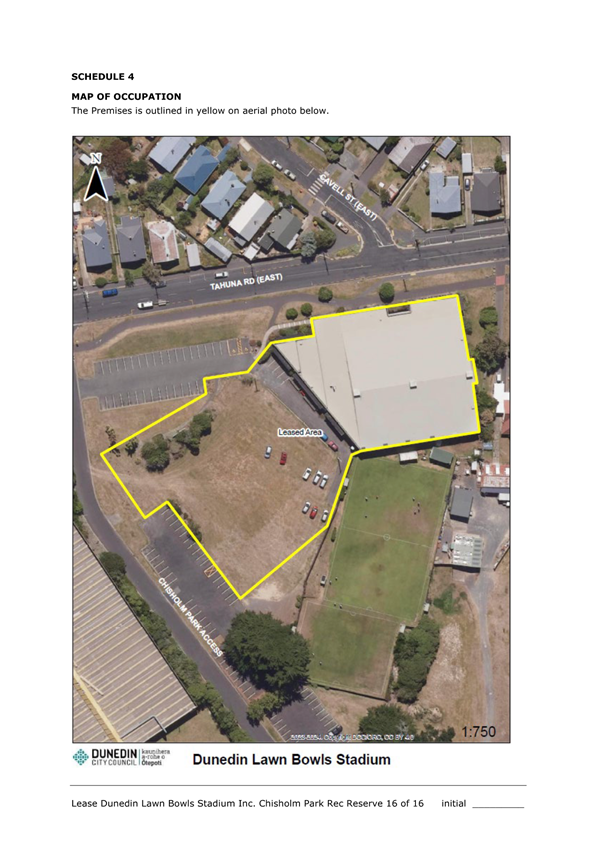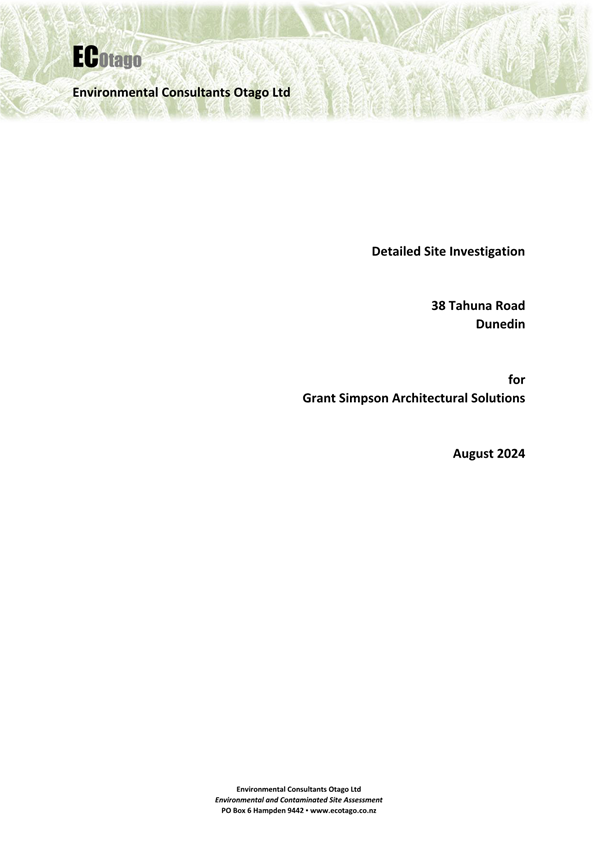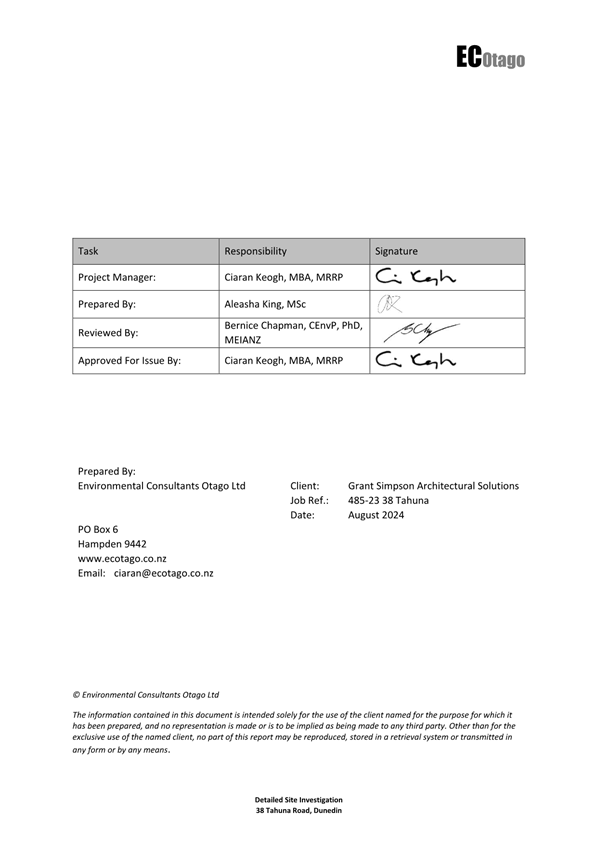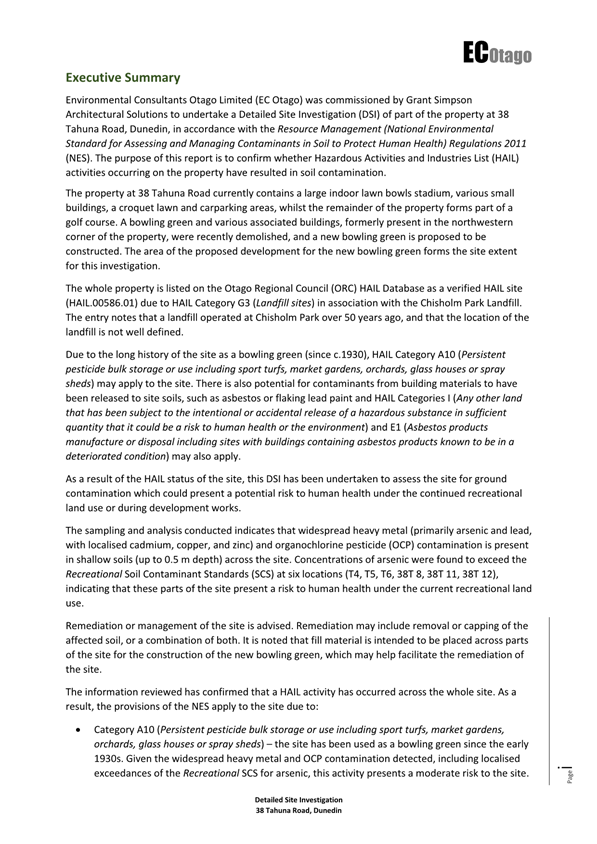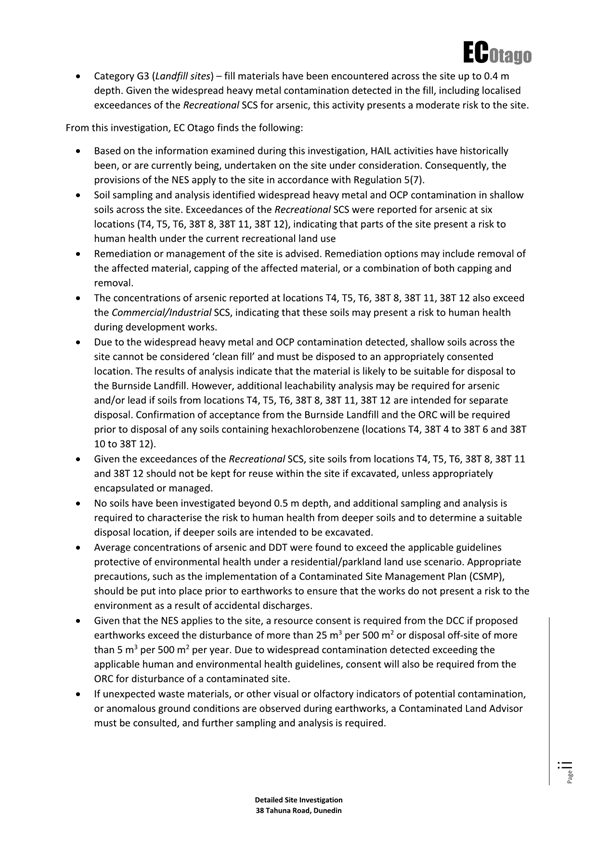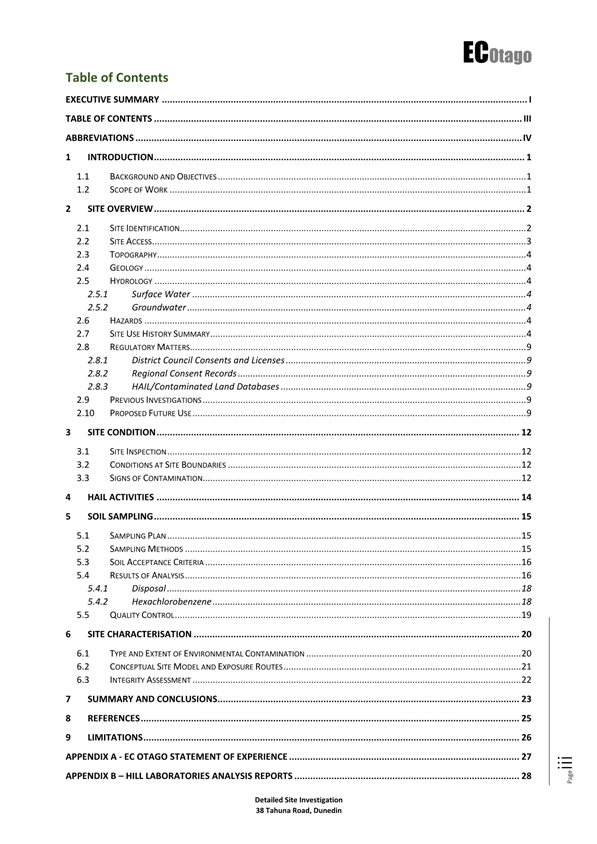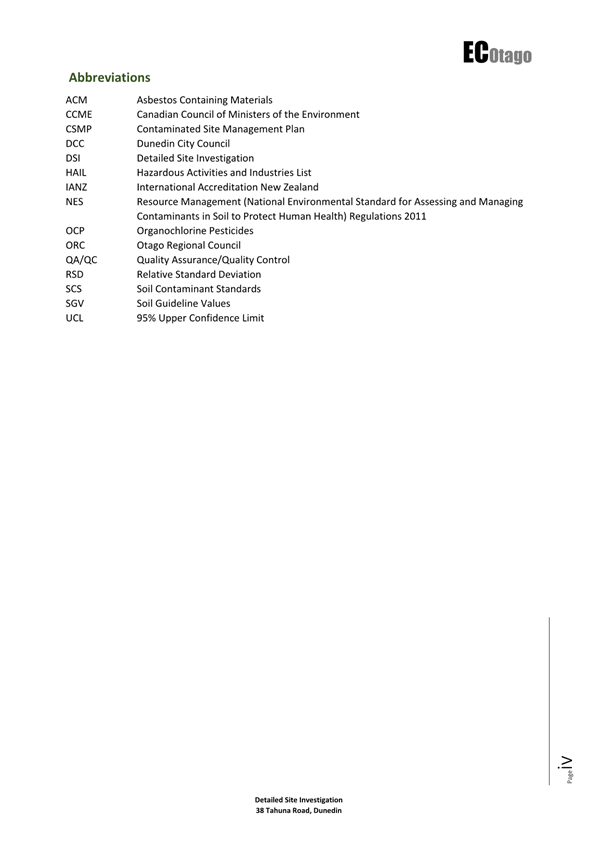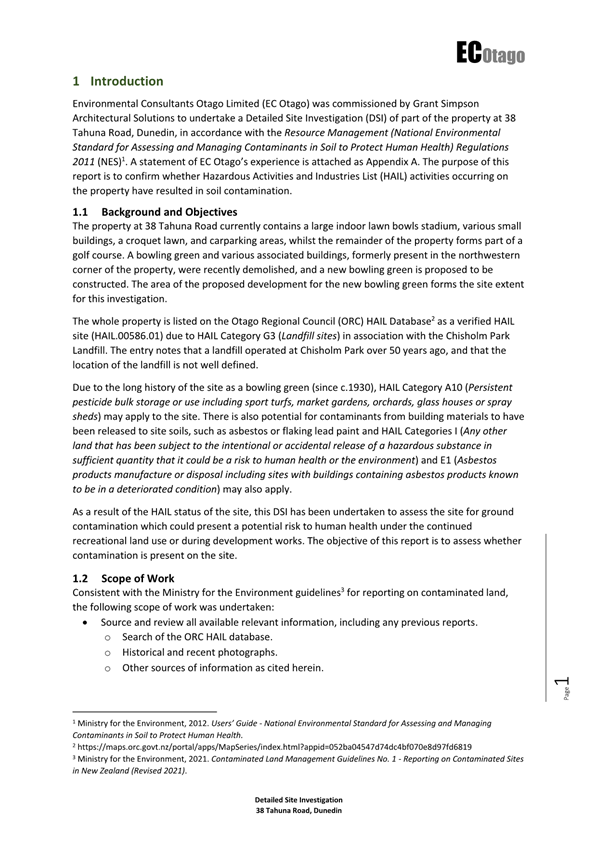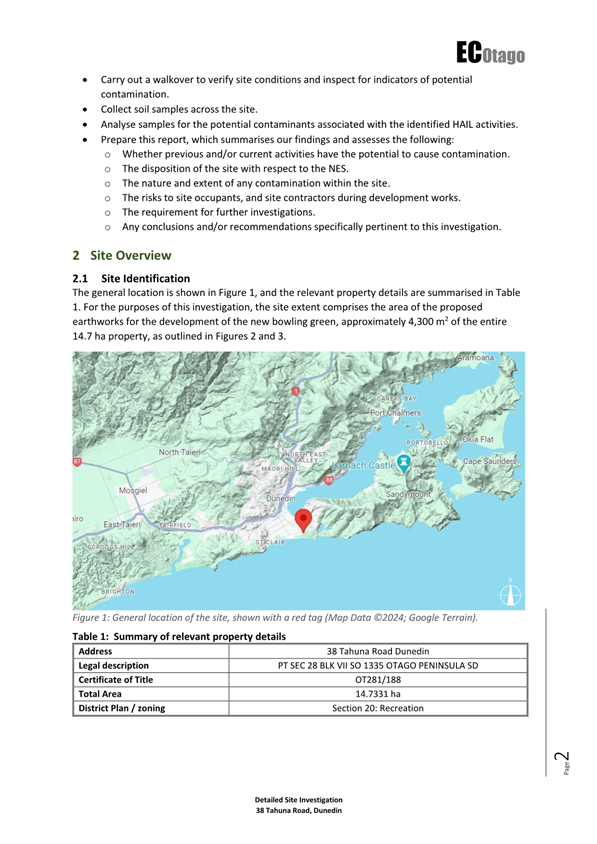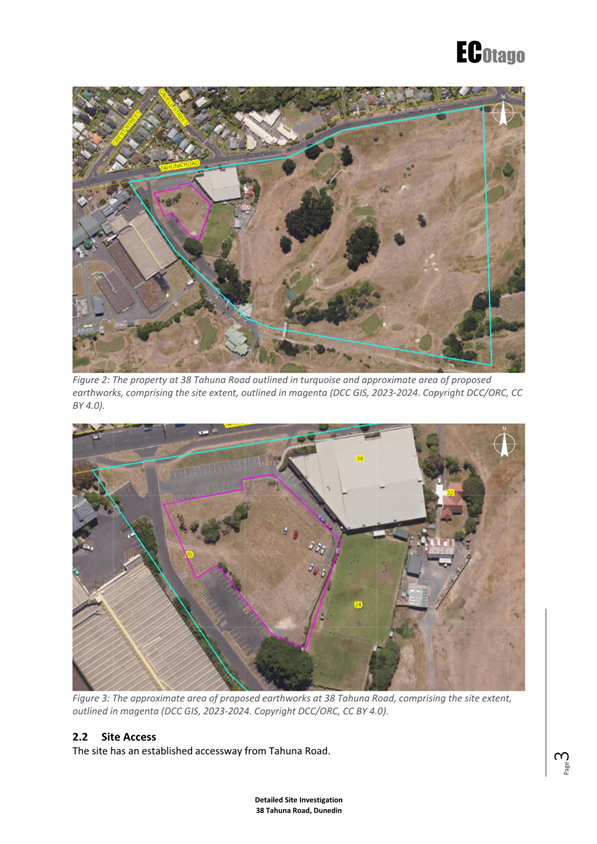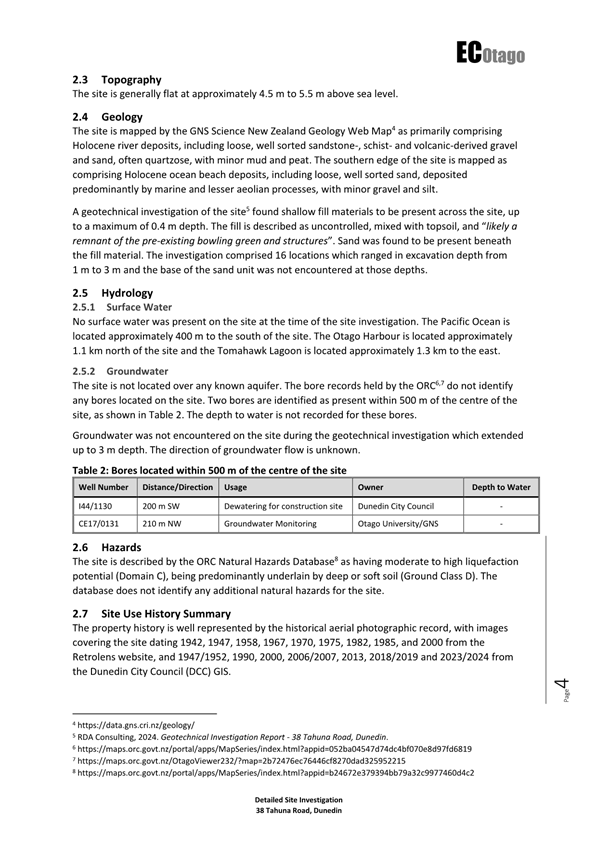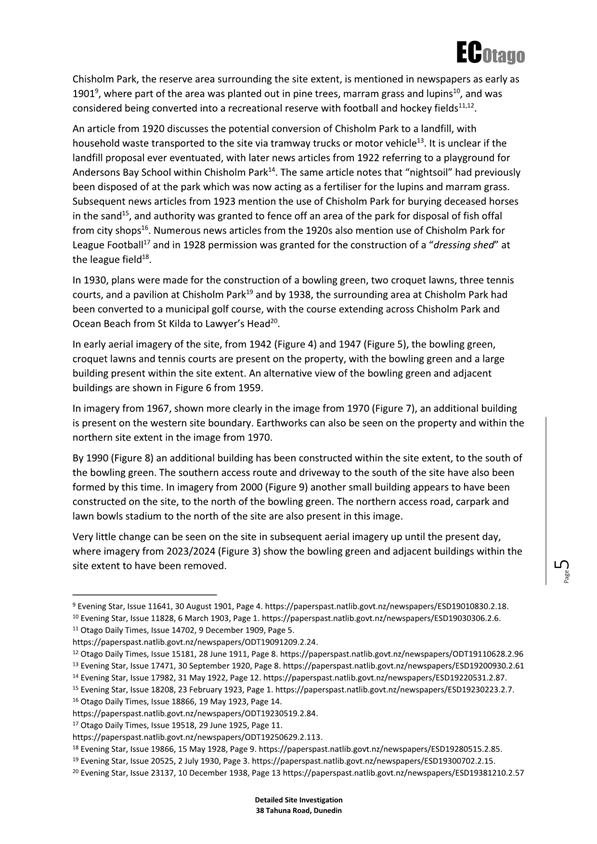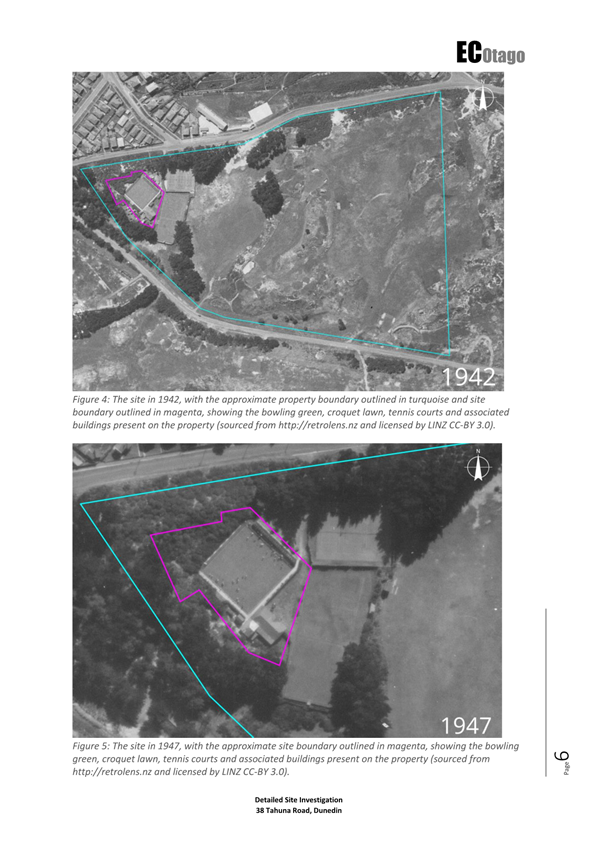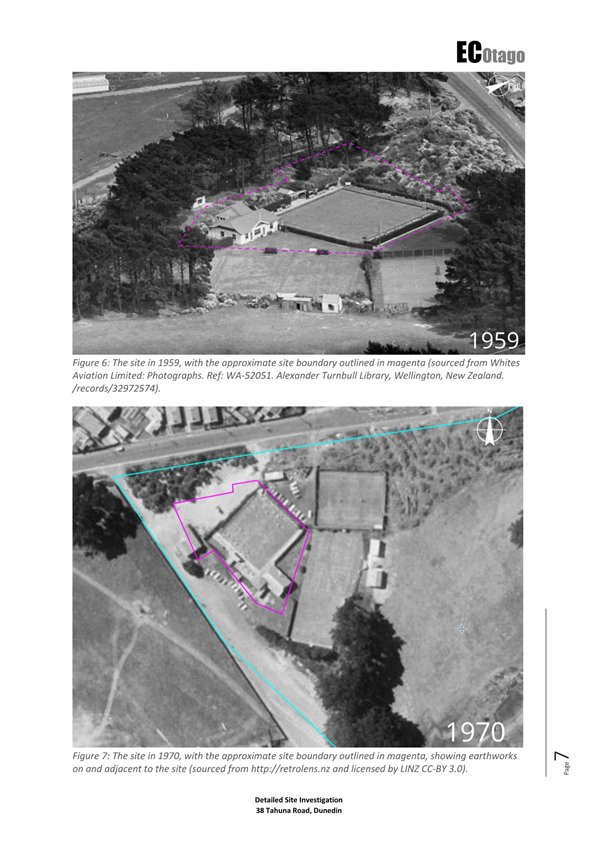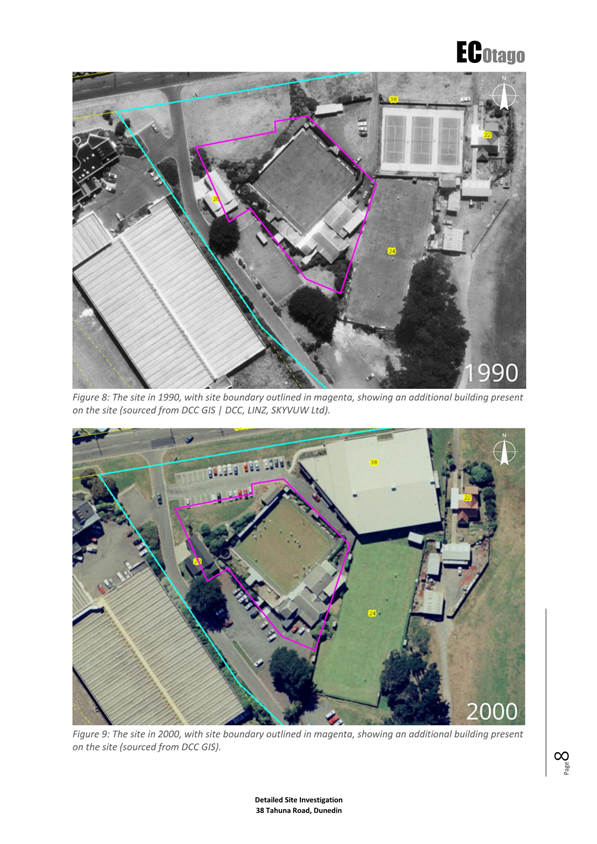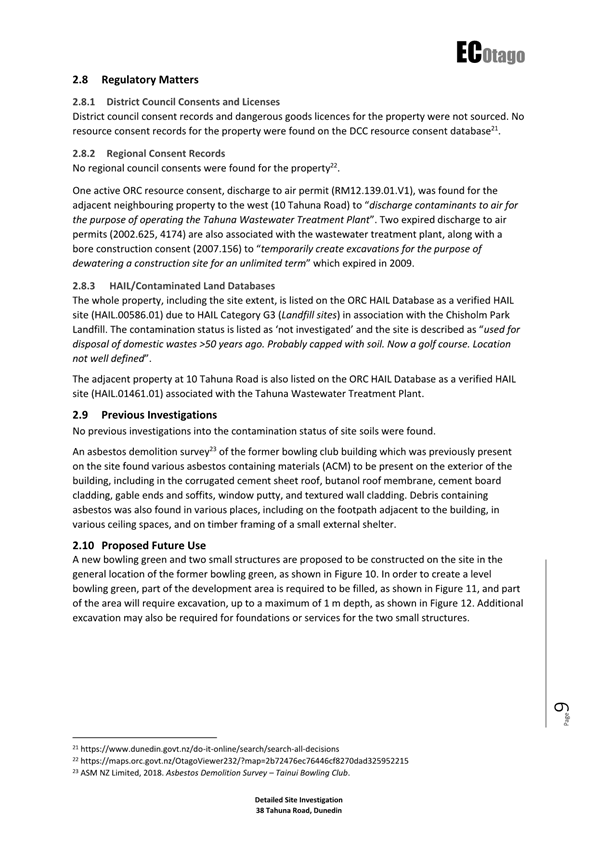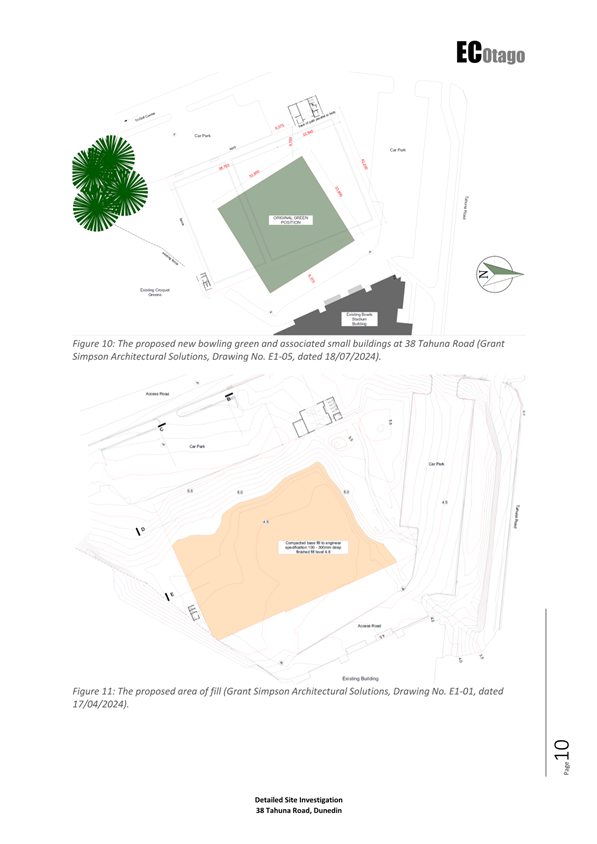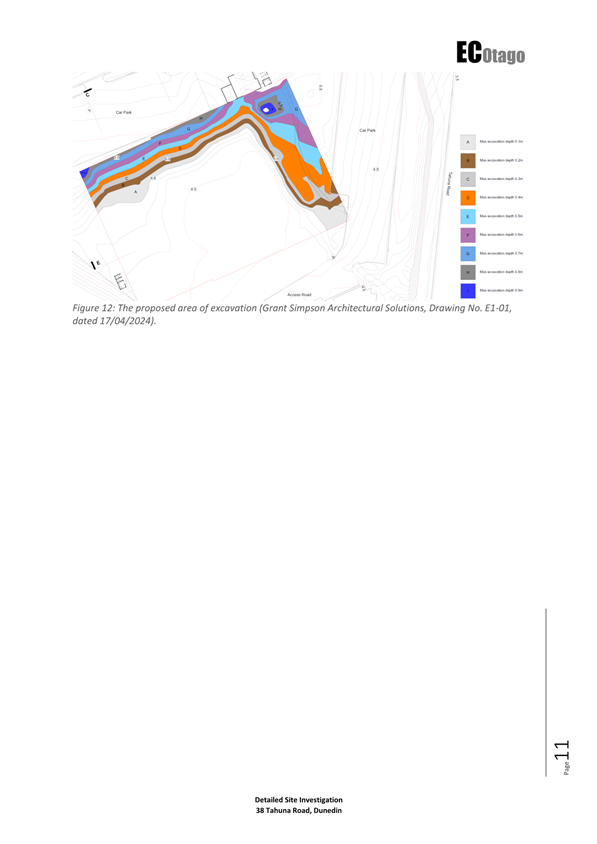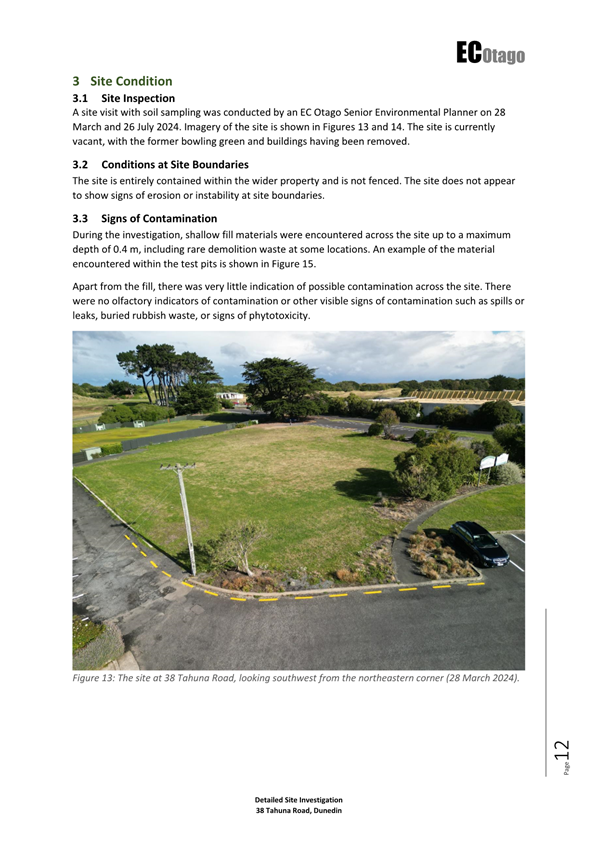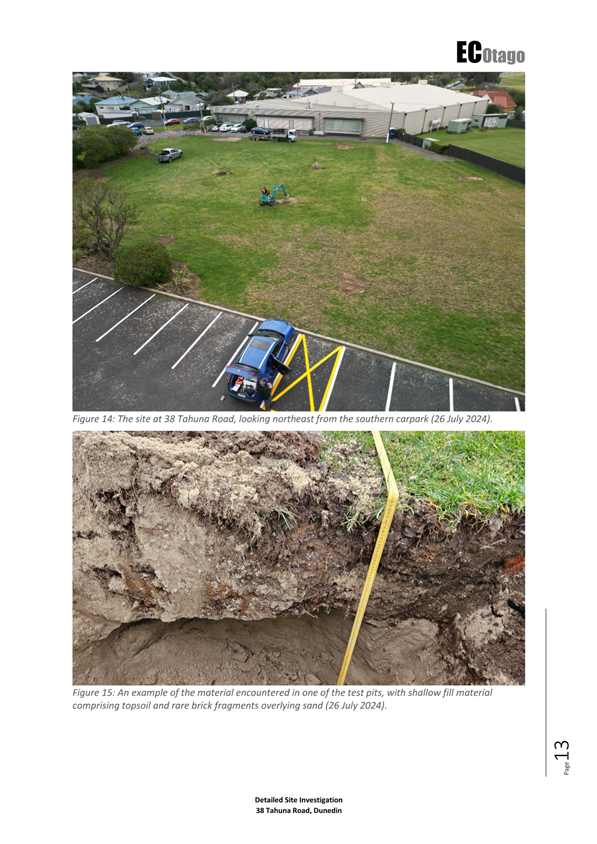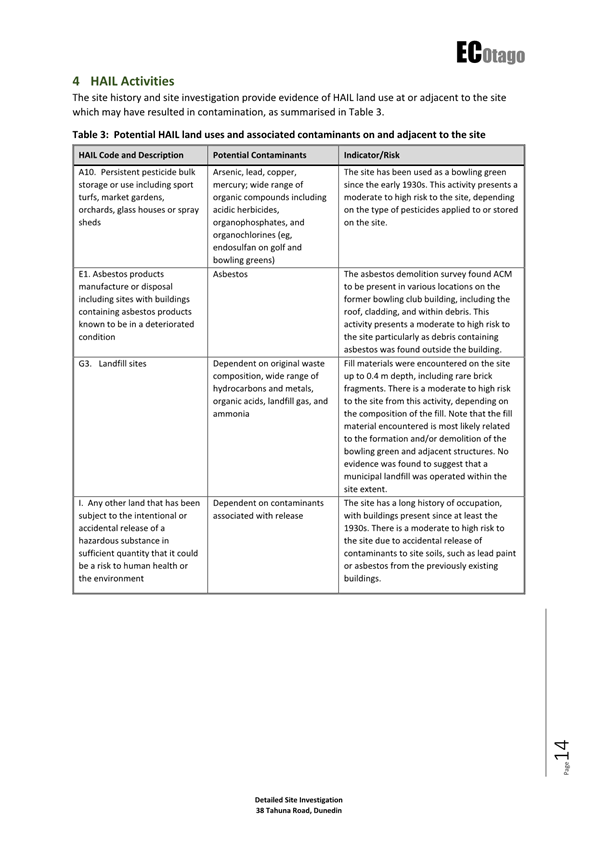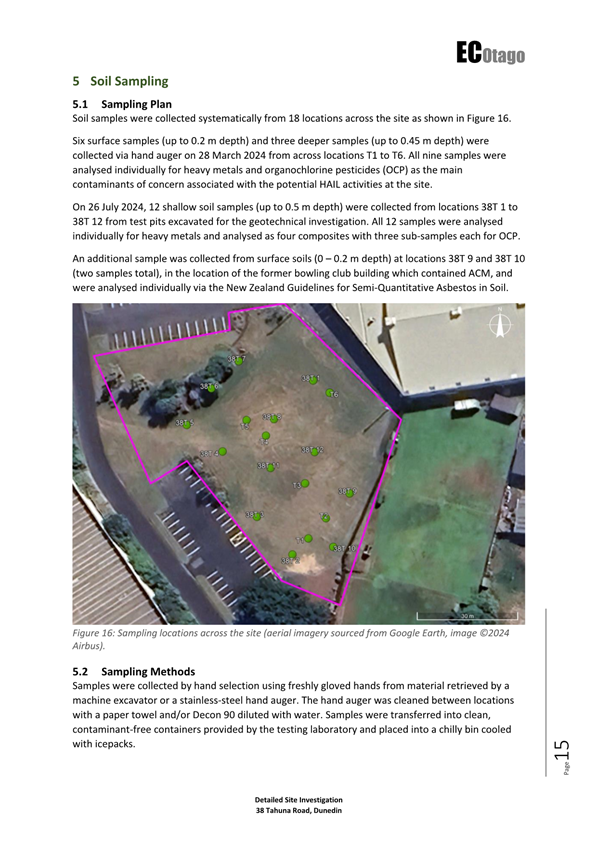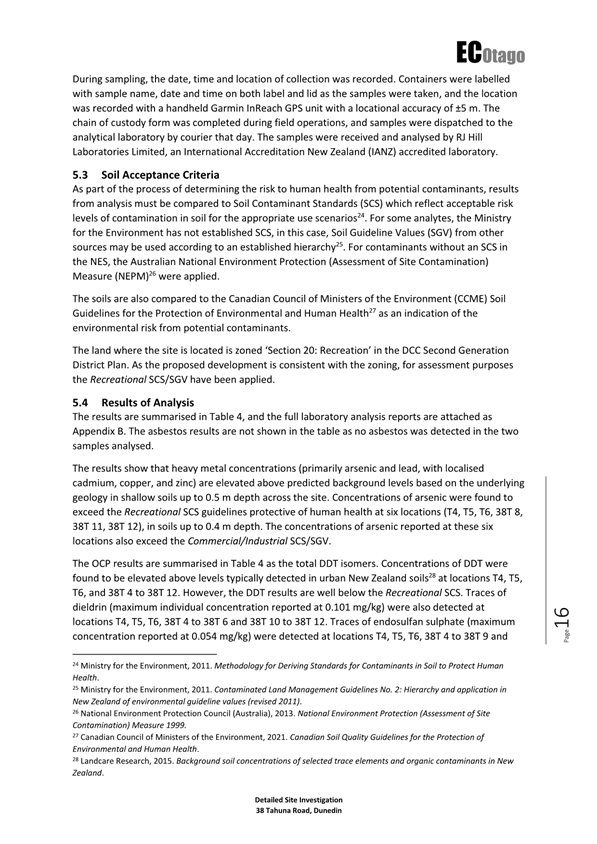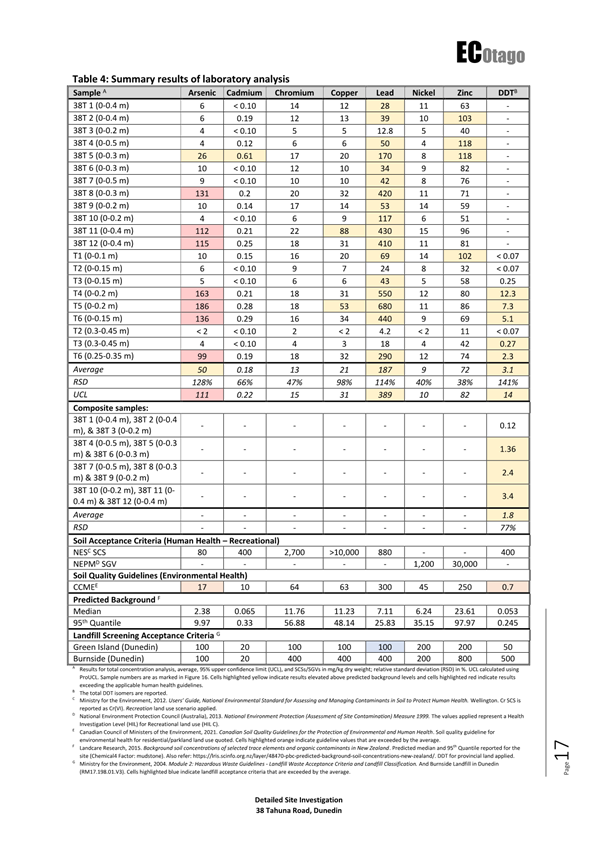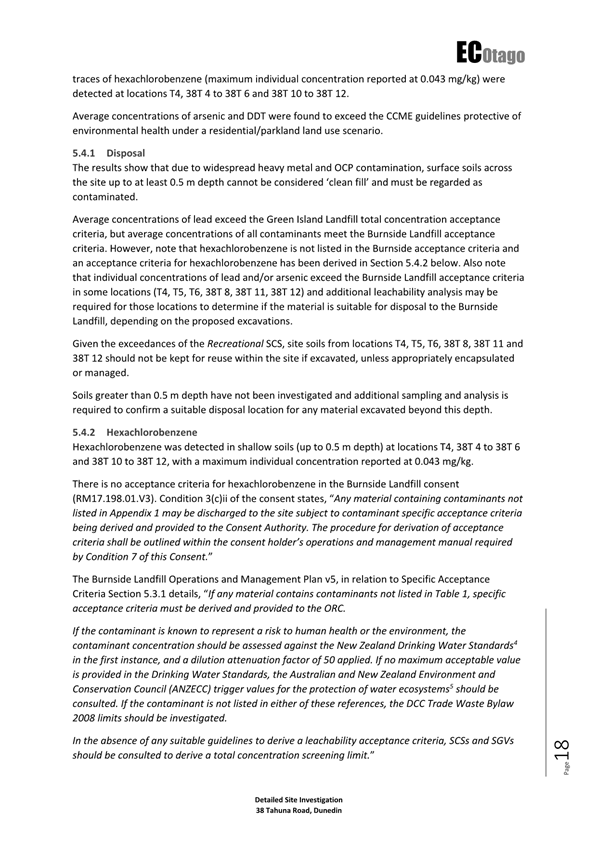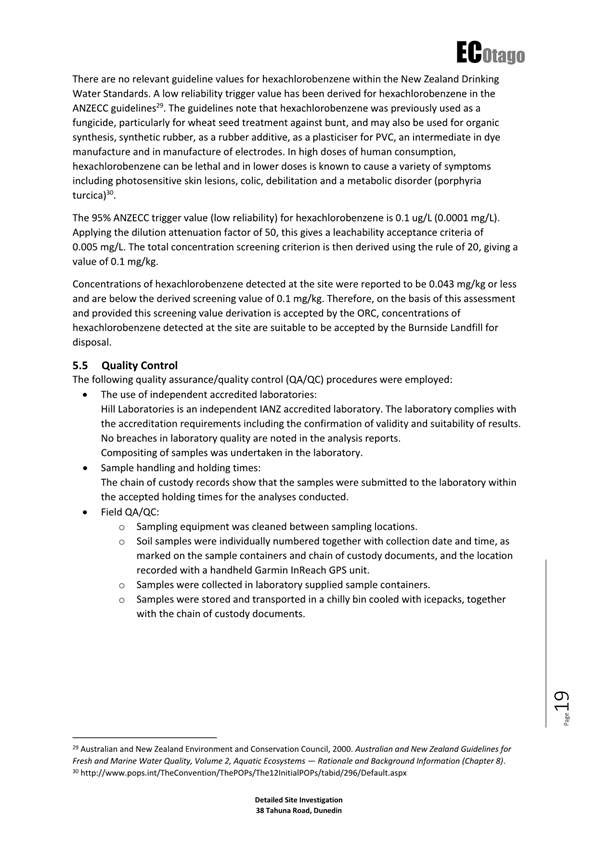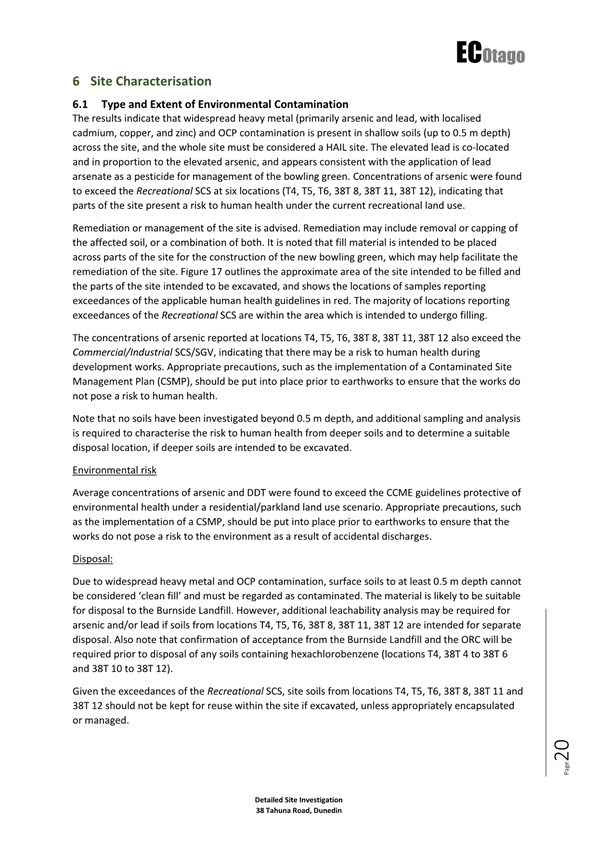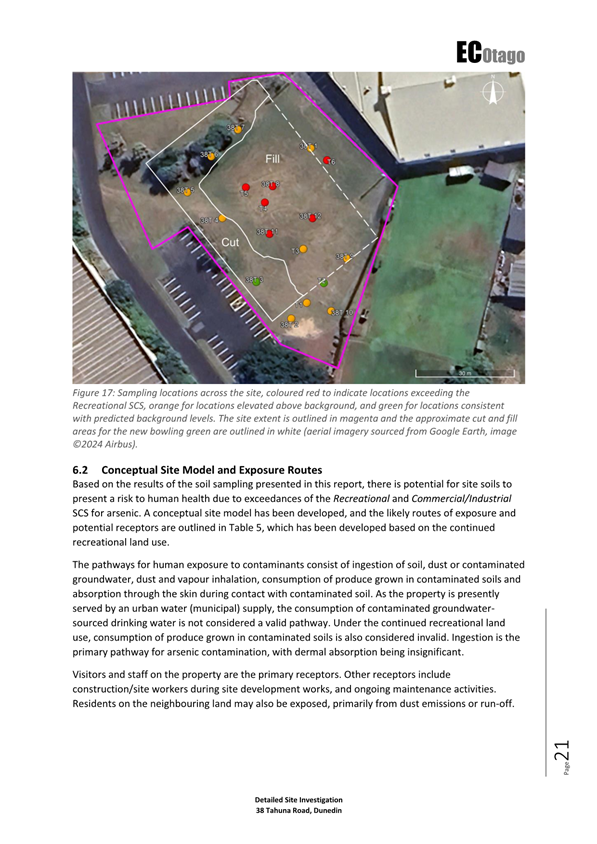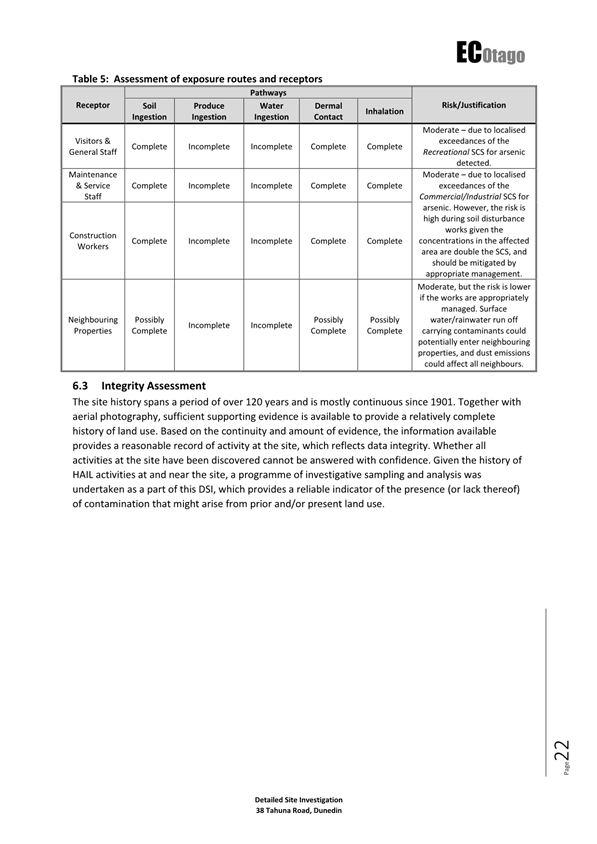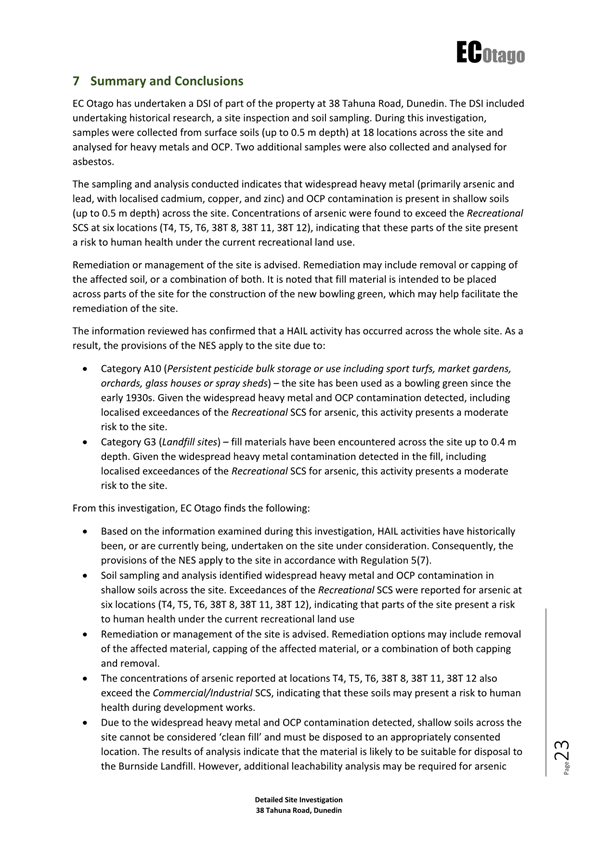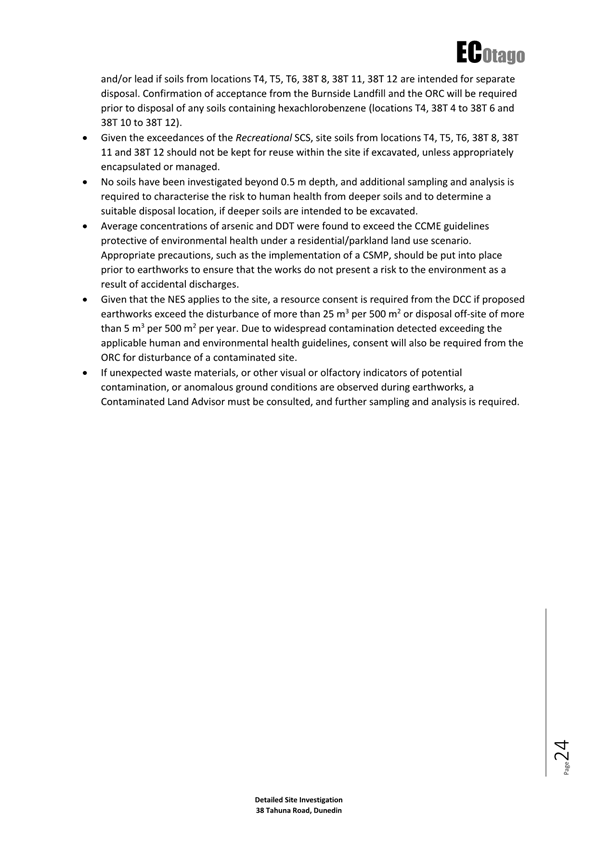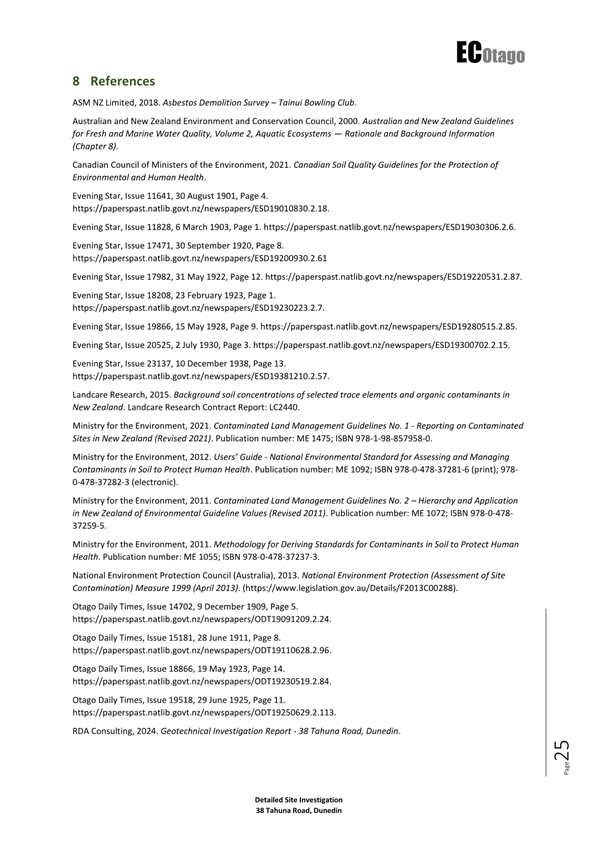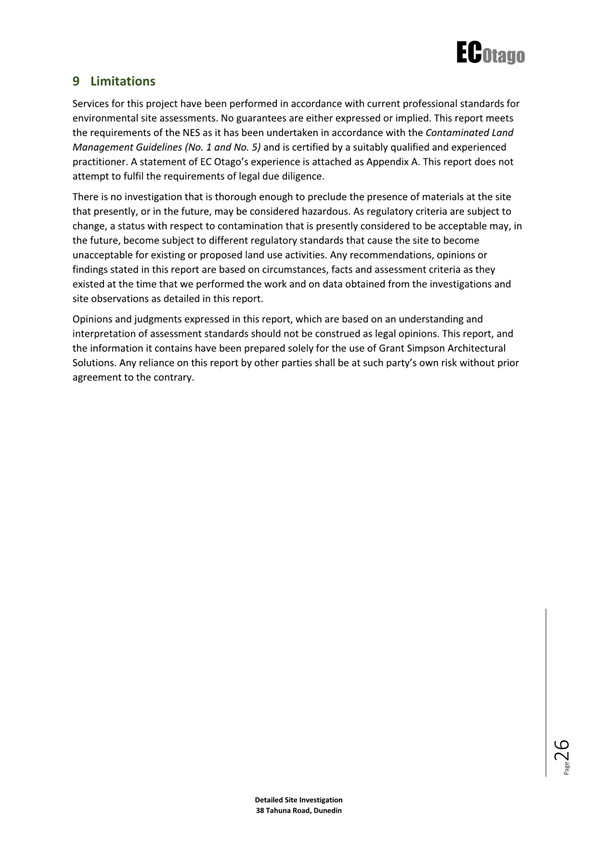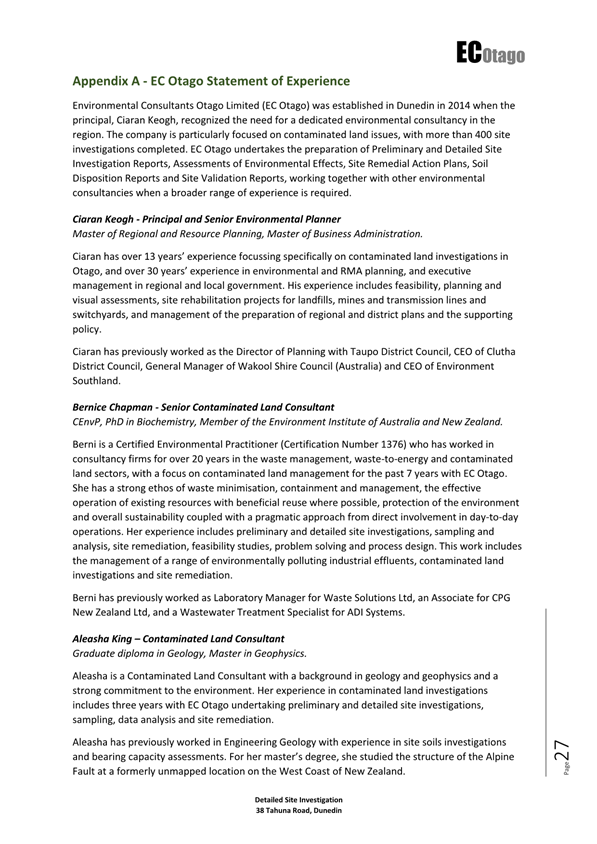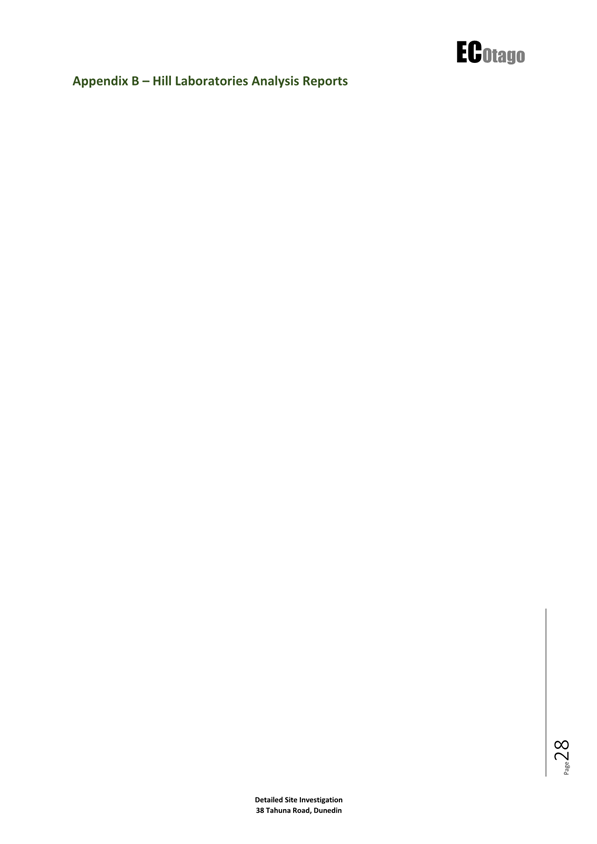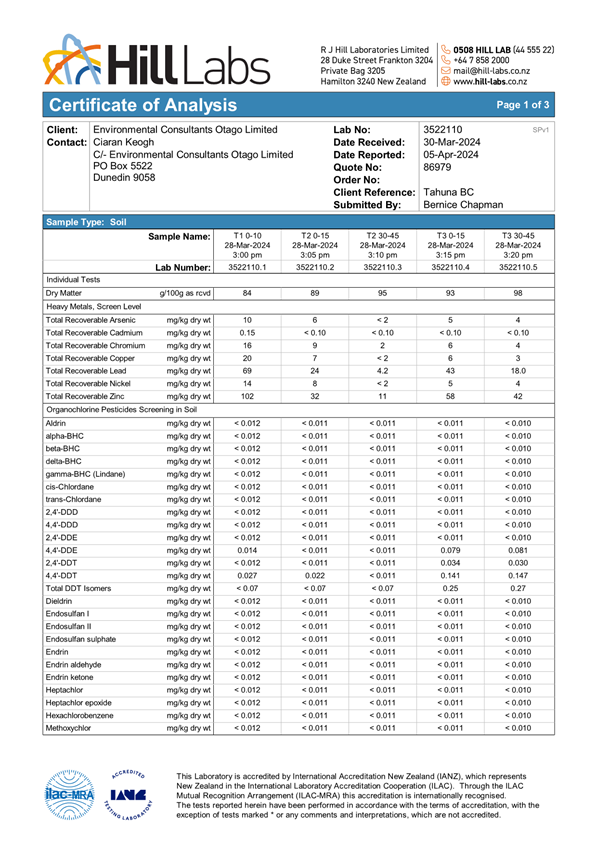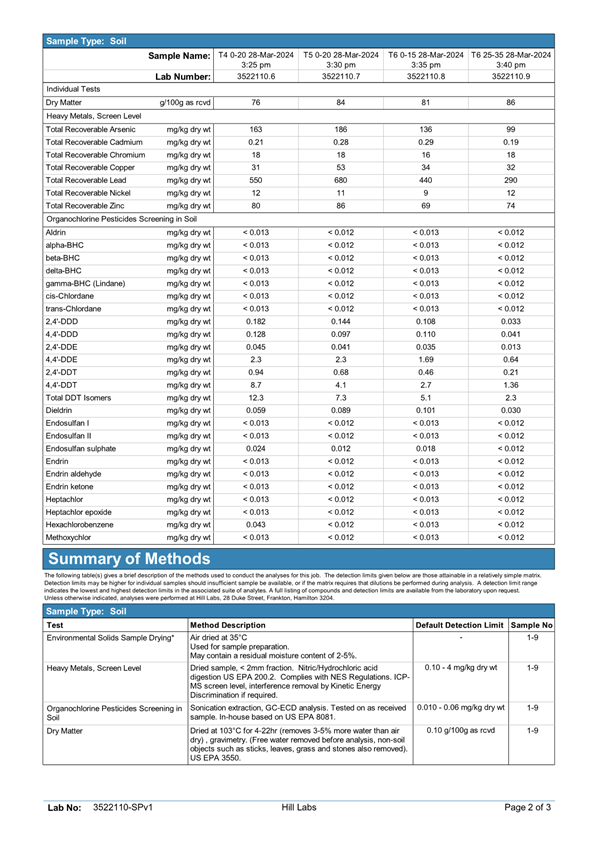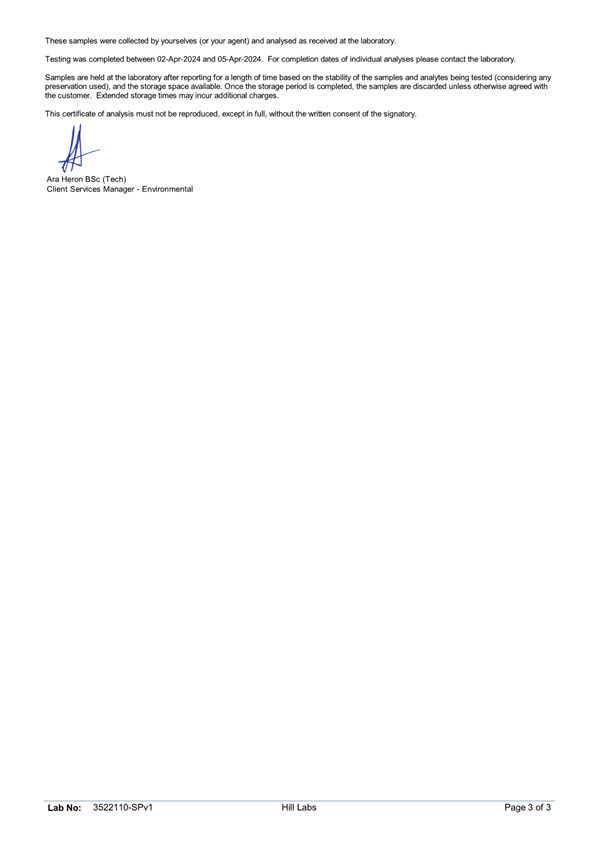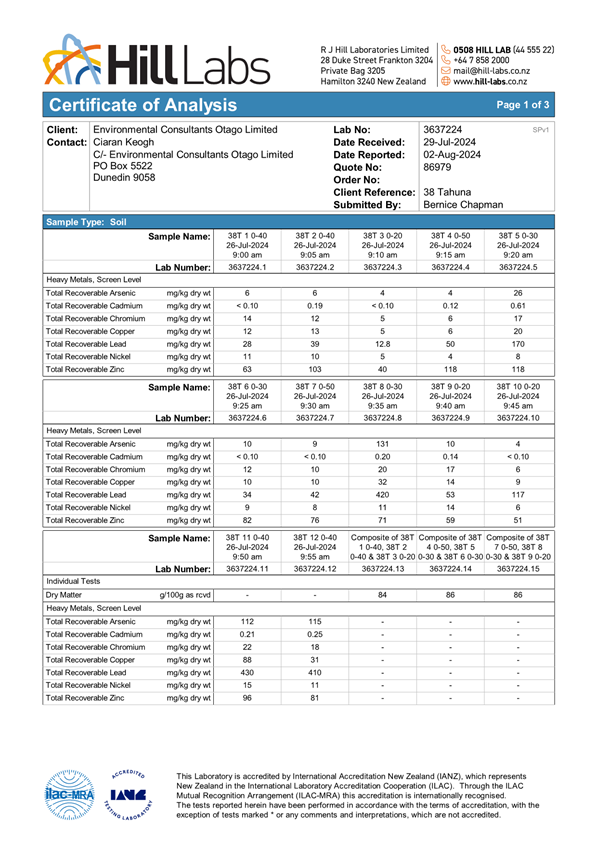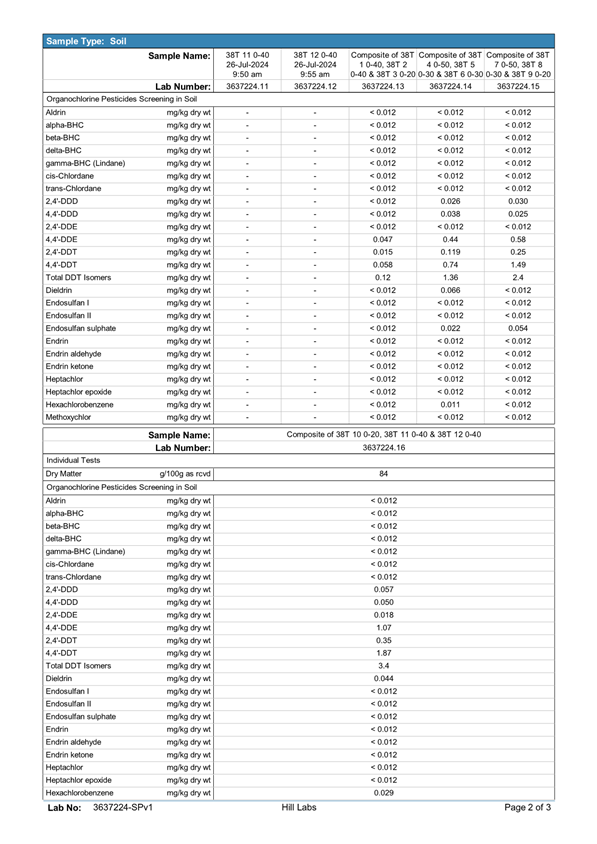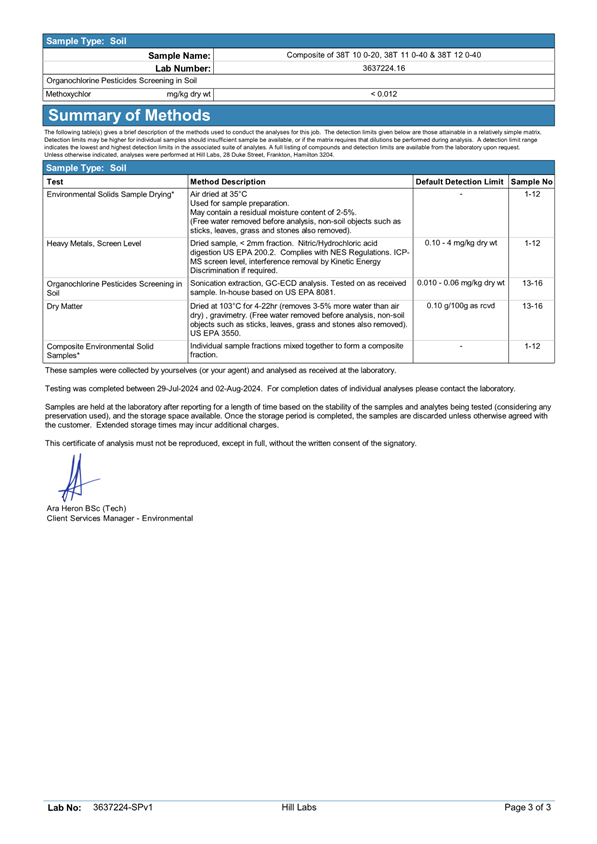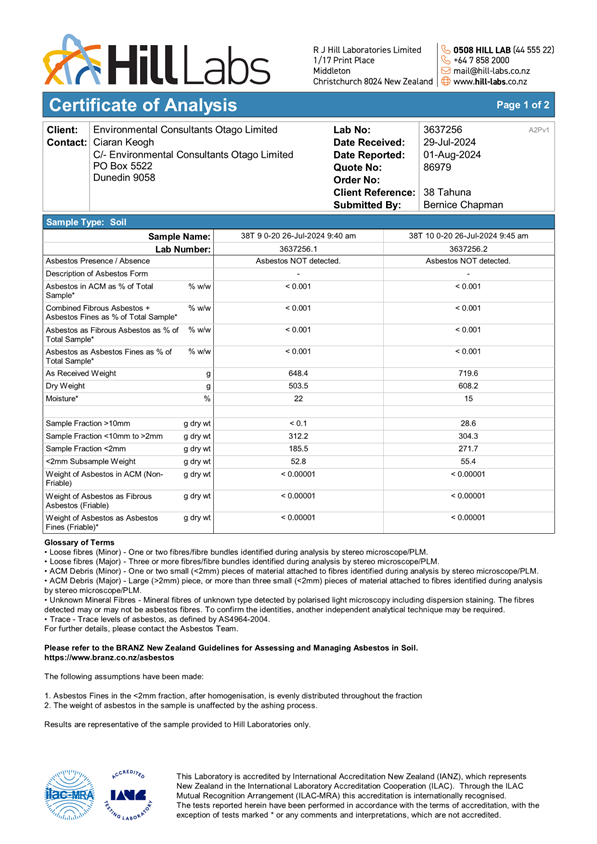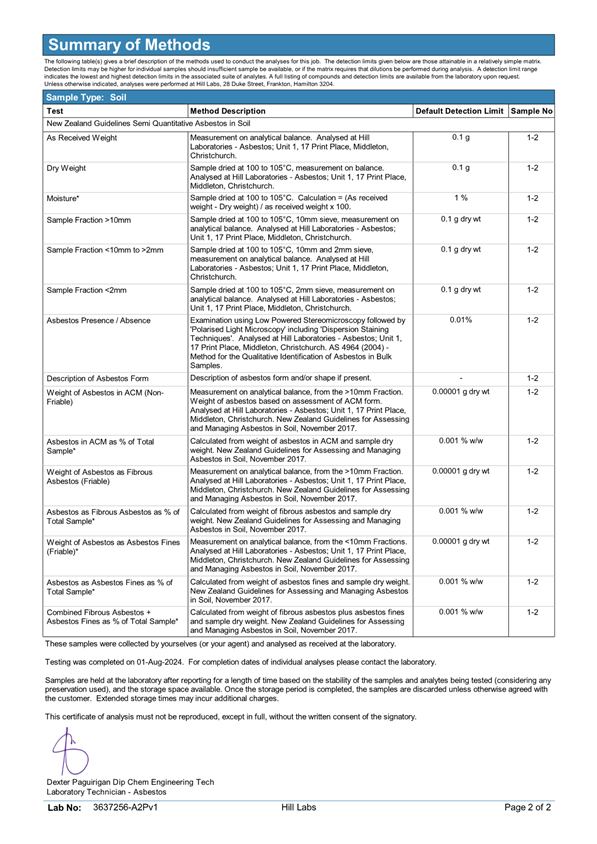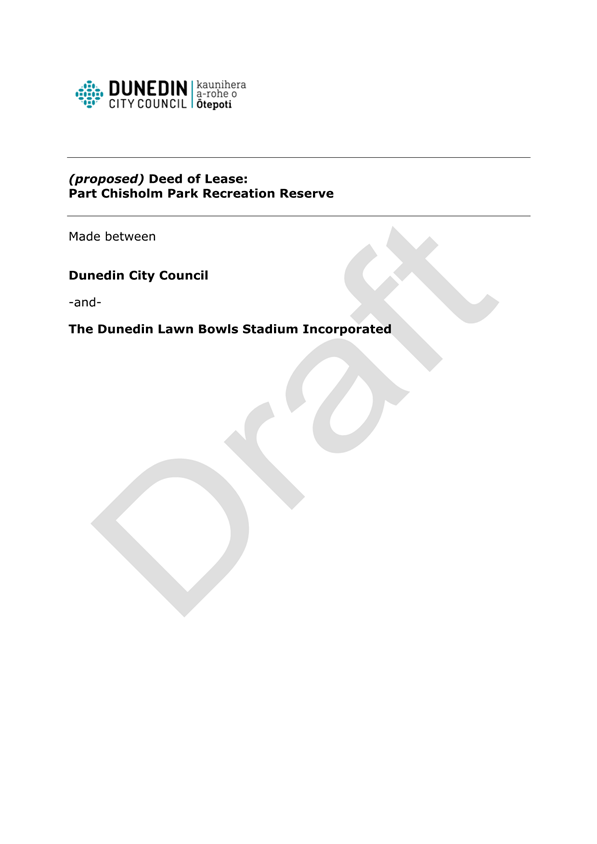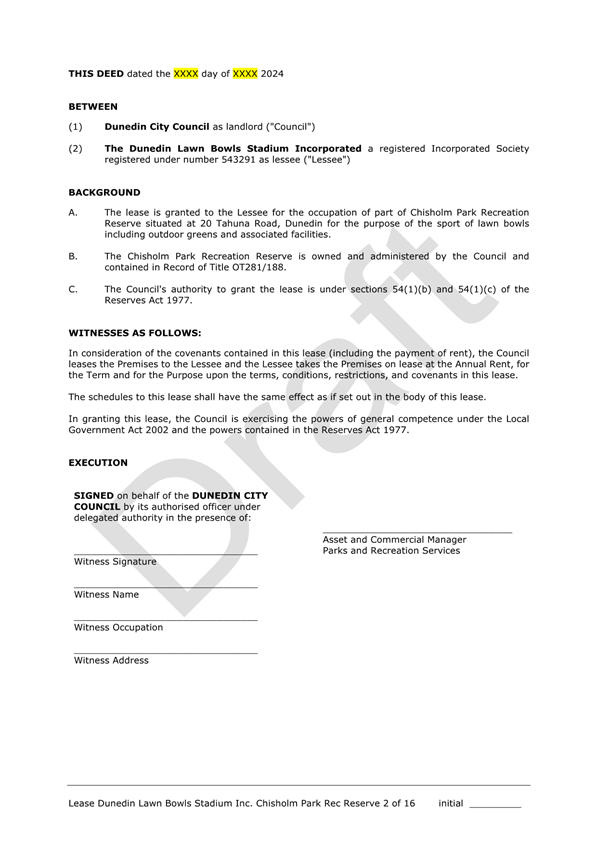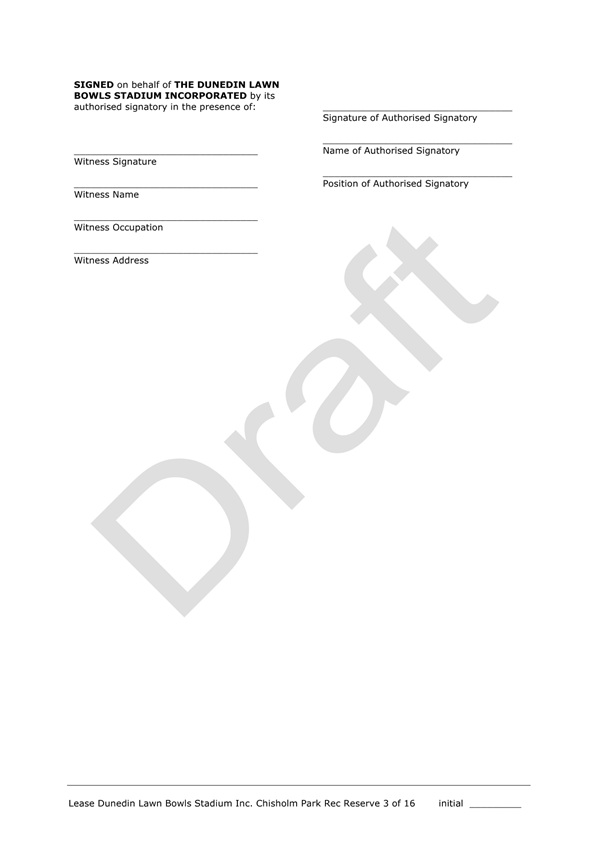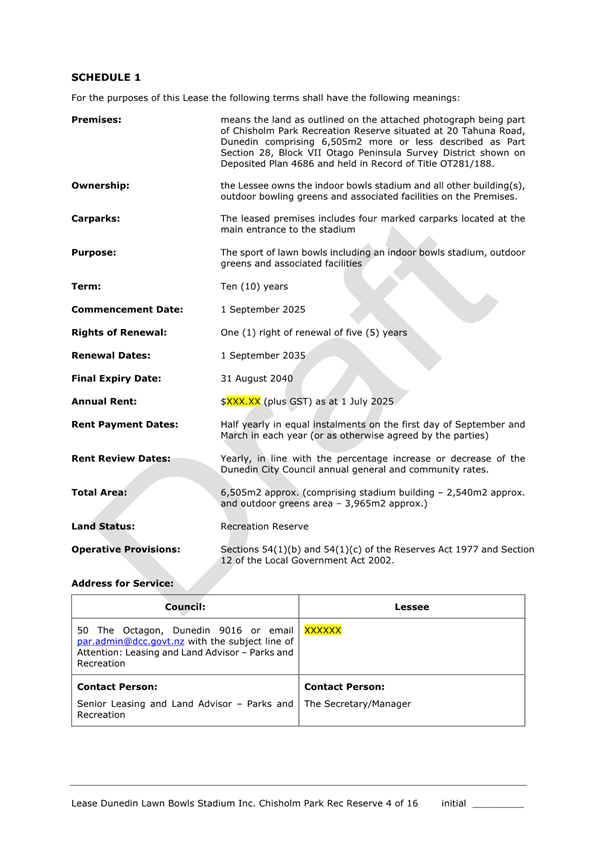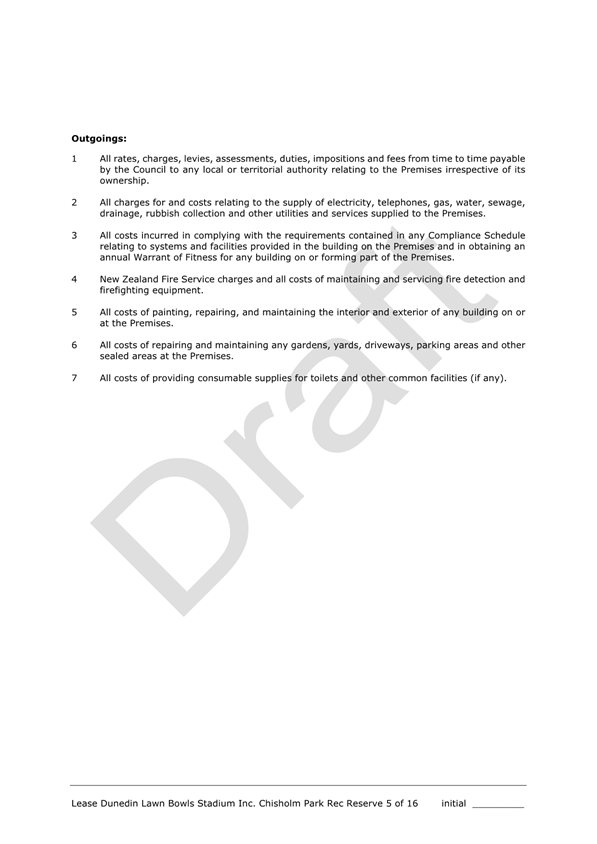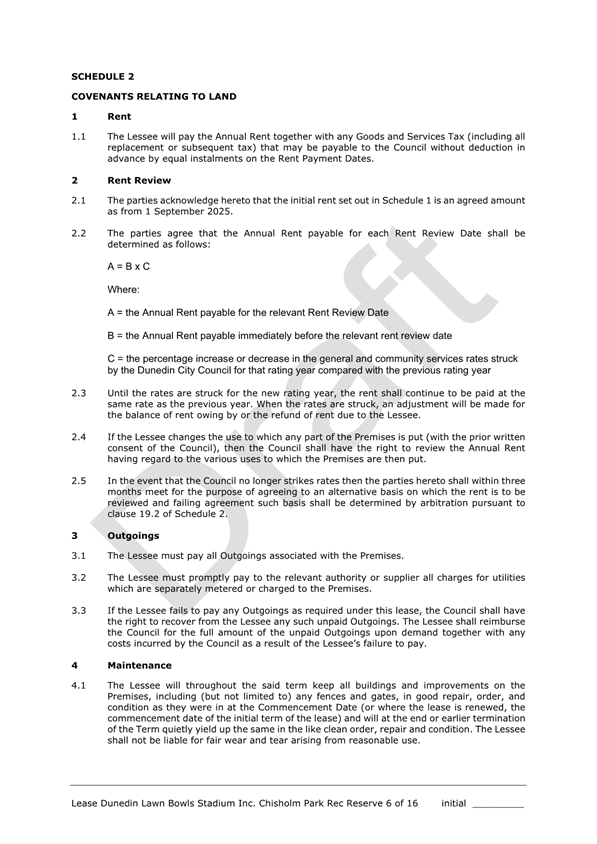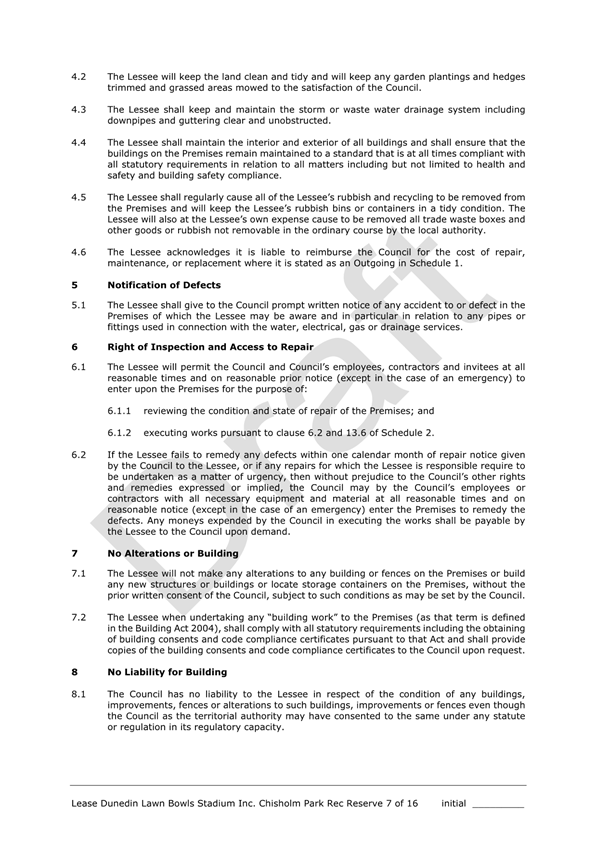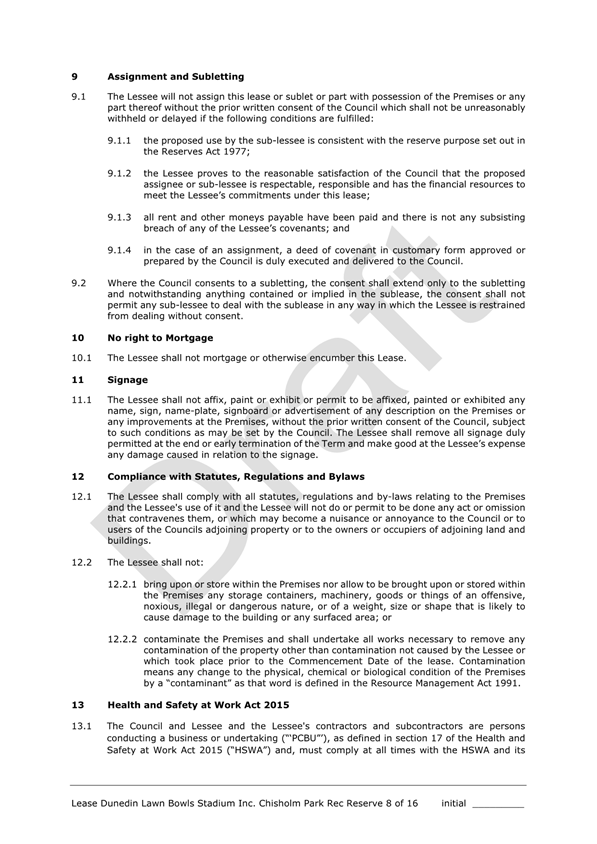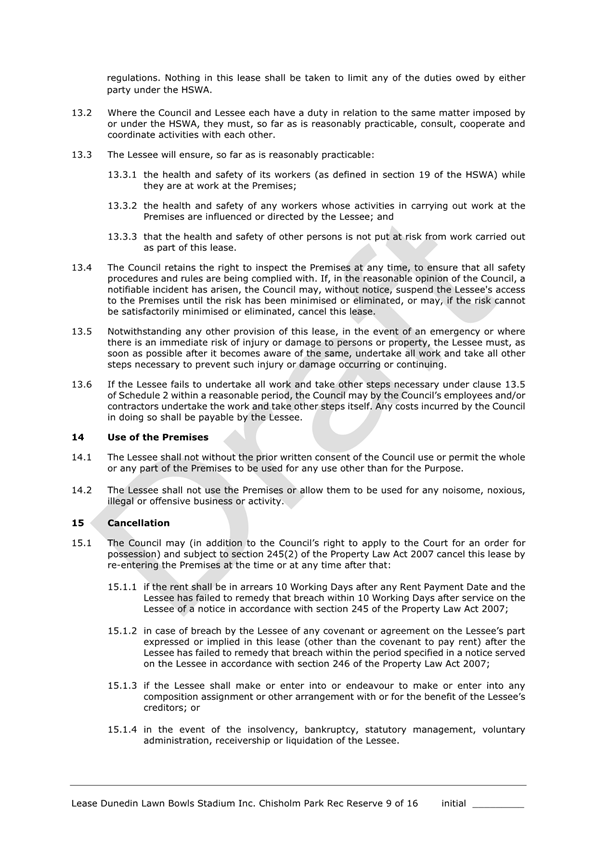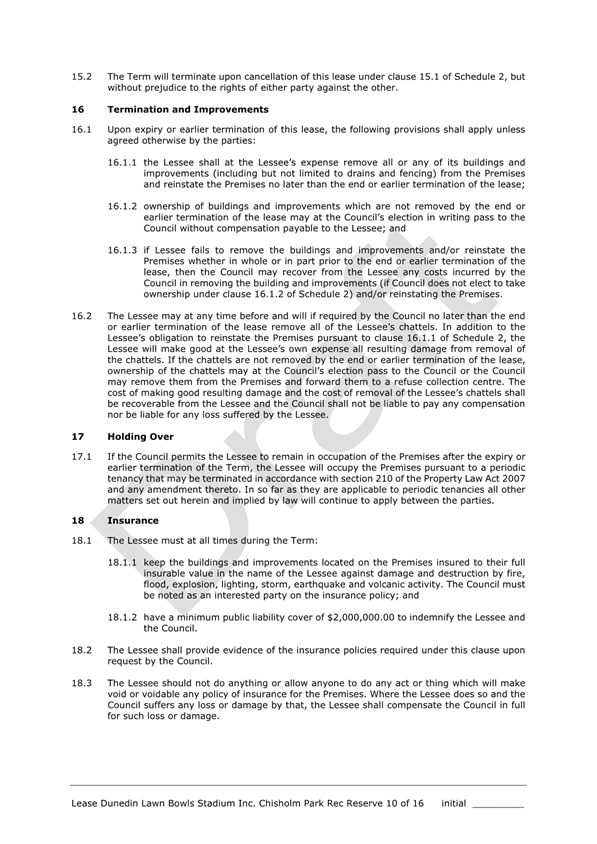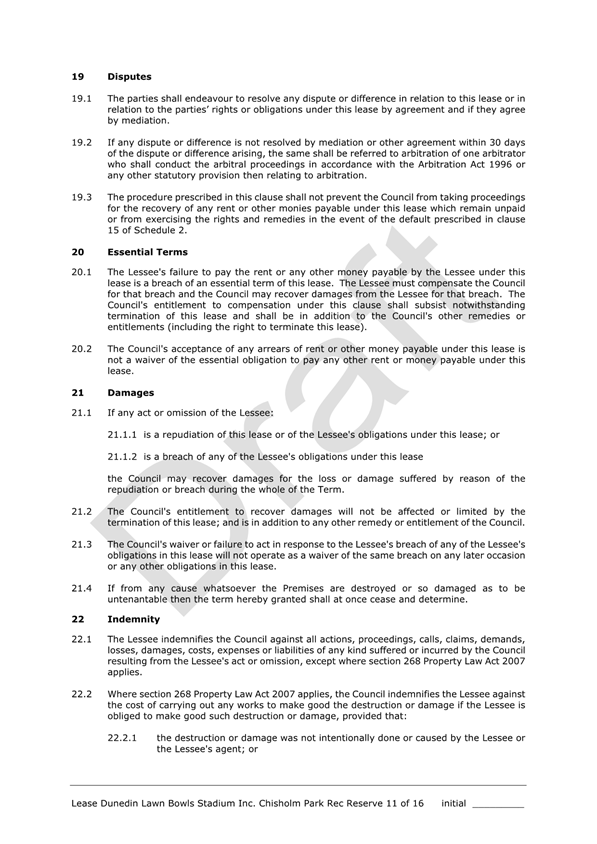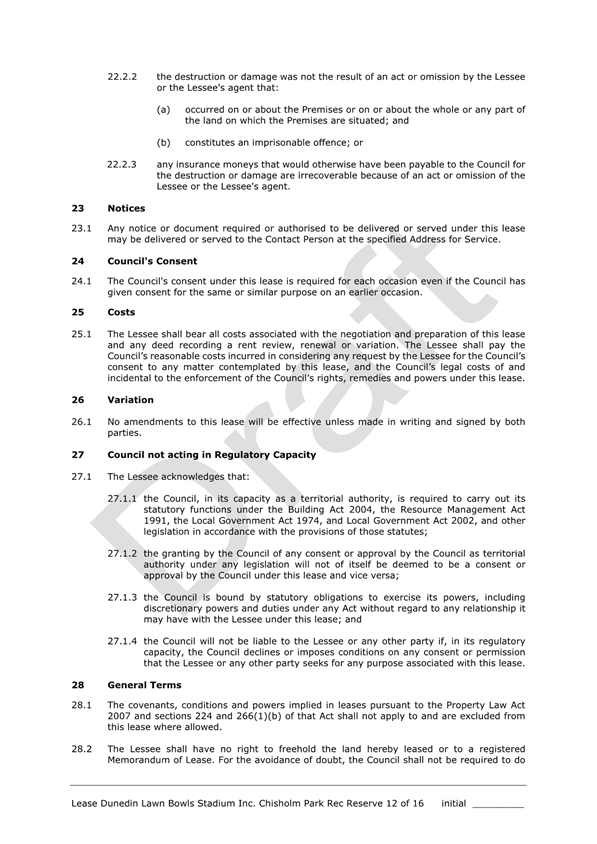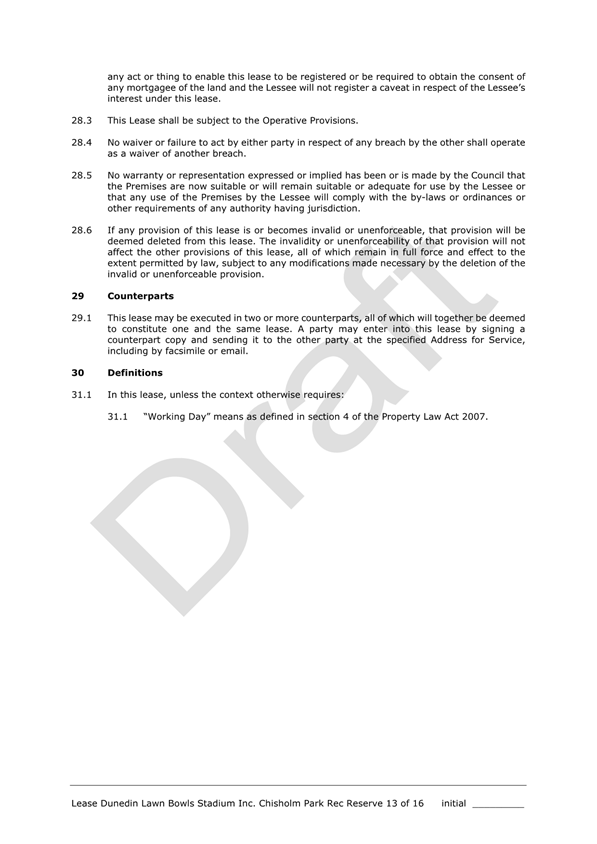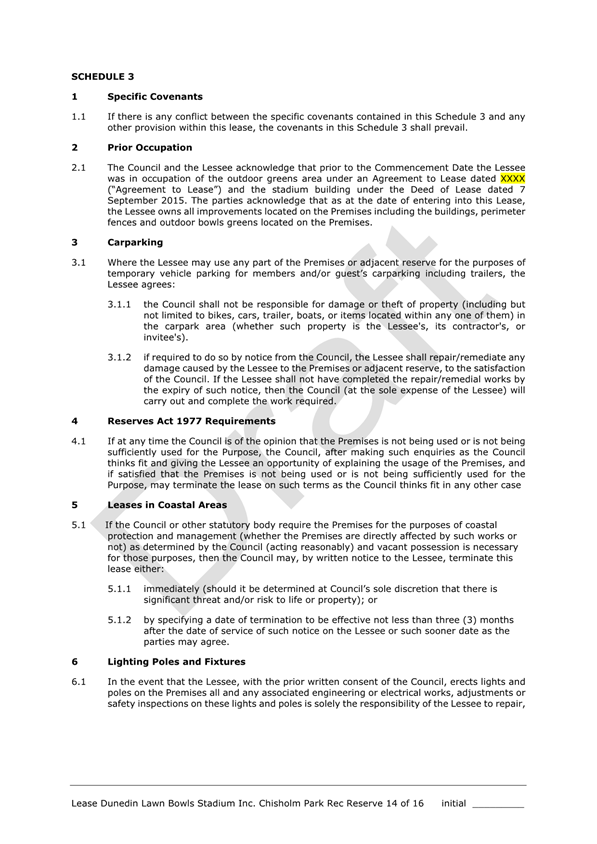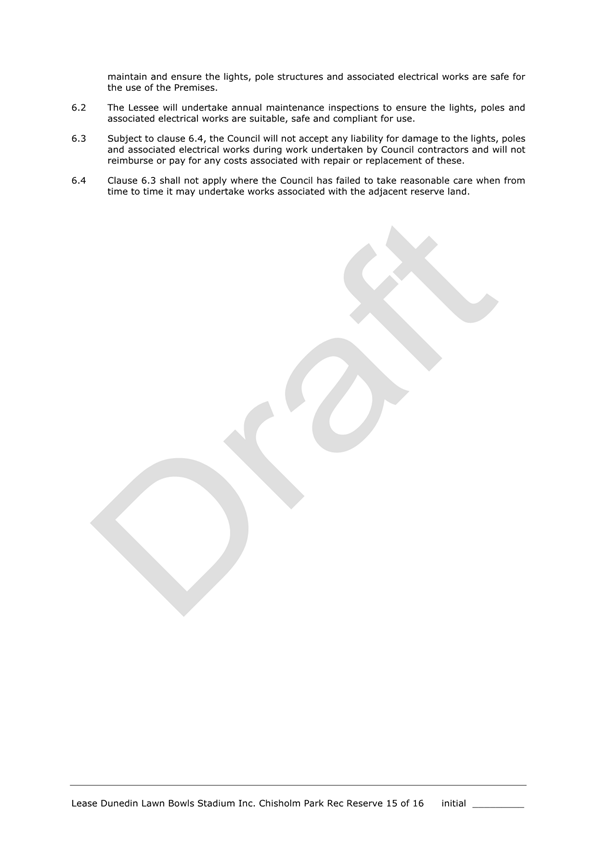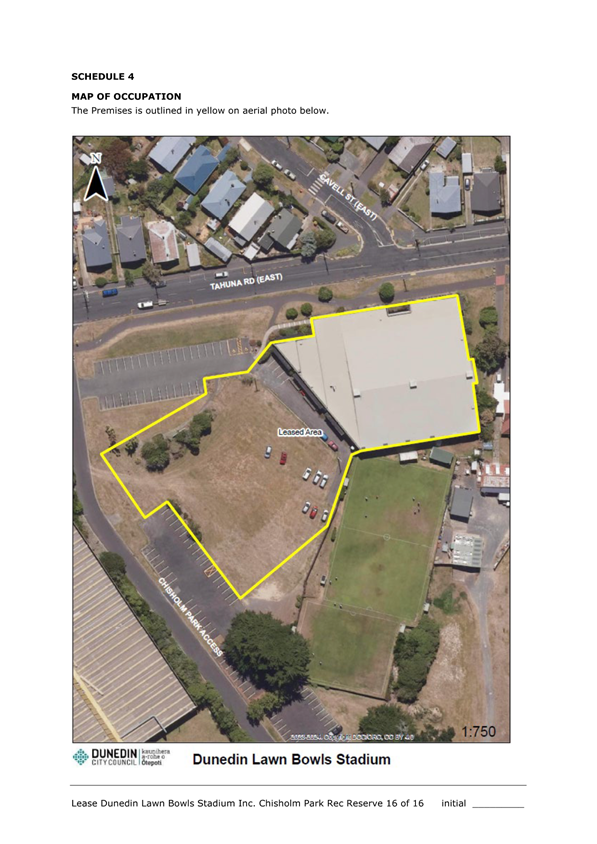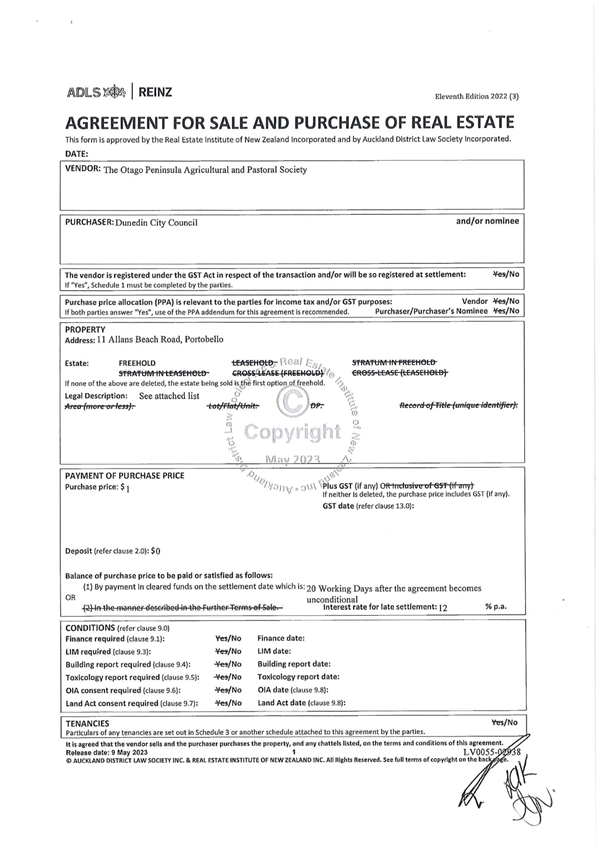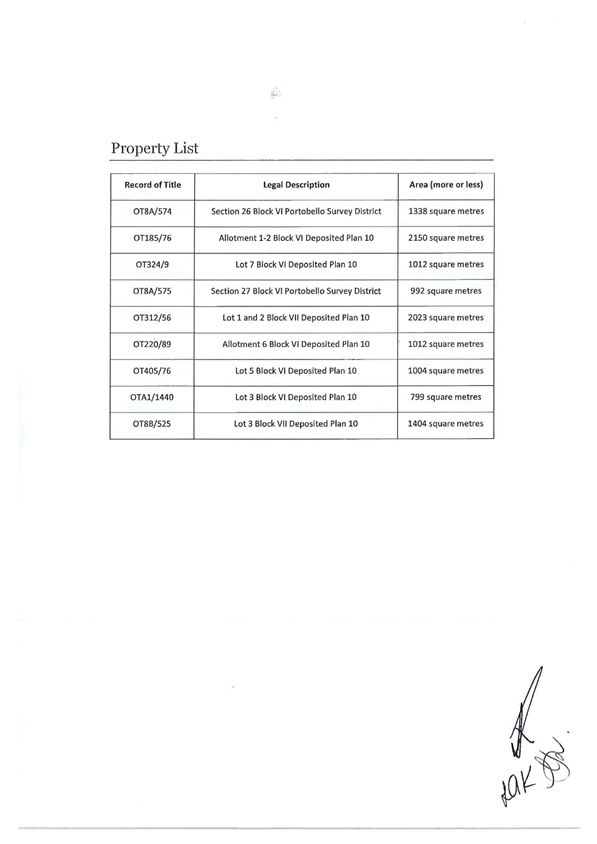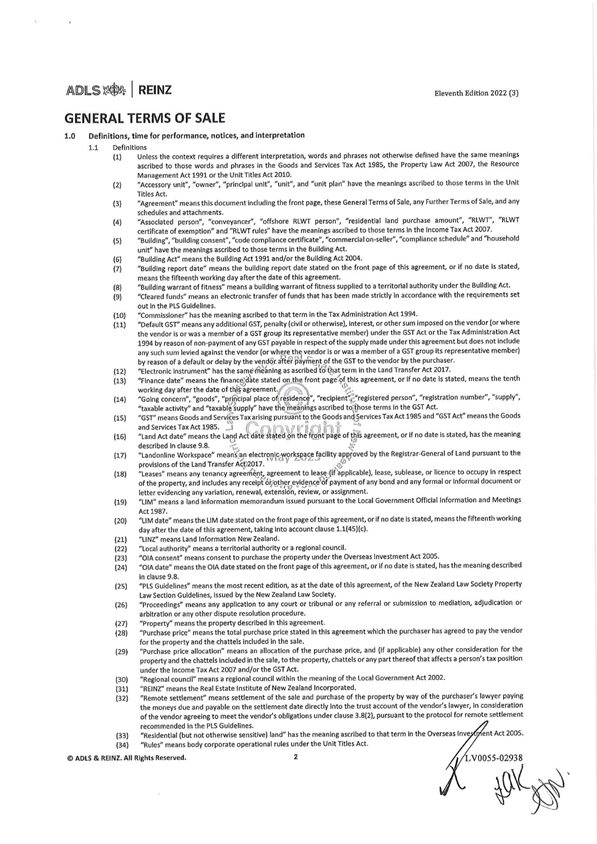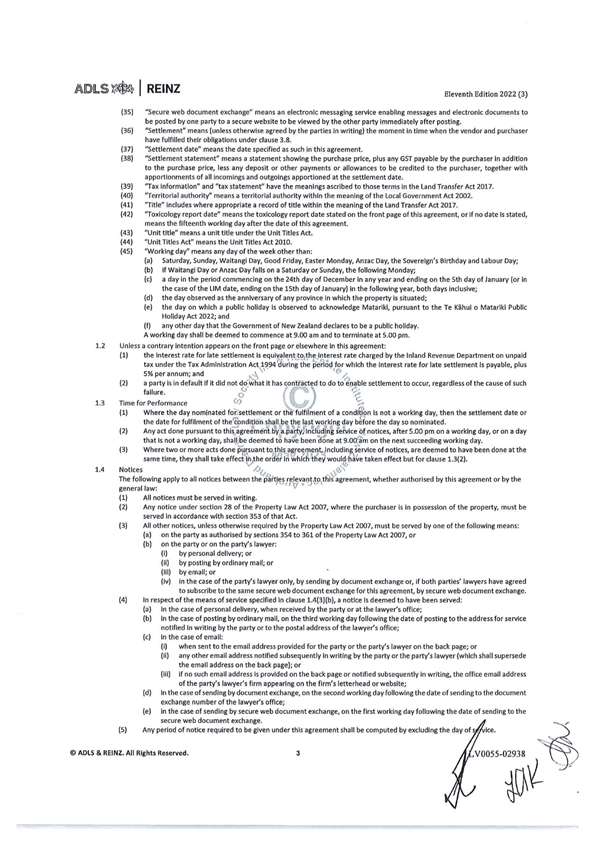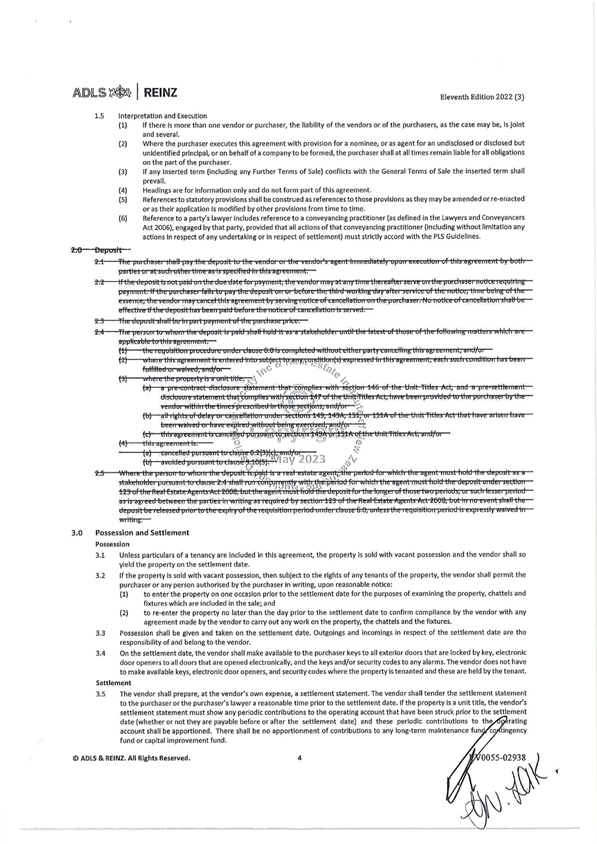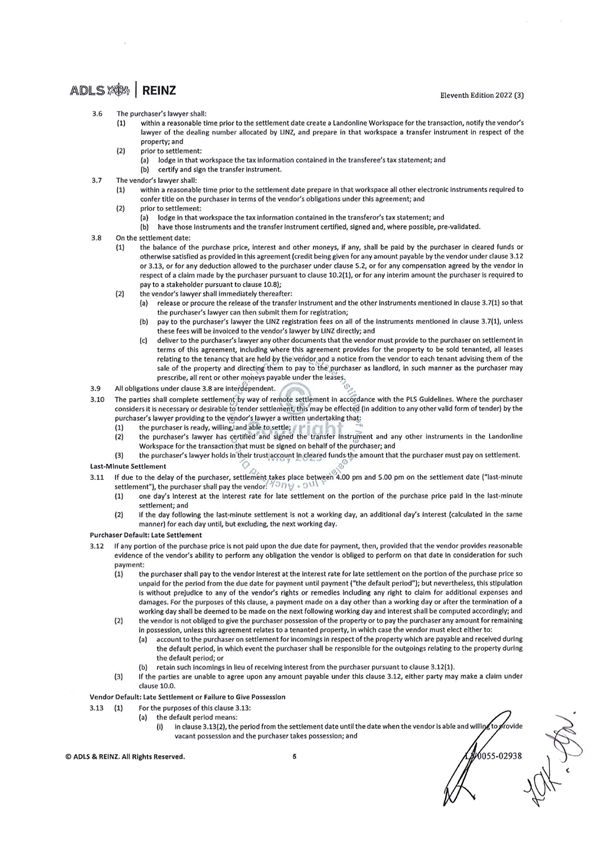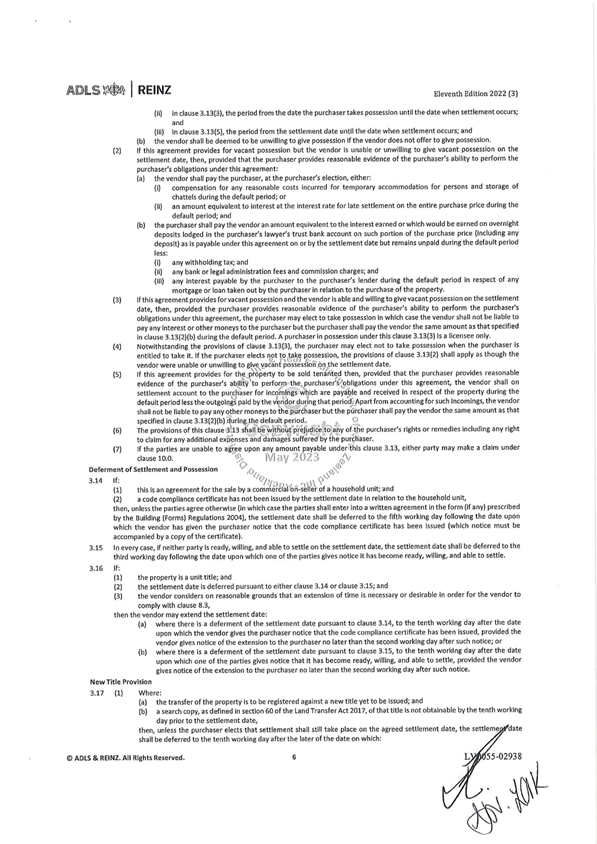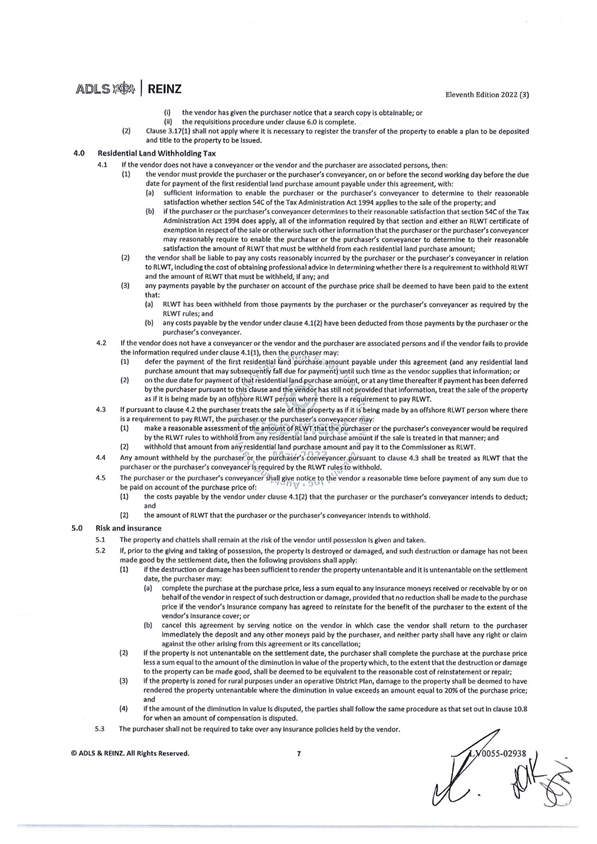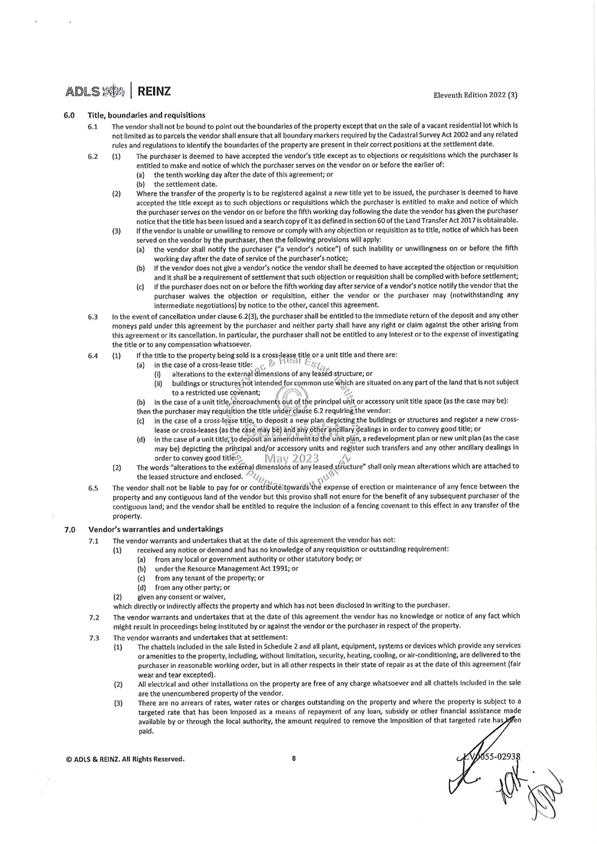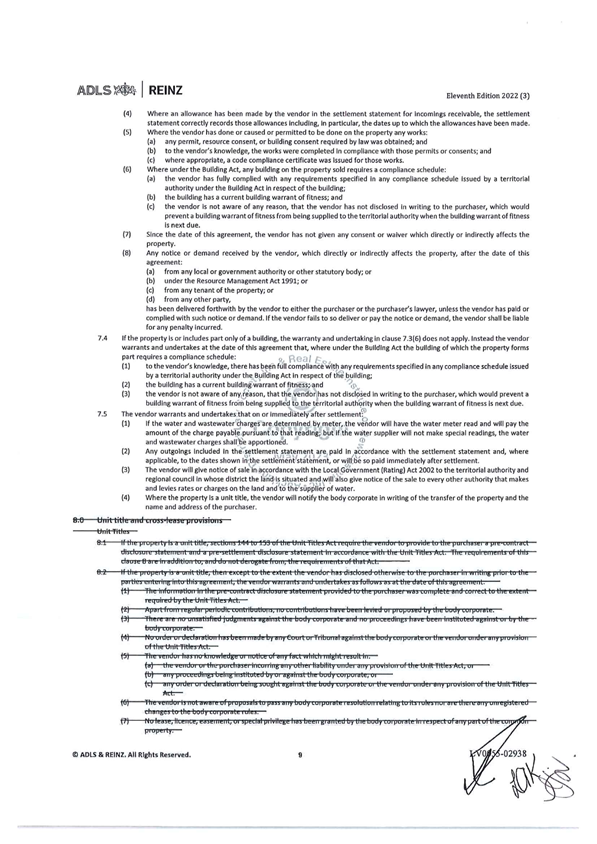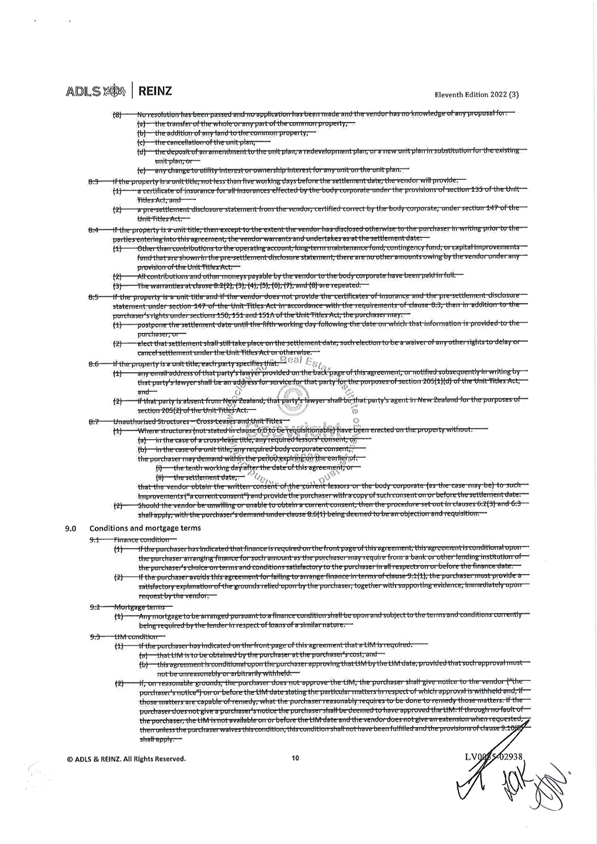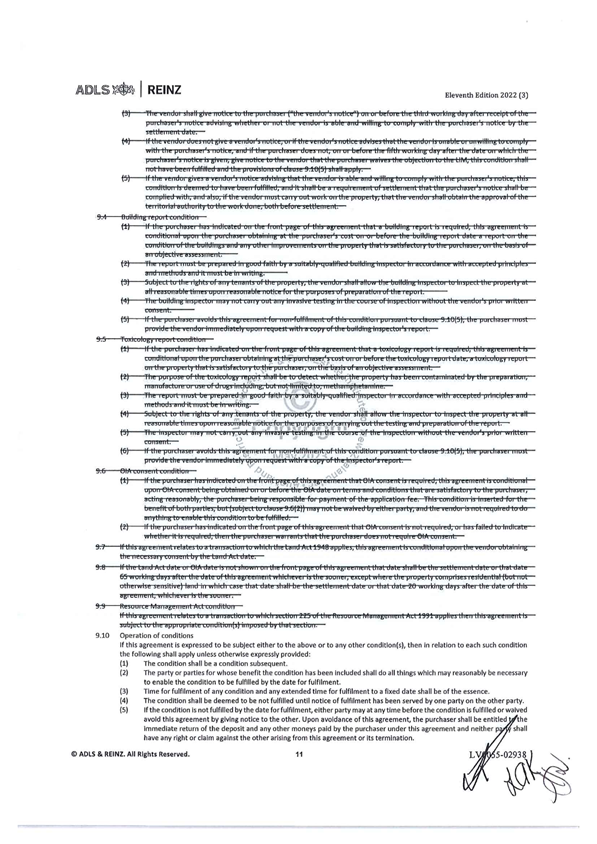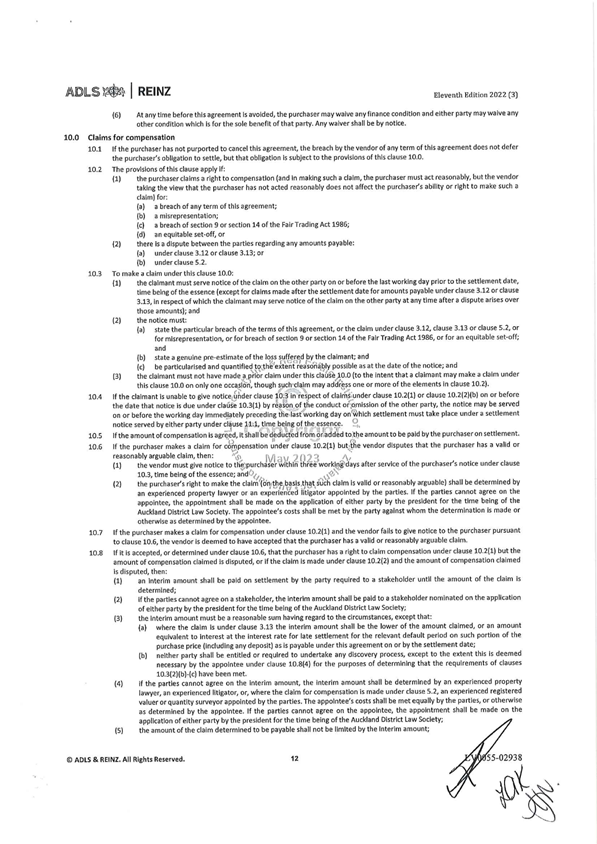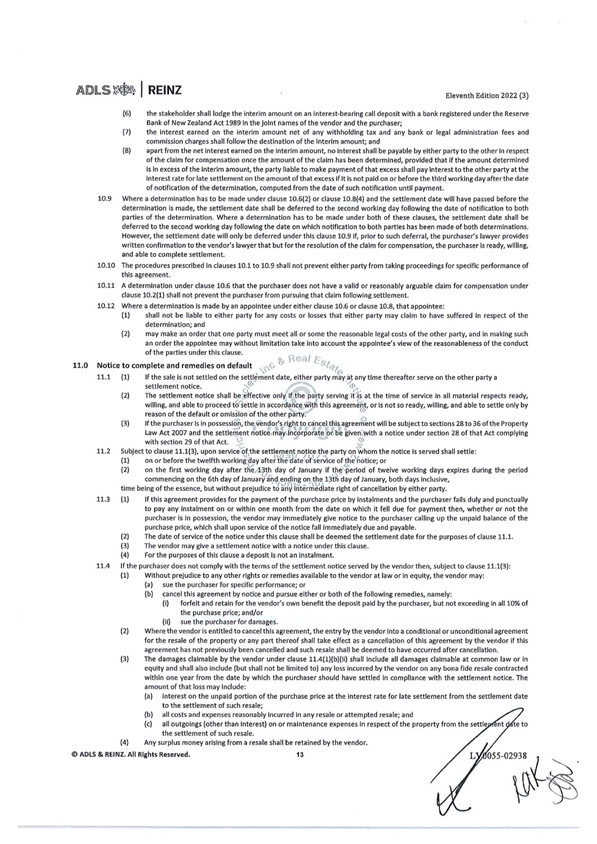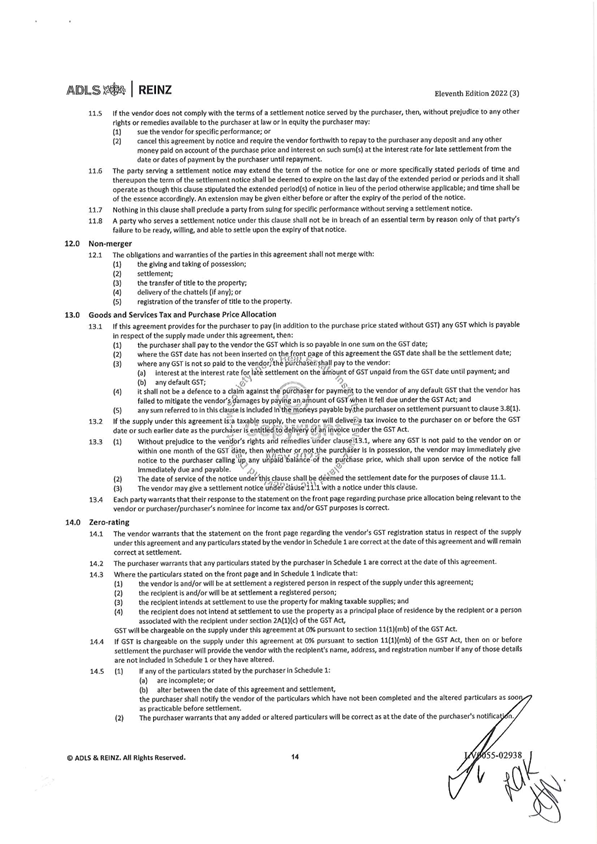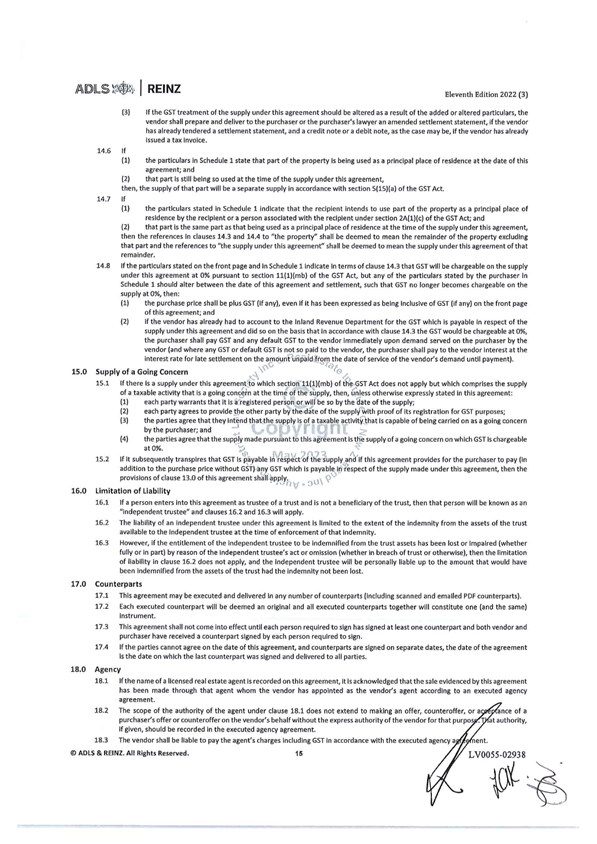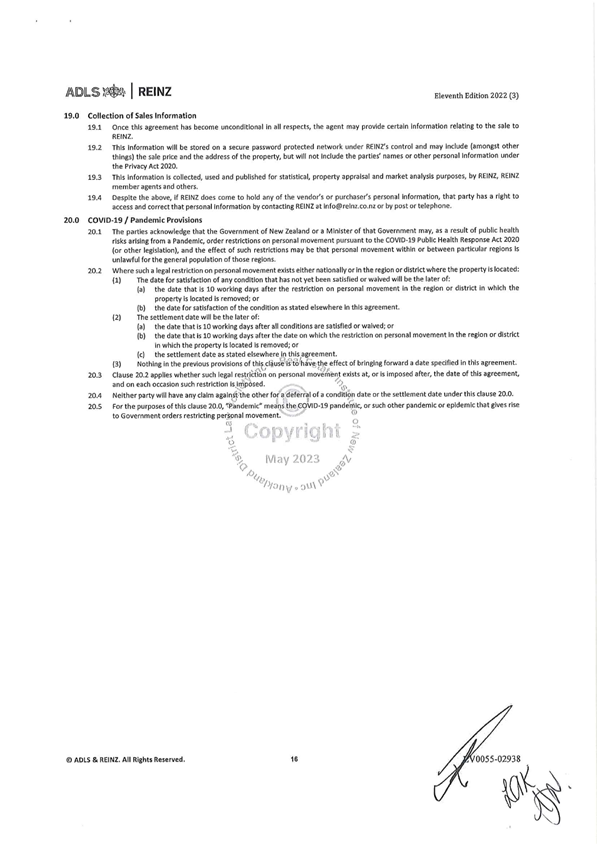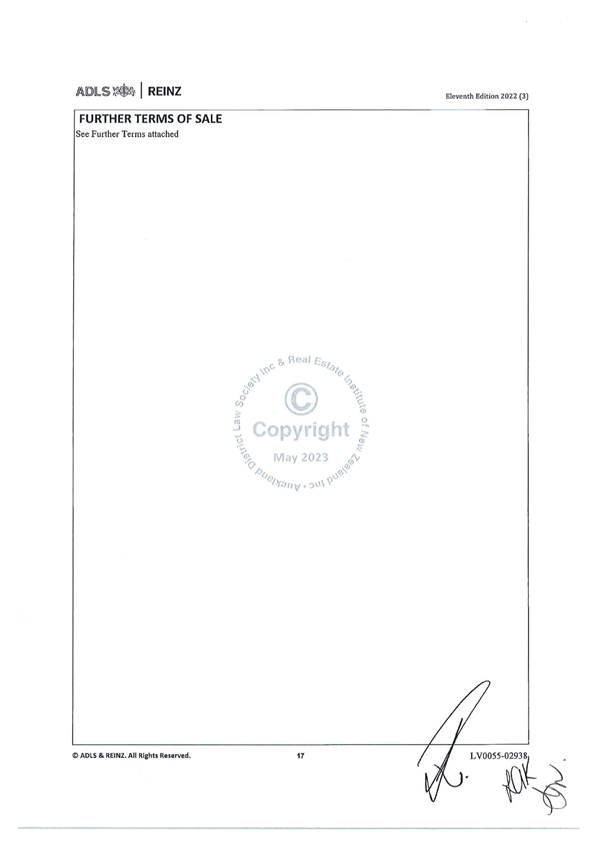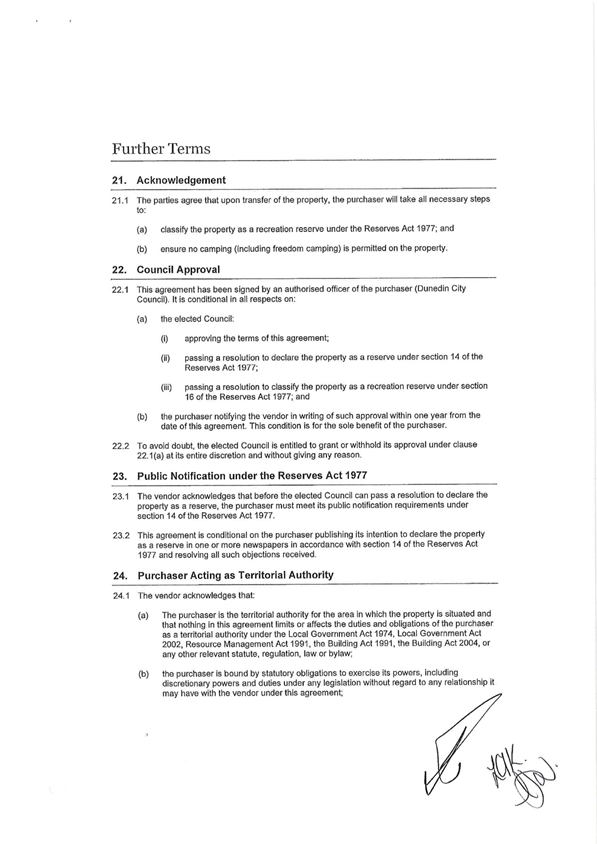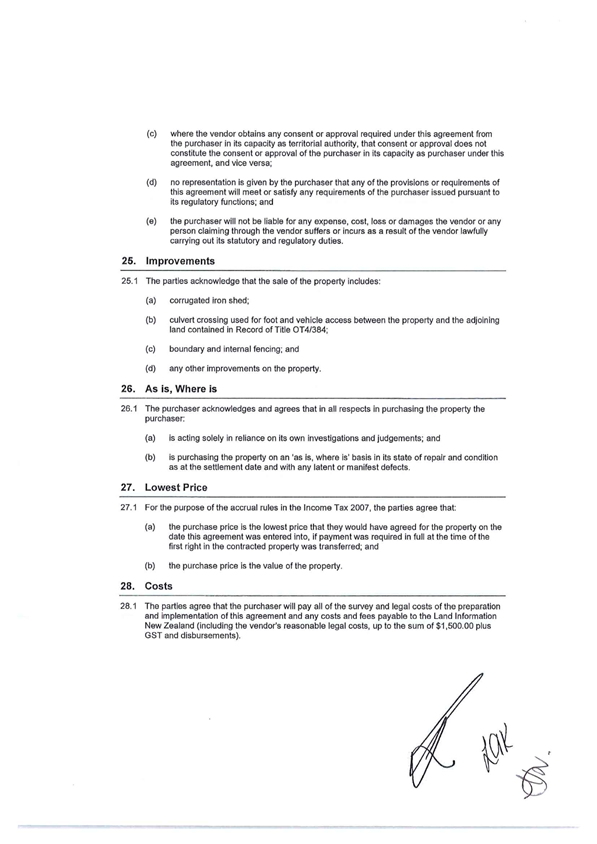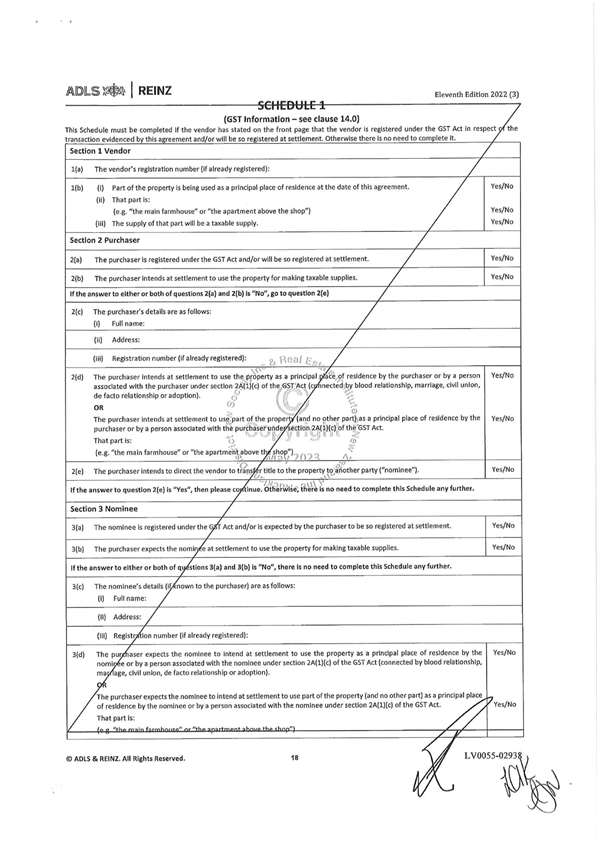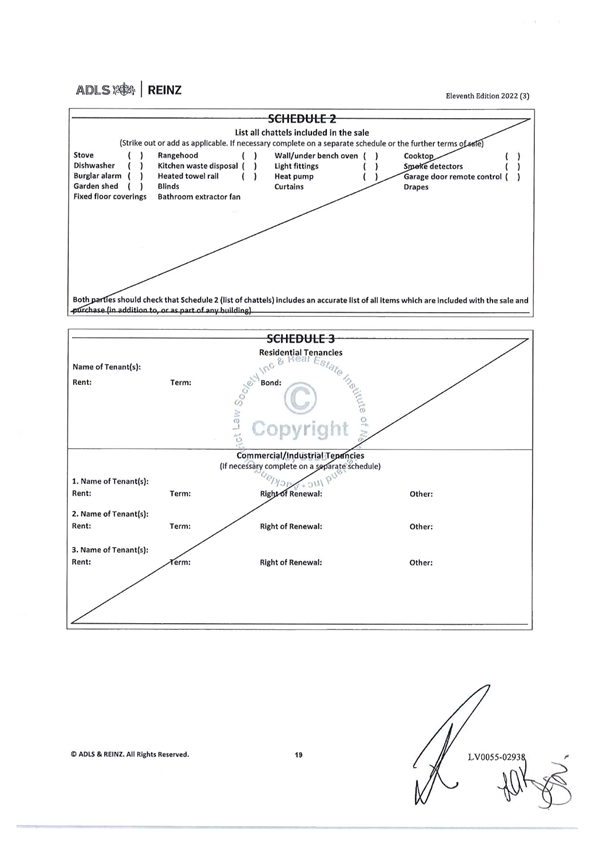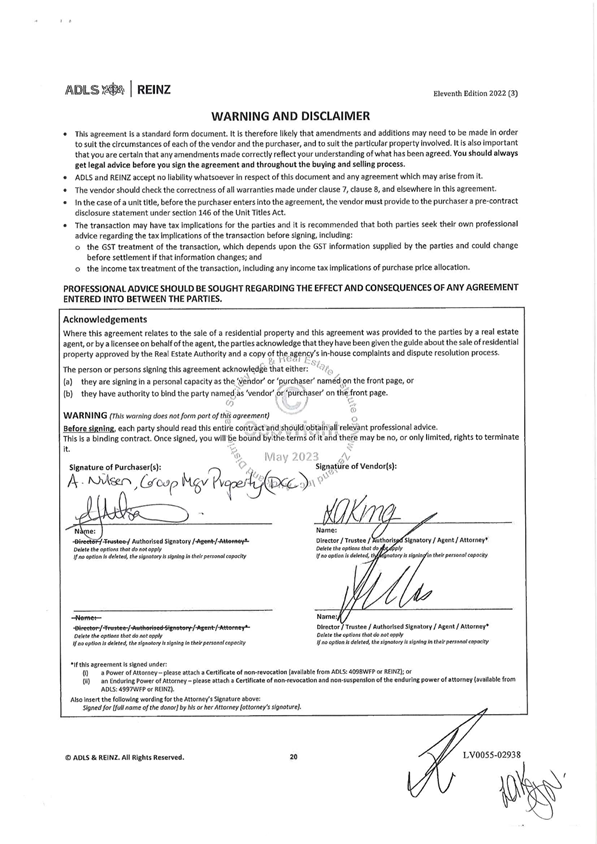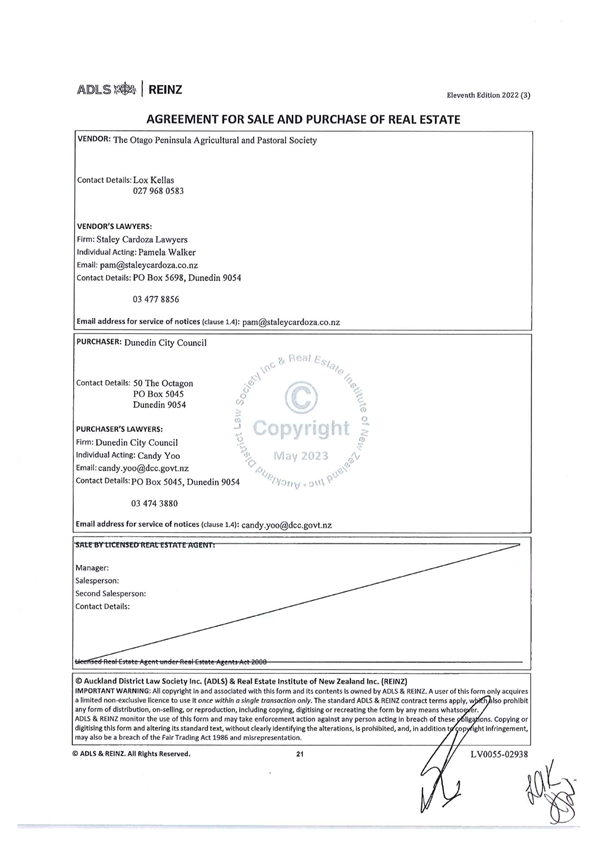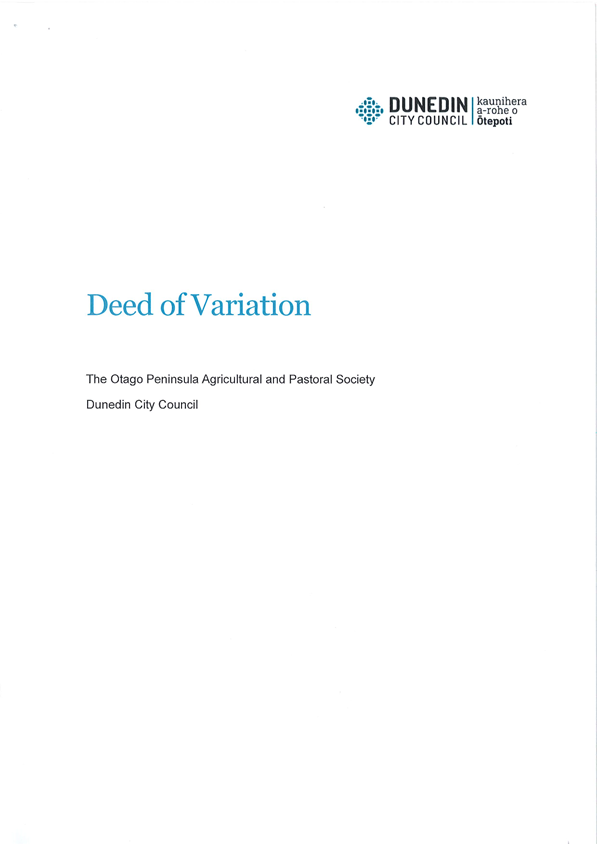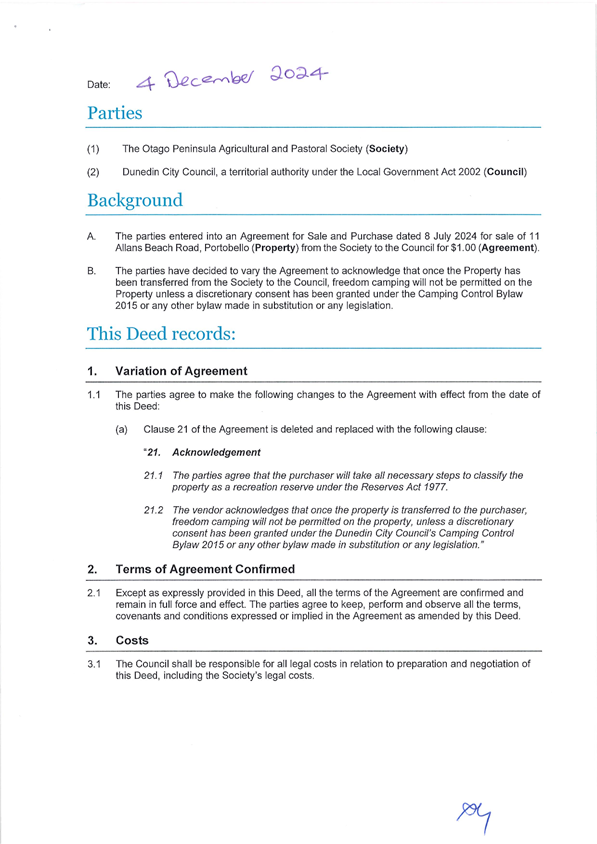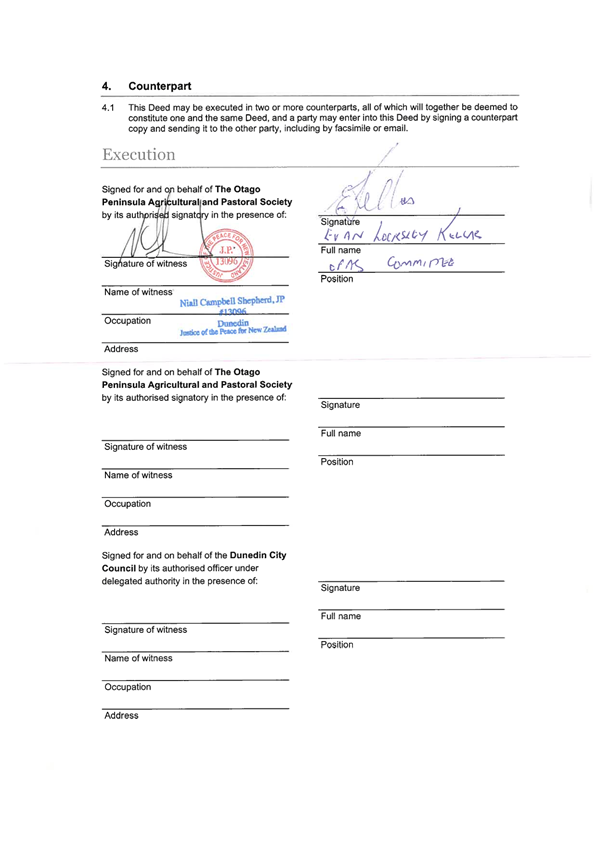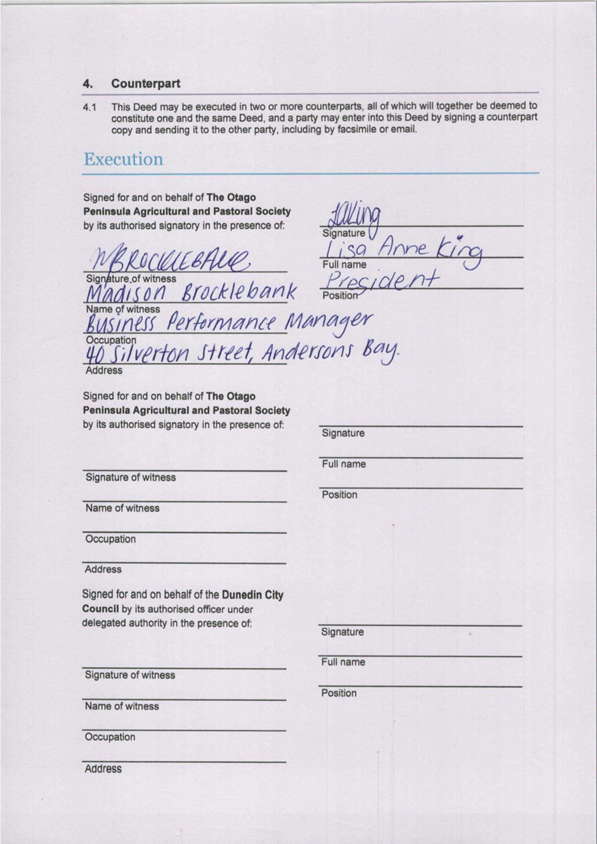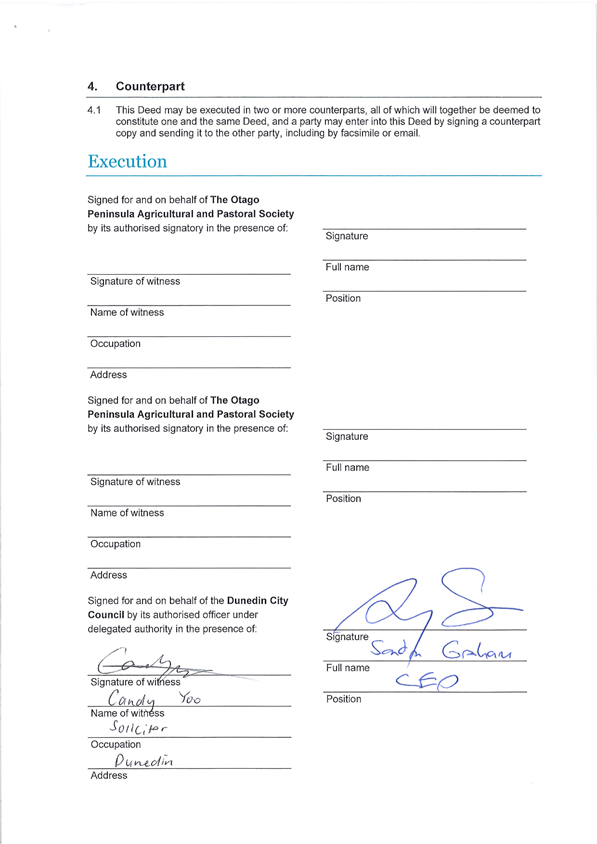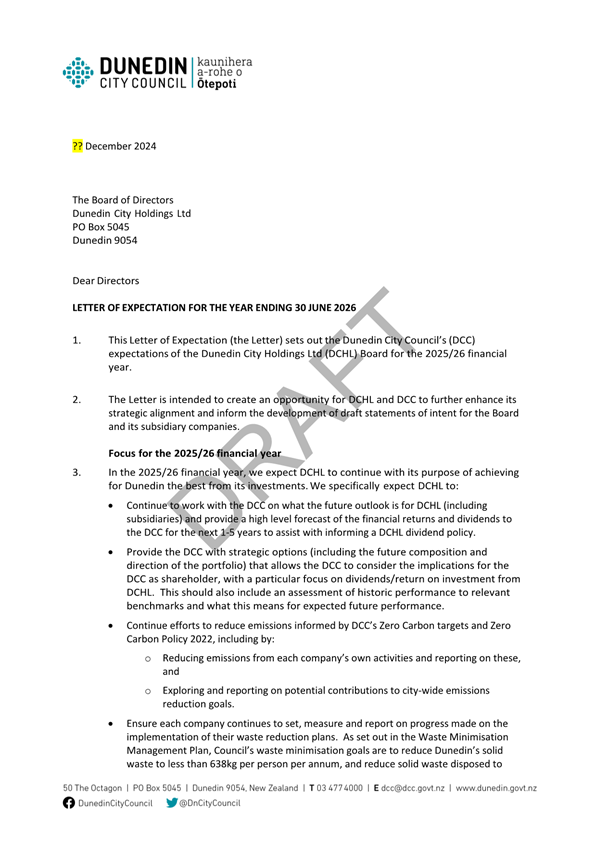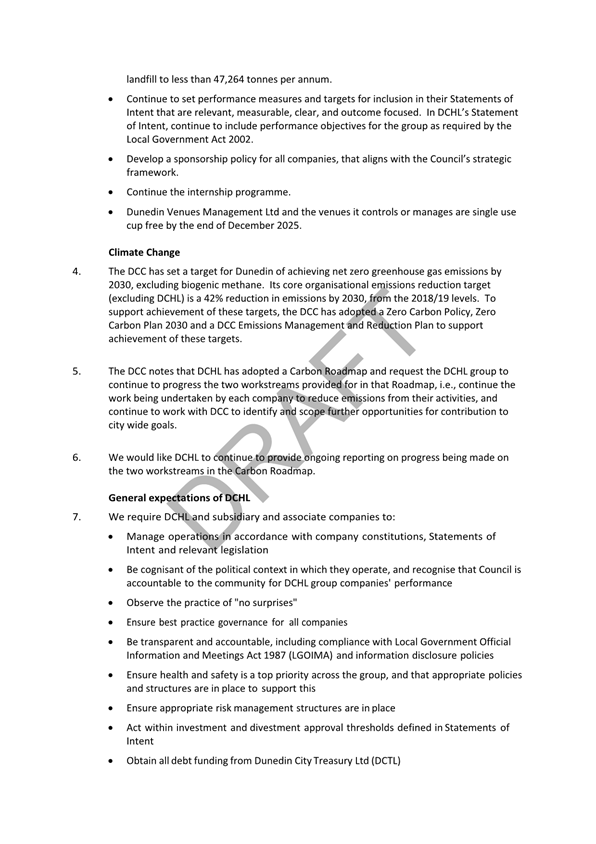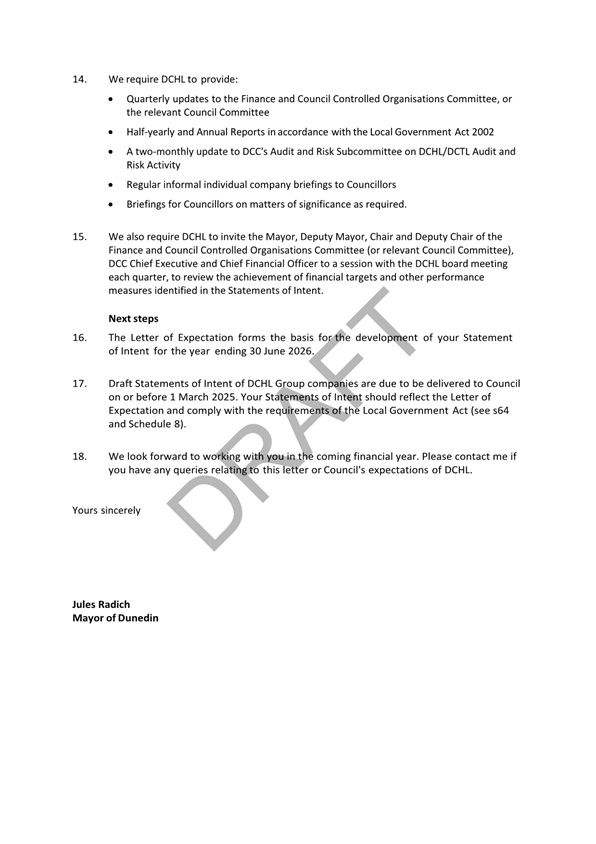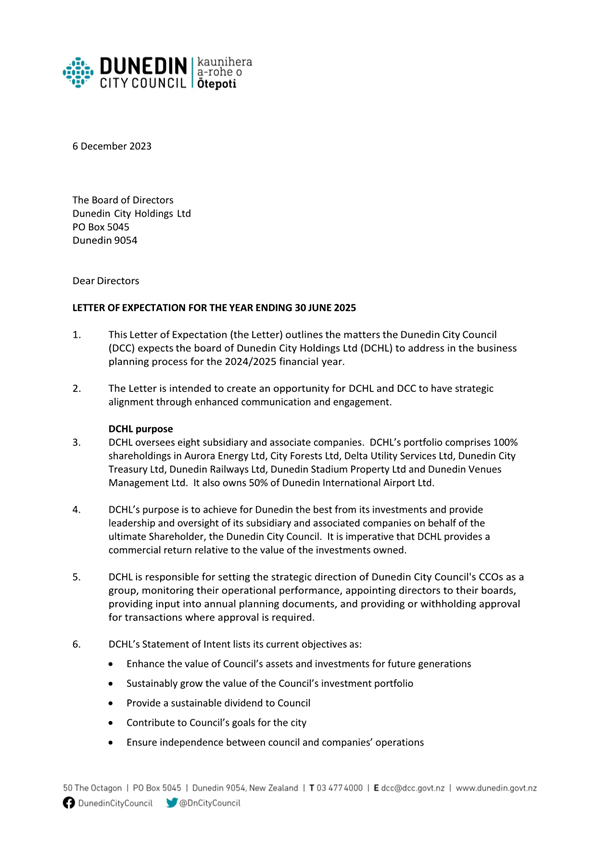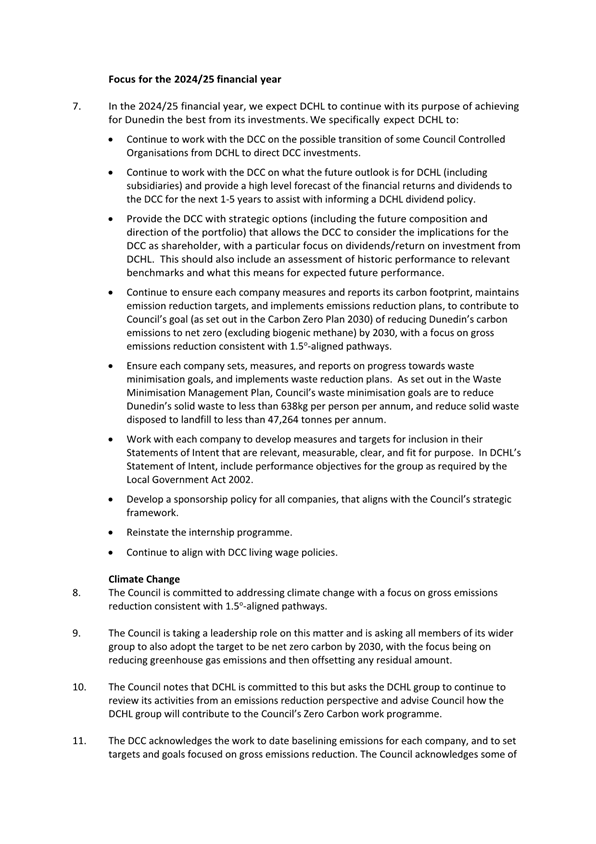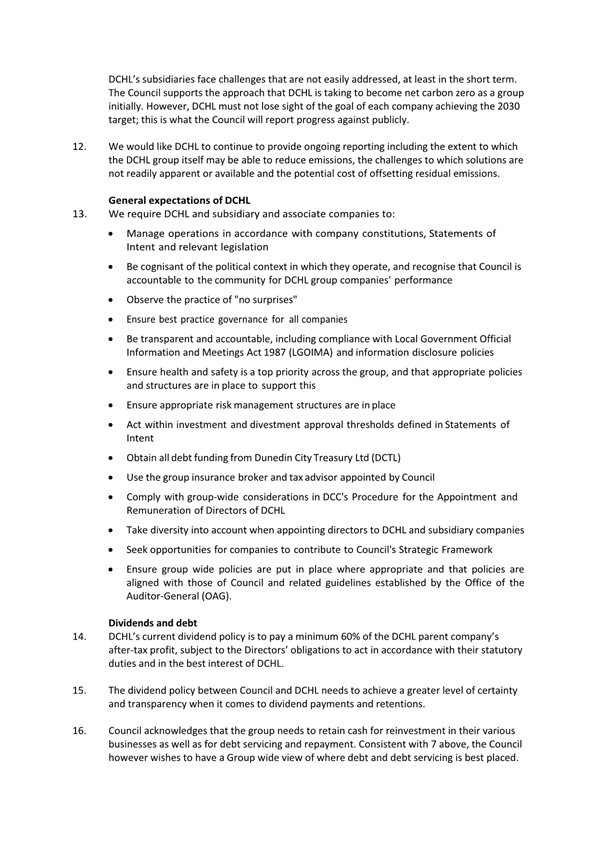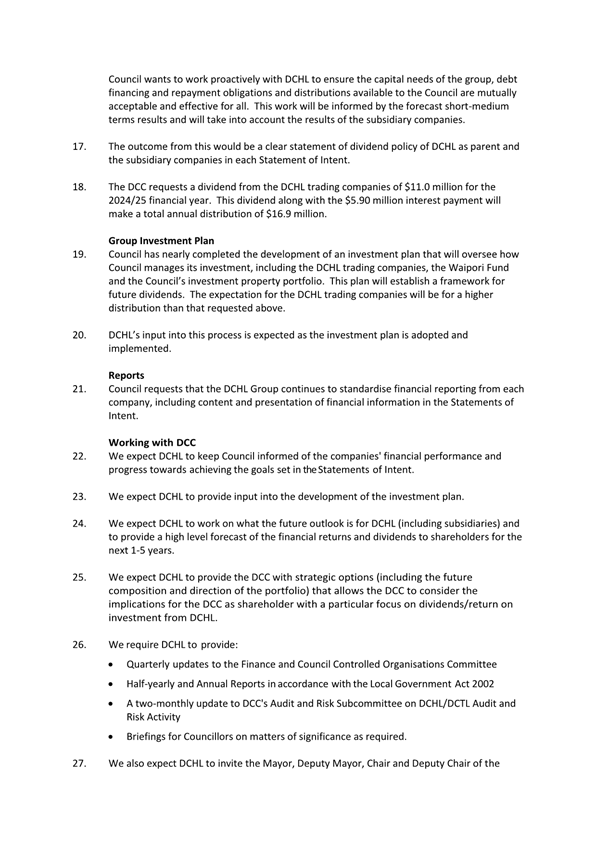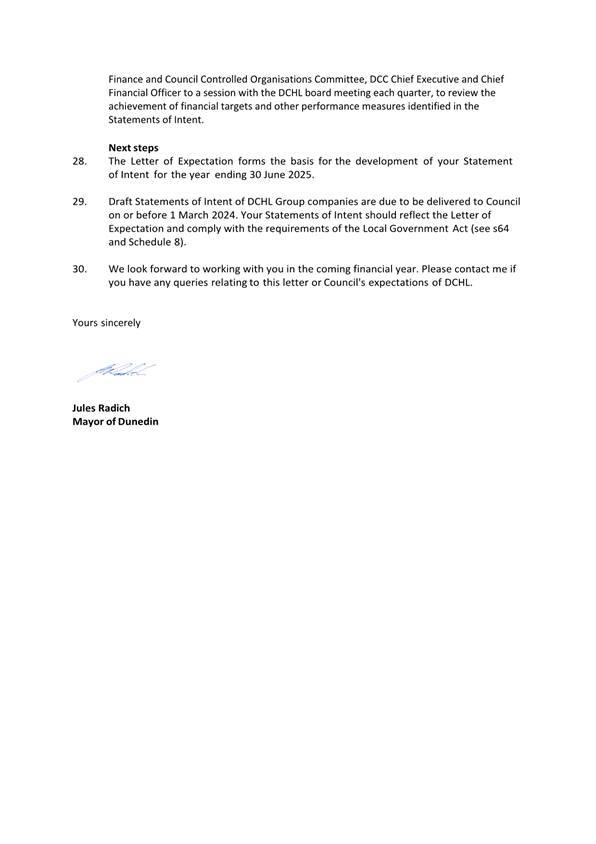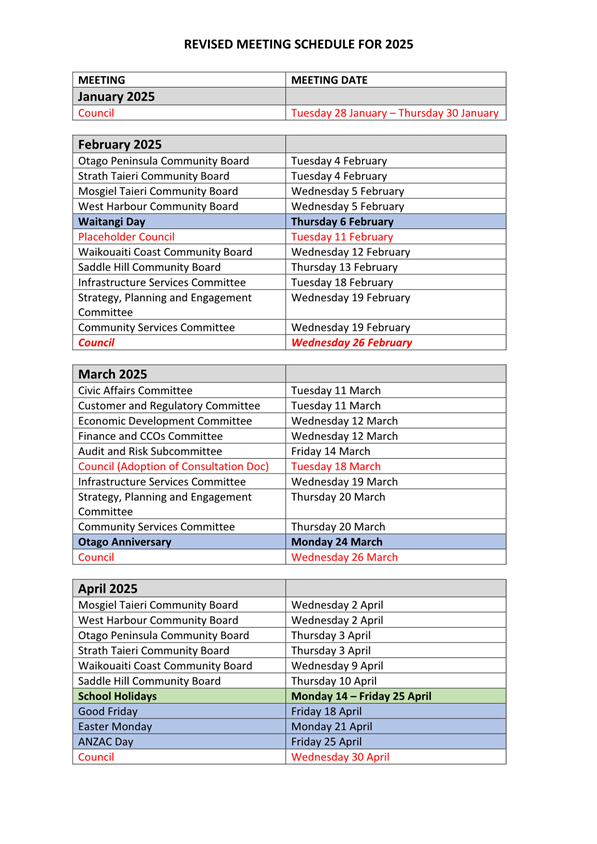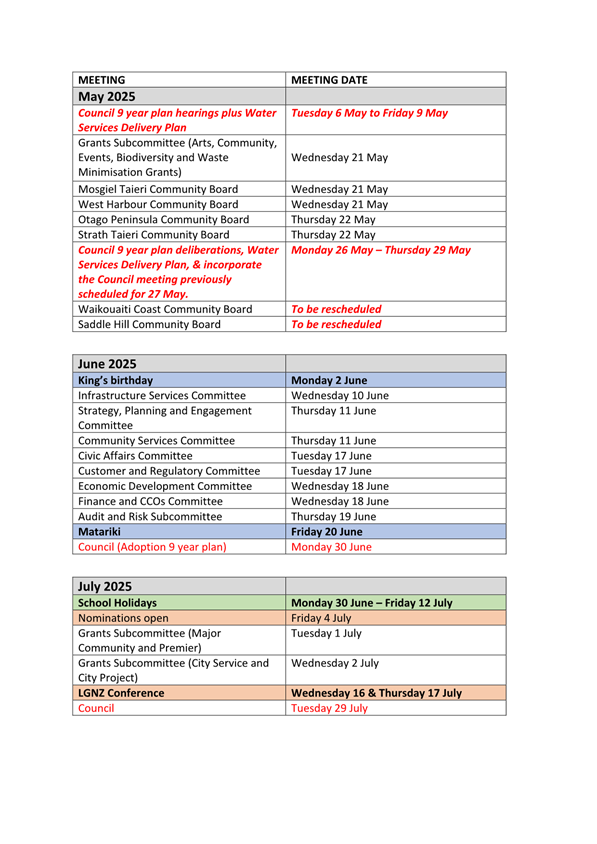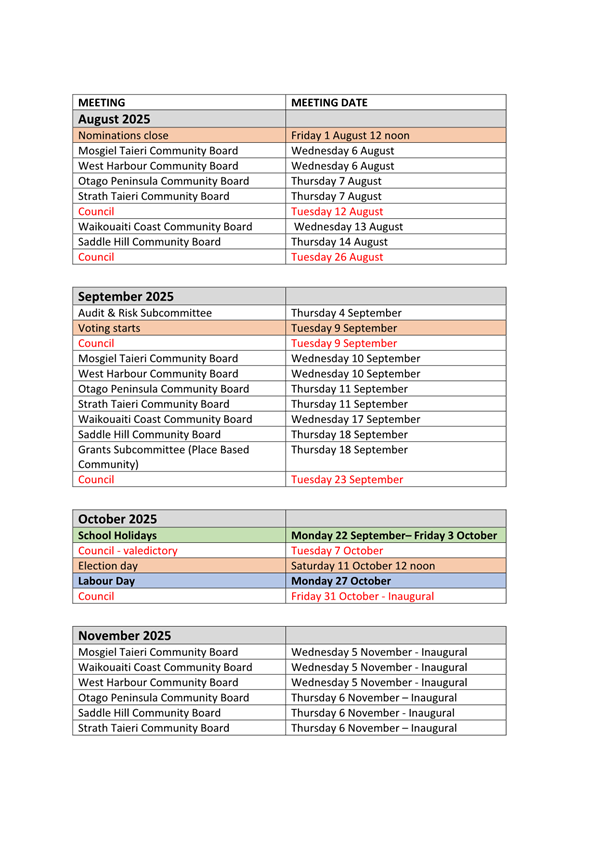
Notice of Meeting:
I hereby give notice that an ordinary meeting of the Dunedin
City Council will be held on:
Date: Tuesday
10 December 2024
Time: 9.00
am
Venue: Council
Chamber, Dunedin Public Art Gallery, The Octagon, Dunedin
Sandy Graham
Council
PUBLIC AGENDA
|
Mayor
|
Mayor Jules Radich
|
|
|
Deputy Mayor
|
Cr Cherry Lucas
|
|
|
Members
|
Cr Bill Acklin
|
Cr Sophie Barker
|
|
|
Cr David Benson-Pope
|
Cr Christine Garey
|
|
|
Cr Kevin Gilbert
|
Cr Carmen Houlahan
|
|
|
Cr Marie Laufiso
|
Cr Mandy Mayhem
|
|
|
Cr Jim O'Malley
|
Cr Lee Vandervis
|
|
|
Cr Steve Walker
|
Cr Brent Weatherall
|
|
|
Cr Andrew Whiley
|
|
Senior Officer Sandy
Graham, Chief Executive Officer
Governance Support Officer Lynne
Adamson
Lynne Adamson
Governance Support Officer
Telephone: 03 477 4000
governance.support@dcc.govt.nz
www.dunedin.govt.nz
Note: Reports
and recommendations contained in this agenda are not to be considered as
Council policy until adopted.
|

|
Council
10 December 2024
|
ITEM TABLE OF CONTENTS PAGE
1 Opening 4
2 Public
Forum 4
3 Apologies 4
4 Confirmation
of Agenda 4
5 Declaration
of Interest 5
6 Confirmation
of Minutes 17
6.1 Ordinary Council
meeting - 25 November 2024 17
Reports
7 Actions
From Resolutions of Council Meetings 40
8 Forward
Work Programme for Council - October 2024 51
9 Community
Outcomes - 9 year plan 2025-34 57
10 Significant
Financial Forecasting Assumptions - 9 year plan 2025-34 63
11 Levels
of Service 9 year plan 2025-34 127
12 Revenue
and Financing Policy - 9 year plan 2025-34 163
13 Early
engagement community feedback - 9 year plan 2025-34 198
14 Sustainability
Framework Update Report 233
15 Community
Led Resource Recovery and Construction Industry Waste Reduction Update 244
16 Lawn
Bowling Facilities, Options and Assessment 253
17 Gift
of Land at Portobello from The Otago Peninsula Agricultural and Pastoral
Society 349
18 Unitary
Authority 386
19 Letter
of Expectation for the year ended 30 June 2026 394
20 Revised
meeting schedule 2025 408
Resolution to Exclude the Public 413
|

|
Council
10 December 2024
|
1 Opening
The Very Rev’d Dr
Tony Curtis, St Paul’s Cathedral will open the meeting with a prayer.
2 Public
Forum
At the close of the agenda no
requests for public forum had been received.
3 Apologies
At the close of the agenda no
apologies had been received.
4 Confirmation
of agenda
Note:
Any additions must be approved by resolution with an explanation as to why they
cannot be delayed until a future meeting.
|

|
Council
10 December 2024
|
Declaration of Interest
EXECUTIVE SUMMARY
1. Members
are reminded of the need to stand aside from decision-making when a conflict
arises between their role as an elected representative and any private or other
external interest they might have.
2. Elected
members are reminded to update their register of interests as
soon as practicable, including amending the register at this meeting if
necessary.
3. Staff are
reminded to update their register of interests as soon as practicable.
RECOMMENDATIONS
That the Council:
a) Notes/Amends if
necessary the Elected Members' Interest Register attached as Attachment A; and
b) Confirms/Amends the
proposed management plan for Elected Members' Interests.
c) Notes the proposed
management plan for the Executive Leadership Team’s Interests.
Attachments
|
|
Title
|
Page
|
|
⇩a
|
Councillor Interest
Register
|
6
|
|
⇩b
|
ELT Interest Register
|
15
|
|

|
Council
10 December 2024
|
Confirmation
of Minutes
Ordinary
Council meeting - 25 November 2024
RECOMMENDATIONS
That the Council:
a) Confirms the public
part of the minutes of the Ordinary Council meeting held on 25 November 2024 as
a correct record.
Attachments
|
|
Title
|
Page
|
|
A⇩
|
Minutes of Ordinary
Council meeting held on 25 November 2024
|
18
|
|

|
Council
10 December 2024
|

Council
MINUTES
Minutes of an ordinary
meeting of the Dunedin City Council held in the Council Chamber, Dunedin Public
Art Gallery, The Octagon, Dunedin on Monday 25 November and Tuesday 26 November
2024, commencing at 9.00 am
PRESENT
|
Deputy Mayor
|
Cr Cherry Lucas
|
|
|
Members
|
Cr Bill Acklin
|
Cr Sophie Barker
|
|
|
Cr David Benson-Pope
|
Cr Christine Garey
|
|
|
Cr Kevin Gilbert
|
Cr Carmen Houlahan
|
|
|
Cr Marie Laufiso
|
Cr Mandy Mayhem
|
|
|
Cr Jim O'Malley
|
Cr Lee Vandervis
|
|
|
Cr Steve Walker
|
Cr Brent Weatherall
|
|
|
Cr Andrew Whiley
|
|
|
IN ATTENDANCE
|
Sandy Graham (Chief Executive
Officer), Robert West (General Manager Corporate Services), Carolyn Allan
(Chief Financial Officer), Scott MacLean (General Manager Climate and City
Growth), David Ward (General Manager 3 Waters and Transition), Nicola Morand
(Manahautū - General Manager Policy and Partnerships), Paul Henderson
(General Manager Customer and Regulatory (Acting)), Neil McLeod (Principal
Advisor – Building Services), Gill Brown (Principal Policy Advisor
Housing), Anna Nilsen (Group Manager Property Services), David Arlidge
(Property Manager), Maria Sleeman (Property Officer – Community and
Civic), Mark Mawdsley (Team Leader Advisory Services), Karilyn Canton (Chief
In-House Legal Counsel), Nadia McKenzie (In-House Legal Counsel), Kathryn van
Beek (Hospital Campaign Manager), Jeanine Benson (Group Manager Transport),
Cazna Savell (Team Leader – Animal Services), Anne Gray (Policy
Analyst/Business Coordinator), Simon Spiers (Team Leader – Regulation
Management), Jinty MacTavish (Principal Policy Advisor Sustainability), Kevin
Mechen (Alcohol, Psychoactive Substances and Gambling Advisor) and Clare
Sullivan (Manager Governance)
|
Governance Support Officer Lynne
Adamson
1 Opening
Rev Te Ata Roy, Māori Chaplain at the Otago University
and Otago Polytechnic opened the meeting with a karakia.
2 Public
Forum
2.1 Pedestrian
Crossing
Theresa Bowen (North East Valley
Normal School, years 5 and 6 Teacher), Georgia Clarke (Healthy Active Learning
Advisor, Sport Otago) and pupils from North East Valley Normal School requested
the installation of a pedestrian crossing at Chingford Park. The children
commented that it would be safer and easier for the elderly and children to
cross the road and would encourage children to walk or scooter to school.
Ms Bowen, Ms Clarke and the pupils
responded to questions.
2.2 Dunedin
Destination Management Plan
Neil Harraway spoke on behalf of
Dunedin Host on the Dunedin Destination Management Plan.
Cr David Benson-Pope entered the meeting at 9.20 am.
2.3 Former
Fortune Theatre
Karen Treblicock (Dunedin Theatre
practitioner and playwright) spoke to her precirculated information on the
former Fortune Theatre and bringing back professional theatre in six months
from decision on the property for less than $500,000.
Ms Treblicock responded to
questions.
Moved (Deputy
Mayor Lucas/Cr Kevin Gilbert)
That the
Council:
Extends
the Public Forum beyond 30 minutes.
Motion
carried
2.4 Scottish
strategy/policy around integration of refugees
Prof Alison Phipps, (Professor of
Languages and Intercultural Studies and UNESCO Chair in Refugee Integration through
Languages and the Arts) University of Glasgow, spoke on the Scottish
strategy/policy around integration of refugees to the city. She provided
information on her background and advised she had worked in Gaza strip for last
15 years and was connected with our UNESCO City of Literature and had published
books.
Prof Phipps urged Council to
continue to advocate for the people of Gaza, to support the provision of
humanitarian visas for families who are in Dunedin and across New Zealand.
Prof Phipps responded to
questions.
|
3 Apologies
|
|
|
Apologies were received from Mayor Radich for absence, Cr
Christine Garey for early departure on Monday 25 November and from Cr Marie
Laufiso for depature from 10.45 until 1.00 pm on Monday 25 November and from
Cr David Benson-Pope for lateness.
Cr Jim
O’Malley noted that he was required at the Environment Court on Tuesday
26 November and would be required to leave at 9.45 am.
|
|
|
Moved (Deputy Mayor Cherry Lucas/Cr Mandy Mayhem):
That the Council:
a) Accepts
the apologies from Mayor Radich for absence, Cr Christine Garey for early
departure, Cr Marie Laufiso for departure from 10.45 am until 1.00 pm on
Monday 25 November and Cr David Benson-Pope for lateness.
b) Accepts
the apology from Cr Jim O’Malley from 9.45 am on Tuesday 26
November.
Motion
carried (CNL/2024/206)
|
|
4 Confirmation
of agenda
|
|
|
Moved (Deputy Mayor Cherry Lucas/Cr Lee Vandervis):
That the Council:
Confirms the agenda with
the following addition or alteration:
That Item 19 – Submission
on Improving Efficiency in the Inspections Process be taken before Item 7
– Ōtepoti Dunedin Housing Plan Update Report; and
That the meeting moves into Non
Public at 1.00 pm and reconvenes in Public at 9.00 am on Tuesday 26 November
2024 with the first item being:
Item 21 – Local Water Done
Well – Decision on Model Shortlist for Water Services Delivery Plan
followed by:
Item 9 – Funding for
Hospital Campaign.
Motion
carried (CNL/2024/207)
|
5 Declarations
of interest
Members were
reminded of the need to stand aside from decision-making when a conflict arose
between their role as an elected representative and any private or other
external interest they might have.
Cr Marie
Laufiso provided an update to her Interest Register.
|
|
Moved (Deputy Mayor Cherry Lucas/Cr Kevin Gilbert):
That the Council:
a) Amends if necessary the Elected Members' Interest Register;
and
b) Confirms the proposed management plan for
Elected Members' Interests.
c) Notes the proposed management plan for the Executive
Leadership Team’s Interests.
Motion
carried (CNL/2024/208)
|
6 Confirmation
of Minutes
|
6.1 Ordinary
Council meeting - 30 October 2024
|
|
|
Moved (Deputy Mayor Cherry Lucas/Cr David Benson-Pope):
That the Council:
a) Confirms the public part of the minutes of the
Ordinary Council meeting held on 30 October 2024 as a correct record.
Motion carried (CNL/2024/209)
|
Reports
|
19 Submission
on Improving Efficiency in the Inspections Process
|
|
|
A report from Customer and
Regulatory sought approval of a submission to the Ministry of Business
Innovation and Employment consultation on improving efficiency in the
inspections process.
|
|
|
The General Manager Customer and Regulatory (Acting) (Paul
Henderson) and Principal Advisor – Building Services (Neil McLeod)
spoke to the report and responded to questions.
|
|
Cr Christine Garey left the meeting at 10.11 am and
returned at 10.13 am.
Cr Carmen Houlahan left the meeting at 10.17 am and
returned at 10.20 am.
|
|
|
Moved (Cr Carmen Houlahan/Cr Jim O'Malley):
That the Council:
a) Approves the draft Dunedin City Council
submission, with the amendment, to paragraph 7 – that the DCC does not support
is changed to “The DCC strongly opposes Option Three….” to
the Ministry for Business Innovation and Employment on Improving Efficiency
in the Inspections Process.
b) Authorises the Chief Executive to make any minor
editorial amendments to the submission.
c) Notes that the Mayor or delegate would speak to any
hearings in regard to the submission.
Motion
carried (CNL/2024/210)
|
Moved (Deputy Mayor Cherry Lucas/Cr Kevin Gilbert)
That the Council:
Adjourns
the meeting for 10 minutes.
Motion
carried
The meeting adjourned at 10.40 am and reconvened at 10.52
am.
Cr Marie Laufiso left the meeting at 10.40 am.
|
7 Otepoti
Dunedin Housing Plan Update Report
|
|
|
A report from Maori,
Partnerships and Policy provided an update on the progress against the Ōtepoti
Dunedin Housing Plan 2022 adopted by Council on 30 August 2022.
|
|
|
The Manahautū (General Manager Policy and
Partnerships) Nicola Morand and Principal Policy Advisor Housing (Gill Brown)
spoke to the report and responded to questions.
|
|
Cr Andrew Whiley returned to the meeting at 11.06 am.
Cr Christine Garey left the meeting at 11.07 am.
|
|
|
Moved (Cr Mandy Mayhem/Cr Kevin Gilbert):
That the Council:
a) Notes the updates against the Ōtepoti Dunedin Housing
Plan 2022 and its Implementation Plan 2023 - 2024
b) Notes the 2024-2026 Implementation Plan based on the vision
and goals of the Ōtepoti Dunedin Housing Plan 2022
Motion
carried (CNL/2024/211)
|
|
8 231
Stuart Street Public Consultation
|
|
|
A report from property sought
decisions on a Council owned property at 231 Stuart Street (“the
Property”), previously known as the Fortune Theatre.
|
|
|
The General Manager Corporate Services (Robert West);
Group Manager Property Services (Anna Nilsen), Property Manager (David
Arlidge) and Property Officer – Community and Civic (Maria Sleeman) and
Team Leader Advisory Services (Mark Mawdsley) spoke to the report and
responded to questions.
|
|
Cr Christine Garey returned to the meeting at 11.13 am
Cr Carmen Houlahan left the meeting at 11.52 am and
returned at 11.53 am.
|
|
|
Moved (Deputy Mayor Cherry Lucas/Cr Brent Weatherall):
That the Council:
a) Agrees that Council would seek feedback on the
removal of the Property at 231 Stuart Street from Schedule 2 of the
Significance and Engagement Policy as part of the 9 Year Plan 2025-34
consultation process: and
b) Agrees that Council would seek feedback on a proposal to sell the Property at 231
Stuart Street as part of the 9 Year Plan 2025-34 consultation process.
During discussion it was moved (Deputy Mayor Cherry
Lucas/Cr Jim O’Malley):
That the Council
Adjourns
the meeting for two minutes
Motion
carried
The
meeting adjourned at 12.09 pm and reconvened at 12.11 pm.
The
resolution was then put.
Division
The Council voted by division
For: Crs
Bill Acklin, Sophie Barker, David Benson-Pope, Christine Garey, Kevin
Gilbert, Carmen Houlahan, Cherry Lucas, Mandy Mayhem, Jim O'Malley, Steve
Walker, Brent Weatherall and Andrew Whiley (12).
Against: Cr
Lee Vandervis (1).
Abstained: Nil
The division
was declared CARRIED by 12 votes to 1
Motion
carried (CNL/2024/212)
|
|
RESOLUTION TO EXCLUDE THE PUBLIC
|
|
Moved (Deputy Mayor Cherry Lucas/Cr Steve Walker):
That the Council:
Pursuant
to the provisions of the Local Government Official Information and Meetings
Act 1987, exclude the public from the following part of the proceedings of
this meeting namely:
|
General
subject of the matter to be considered
|
Reasons for
passing this resolution in relation to each matter
|
Ground(s) under
section 48(1) for the passing of this resolution
|
Reason for
Confidentiality
|
|
C1
Ordinary Council meeting - 30 October 2024 - Public Excluded
|
S7(2)(a)
The withholding of
the information is necessary to protect the privacy of natural persons,
including that of a deceased person.
S7(2)(g)
The withholding of
the information is necessary to maintain legal professional privilege.
S7(2)(h)
The withholding of
the information is necessary to enable the local authority to carry out,
without prejudice or disadvantage, commercial activities.
S7(2)(i)
The withholding of
the information is necessary to enable the local authority to carry on,
without prejudice or disadvantage, negotiations (including commercial and
industrial negotiations).
|
.
|
|
|
C2
Waste Futures - Commercial Matters
|
S7(2)(g)
The withholding of
the information is necessary to maintain legal professional privilege.
S7(2)(h)
The withholding of
the information is necessary to enable the local authority to carry out,
without prejudice or disadvantage, commercial activities.
S7(2)(i)
The withholding of
the information is necessary to enable the local authority to carry on,
without prejudice or disadvantage, negotiations (including commercial and
industrial negotiations).
|
S48(1)(a)
The public conduct of
the part of the meeting would be likely to result in the disclosure of information
for which good reason for withholding exists under section 7.
|
|
|
C3
Major Event Proposal
|
s48(1)(d)
Check to make report
confidential.
|
s48(1)(d)
The exclusion of the
public from the part of the meeting is necessary to enable the local
authority to deliberate in private on its decision or recommendation.
|
Securing this event
will be competitive and the report's financial details are therefore
sensitive. If disclosed publically, the risk of being outbid and
hindering the success of securing co-funding will increase..
|
|
C4
South Dunedin Library and Community Complex Leasing Options Report
|
S7(2)(b)(ii)
The withholding of
the information is necessary to protect information where the making
available of the information would be likely unreasonably to prejudice the
commercial position of the person who supplied or who is the subject of the
information.
|
S48(1)(a)
The public conduct of
the part of the meeting would be likely to result in the disclosure of
information for which good reason for withholding exists under section 7.
|
|
|
C5
Better Off Funding - Reallocation
|
S7(2)(a)
The withholding of
the information is necessary to protect the privacy of natural persons,
including that of a deceased person.
S7(2)(b)(ii)
The withholding of
the information is necessary to protect information where the making
available of the information would be likely unreasonably to prejudice the
commercial position of the person who supplied or who is the subject of the
information.
|
S48(1)(a)
The public conduct of
the part of the meeting would be likely to result in the disclosure of
information for which good reason for withholding exists under section 7.
|
|
|
C6
Better Off Funding - Department of Internal Affairs Agreement
|
S7(2)(a)
The withholding of
the information is necessary to protect the privacy of natural persons,
including that of a deceased person.
S7(2)(b)(ii)
The withholding of
the information is necessary to protect information where the making
available of the information would be likely unreasonably to prejudice the
commercial position of the person who supplied or who is the subject of the
information.
|
S48(1)(a)
The public conduct of
the part of the meeting would be likely to result in the disclosure of
information for which good reason for withholding exists under section 7.
|
|
|
C7
Notice of Motion - Enterprise Dunedin
|
S7(2)(i)
The withholding of
the information is necessary to enable the local authority to carry on,
without prejudice or disadvantage, negotiations (including commercial and industrial
negotiations).
|
S48(1)(a)
The public conduct of
the part of the meeting would be likely to result in the disclosure of
information for which good reason for withholding exists under section 7.
|
|
This resolution is made in
reliance on Section 48(1)(a) of the Local Government Official Information and
Meetings Act 1987, and the particular interest or interests protected by
Section 6 or Section 7 of that Act, or Section 6 or Section 7 or Section 9 of
the Official Information Act 1982, as the case may require, which would be
prejudiced by the holding of the whole or the relevant part of the
proceedings of the meeting in public are as shown above after each item.
Motion
carried (CNL/2024/213)
|
The meeting adjourned at 12.14 pm and moved into non-public.
The meeting reconvened in public at 4.50 pm.
(Moved Deputy Mayor Cherry Lucas/Cr Kevin Gilbert):
That the Council:
Adjourns
the meeting
Motion
carried
The meeting closed at 4.52 pm and reconvened at 9.00 am on
Tuesday 26 November 2024.
APOLOGIES
There were apologies from Cr Jim O’Malley for early
departure and Crs Christine Garey and Bill Acklin for lateness.
Moved (Deputy Mayor Cherry Lucas/Cr Kevin Gilbert)
That the Council:
Accepts
the apologies from Cr Jim O’Malley for early departure and Crs Christine
Garey and Bill Acklin
for lateness.
Motion
carried
|
21 Local
Water Done Well - Decision on Model Shortlist for Water Services Delivery
Plan
|
|
|
A report from Legal Services
advised that Council was required to submit a Water Services Delivery Plan
(WSDP) to the Secretary for Local Government by 3 September 2025.
|
|
|
|
|
Crs Christine Garey, Andrew Whiley and Carmen Houlahan
entered the meeting at 9.05 am.
Cr Bill Acklin entered the meeting at 9.07 am.
|
|
|
The Chief Executive Officer (Sandy Graham), General
Manager 3 Waters and Transition (Dave Ward), Chief In-House Legal Counsel
(Karilyn Canton) and In-House Legal Counsel (Nadia McKenzie) spoke to the
report and responded to questions.
|
|
During discussion Cr Carmen Houlahan left the meeting at
9.52 am and returned at 9.57 am.
|
|
|
Moved (Cr Jim O'Malley/Cr Kevin Gilbert):
That the Council:
a) Decides to shortlist three base models (in-house delivery,
single CCO and regional multi-council entity) and any optional add-on(s)
subject to further analysis.
b) Directs staff to arrange further analysis on the
shortlisted options selected.
c) Directs staff to report back to Council in early 2025 to enable a decision
in principle on the Model proposal and alternative model(s) that Council will
consult on.
Division
The Council voted by division
For: Crs
Bill Acklin, Sophie Barker, David Benson-Pope, Christine Garey, Kevin
Gilbert, Carmen Houlahan, Marie Laufiso, Cherry Lucas, Mandy Mayhem, Jim
O'Malley, Steve Walker, Brent Weatherall and Andrew Whiley (13).
Against: Cr
Lee Vandervis (1).
Abstained: Nil
The division
was declared CARRIED by 13 votes to 1
Motion
carried (CNL/2024/214)
|
Cr Jim O’Malley left the meeting at 10.02 am.
|
9 Funding
for Hospital Campaign
|
|
|
A report from Civic sought
approval of up to an additional $200,000 of funding for the Save Our Southern
Hospital campaign.
|
|
|
The Chief Executive Officer (Sandy Graham) , Kathryn van
Beek (Hospital Campaign Manager) spoke to the report and responded to
questions.
|
|
|
Moved (Cr Steve Walker/Cr Kevin
Gilbert):
That the Council:
a) Approves a further overspend of up to $200,000 for the Save Our Southern Hospital campaign.
b) Notes that this takes the total approved overspend to $346,099.
c) Notes that revenue options will be explored to offset
costs.
During discussion it was moved (Deputy Mayor Cherry
Lucas/Cr Marie Laufiso):
That the
Council:
Adjourns
the meeting for two minutes.
Motion
carried
The meeting adjourned at 10.13 am and reconvened at 10.15
am.
Councillor Houlahan left the meeting at 10.34 am and
returned at 10.37 am.
The resolution was then put by division:
Division
The Council voted by division
For: Crs
Bill Acklin, Sophie Barker, David Benson-Pope, Christine Garey, Kevin
Gilbert, Carmen Houlahan, Marie Laufiso, Cherry Lucas, Mandy Mayhem, Steve
Walker, Brent Weatherall and Andrew Whiley (12).
Against: Cr
Lee Vandervis (1).
Abstained: Nil
The division
was declared CARRIED by 12 votes to 1
Motion
carried (CNL/2024/215)
|
Moved (Deputy Mayor Cherry Lucas/Cr
Steve Walker):
That the Council:
Adjourns
the meeting for 10 minutes.
Motion
carried
The meeting adjourned at 10.47 am and reconvened at 10.59
am.
|
10 Heritage
Action Plan: Advisory Panel draft Terms of Reference
|
|
|
A report from Civic
Development advised that the Ōtepoti Dunedin Heritage Action Plan was
adopted by Council on 12 December 2023, replacing the 2007 Heritage Strategy
and sought approval of the draft terms of reference for the Advisory Panel.
|
|
|
The General Manager, 3 Waters and Transition (David Ward);
and Team Leader Advisory Services (Mark Mawdsley) spoke to the report and
responded to questions.
|
|
Cr Carmen Houlahan entered the meeting at 11.03 am.
Cr Andrew Whiley entered the meeting at 11.10 am.
|
|
|
Moved (Cr Sophie Barker/Cr Kevin Gilbert):
That the Council:
a) Approves the terms of reference for the Ōtepoti Dunedin Heritage Action
Plan Advisory Panel.
Motion
carried (CNL/2024/216)
|
|
11 Strategic
Walking and cycling review
|
|
|
A report from Transport provided an update on the
Ōtepoti Dunedin Pathways plan which set out a vision for Dunedin’s
future walking and cycling network and provided a prioritised programme of
walking and cycling infrastructure projects.
|
|
|
The General Manager, Climate and City Growth (Scott
MacLean), Group Manager Transport (Jeanine Benson) and Senior Transport
Planner (Helen Chapman) spoke to the report and responded to questions.
|
|
|
Moved (Cr Cherry Lucas/Cr Christine Garey):
That the Council:
a) Notes the update on the Ōtepoti Dunedin Pathways plan.
b) Notes that capital funding for the Ōtepoti Dunedin Pathways plan was not
provided for in Transport’s draft Capital budget but elements of the
programme would be included in the Zero Carbon High and Medium investment
packages for consideration as part of the 9 year plan.
Moved (Deputy Mayor Cherry Lucas/Cr Marie Laufiso):
That the Council:
Adjourns
the meeting for 2 minutes.
Motion
carried
The meeting adjourned at 11.47 am and reconvened at 11.48
am.
The resolution was then put:
Motion
carried (CNL/2024/217) with Cr Lee Vandervis recording his vote against.
|
|
12 Hearings
Committee Recommendations on Dog Control Bylaw and Policy Review
|
|
|
A report from Civic presented
the recommendations of the Hearings Committee and sought adoption of the
amended Dog Control Bylaw and amended Dog Control Policy following a review.
|
|
|
The Chair of the Hearings Committee (Cr Bill Acklin) spoke
to the report and responded to questions. The Team Leader –
Animal Services (Cazna Savell) and Policy Analyst/Business Coordinator (Anne Gray)
responded to questions.
|
|
|
Moved (Cr Bill Acklin/Cr Mandy Mayhem):
That the Council:
a) Notes that the Hearings Committee has heard and considered
submissions on the proposed Dog Control Bylaw and Dog Control Policy
b) Notes the minutes of the Hearings Committee;
c) Adopts the amended Dog Control Bylaw chment A);
d) Adopts the amended Dog Control Policy
(Attachment B);
e) Approves a date of effect for the Dog Control
Bylaw and Dog Control Policy of 5 May 2025.
|
|
During discussion it was moved (Deputy Mayor Cherry
Lucas/Cr Kevin Gilbert):
That the Council:
Adjourns
the meeting for 2 minutes.
Motion
carried
The meeting adjourned at 12.39 pm and reconvened at 12.40
pm
It was agreed that resolutions a) and b) be taken together
and c) d) and e) be taken together.
|
|
|
Moved (Cr Bill Acklin/Cr Mandy Mayhem):
That the Council:
a) Notes that the Hearings Committee has heard and considered
submissions on the proposed Dog Control Bylaw and Dog Control Policy
b) Notes the minutes of the Hearings Committee;
Motion
carried (CNL/2024/218)
|
|
|
Moved (Cr Bill Acklin/Cr Mandy Mayhem):
That the Council:
c) Adopts the amended Dog Control Bylaw
(Attachment A);
d) Adopts the amended Dog Control Policy
(Attachment B);
e) Approves a date of effect for the Dog Control
Bylaw and Dog Control Policy of 5 May 2025.
Division
The Council voted by division
For: Crs
Bill Acklin, Sophie Barker, Kevin Gilbert, Carmen Houlahan, Cherry Lucas,
Mandy Mayhem, Lee Vandervis, Brent Weatherall and Andrew Whiley (9).
Against: Crs
David Benson-Pope, Christine Garey, Marie Laufiso and Steve Walker (4).
Abstained: Nil
The division
was declared CARRIED by 9 votes to 4
Motion
carried (CNL/2024/219)
|
Moved (Deputy Mayor Cherry Lucas/Cr Steve Walker):
That the Council:
Adjourns
the meeting for 45 minutes.
Motion
carried
The meeting adjourned at 12.45 pm and reconvened at 1.30 pm.
Cr Lee Vandervis left the meeting at 12.45 pm.
|
13 Update
on the Parking Management work stream as part of the Shaping Future Dunedin
Transport programme
|
|
|
A report from Transport
provided an update on the Central City Parking Management workstream, as part
of the Shaping Future Dunedin Transport Programme.
|
|
|
The General Manager, Climate and City Growth (Scott
MacLean), Group Manager Transport (Jeanine Benson), Team Leader –
Regulation Management (Simon Spiers) spoke to the report and responded to
questions.
|
|
Cr Marie Laufiso entered the meeting at 1.38 pm.
|
|
|
Moved (Cr David Benson-Pope/Cr Christine Garey):
That the Council:
a) Notes the Central City Parking Management work stream
update.
Motion
carried (CNL/2024/220)
|
|
14 Climate
change significant forecasting assumptions - 9 year plan 2025-34
|
|
|
A report from the
Sustainability Group and Climate and City Growth set out the intended
approach to integrating climate change considerations into the 9 year plan
2025-34, and to sought approval of the climate change aspects of the
significant forecasting assumptions.
|
|
|
The General Manager, Climate and City Growth (Scott
MacLean) and Principal Policy Advisor Sustainability (Jinty MacTavish) spoke
to the report and responded to questions.
|
|
|
Moved (Cr Cherry Lucas/Cr David Benson-Pope):
That the Council:
a) Notes the intended approach to integrating climate change
considerations into the 9 year plan
b) Approves, for the purposes of developing the 9
year plan 2025-34, and consulting with the community, the climate-related
significant forecasting assumptions at Attachment A
c) Delegates authority to the CEO to make any minor
amendments to the climate-related significant forecasting assumptions
d) Notes the climate-related significant forecasting assumptions
may need updating following upcoming Council and Government decisions.
Motion
carried (CNL/2024/221)
|
|
15 District
Licensing Committee's Annual Report to the Alcohol Regulatory and Licensing
Authority
|
|
|
A report from Civic provided
a copy of the annual report to the Alcohol Regulatory and Licensing Authority
(ARLA) pursuant to section 199 of the Sale and Supply of Alcohol Act 2012.
|
|
|
The General Manager Corporate Services (Robert West) and
Alcohol, Psychoactive Substances and Gambling Advisor (Kevin Mechen) spoke to
the report and responded to questions.
|
|
|
Moved (Cr Steve Walker/Cr Kevin Gilbert):
That the Council:
a) Notes the 2024 Annual Report to the Alcohol Regulatory and
Licensing Authority.
Motion
carried (CNL/2024/222)
|
Cr David Benson Pope left the meeting at 2.29 pm.
|
16 DCC
Appeal on the Otago Regional Council Representation Review
|
|
|
A report from Civic sought
approval of a draft Dunedin City Council appeal the Otago Regional
Council Representation Review.
The draft appeal addressed
the same concerns Council raised in its submission to the ORC including the
reduction in the Dunedin constituent councillor representation, and the
community of interest for Mosgiel Taieri and Strath Taieri residents.
The appeal also responded to the reasons expressed by the ORC for not
agreeing to the concerns raised by the DCC.
|
|
|
The Chief Executive Officer (Sandy Graham) and Manager
Governance (Clare Sullivan) spoke to the report and responded to questions.
On behalf of Councillors, Deputy Mayor Cherry Lucas
acknowledged Ms Sullivan and her work for Council following her resignation
and wished her well in her new role.
|
|
Moved (Deputy Mayor Cherry Lucas/Cr Marie Laufiso):
That the Council:
Adjourns
the meeting.
Motion
carried
The meeting adjourned at 2.32 pm and reconvened at 2.35
pm.
|
|
|
Moved (Cr Carmen Houlahan/Cr Sophie Barker):
That the Council:
a) Appeals the Otago Regional Council’s
Final Proposal on the Representation Review
b) Approves the DCC Appeal on the Otago Regional
Council’s Representation Review.
c) Authorises the Chief Executive to make any minor editorial
changes to the appeal if required.
d) Authorises the Mayor and Chief Executive (and their
respective delegates) to speak
at any hearings in regard to the DCC appeal.
|
|
Moved (Deputy
Mayor Cherry Lucas/Cr Mandy Mayhem):
That the Council:
Adjourns the meeting for two minutes.
Motion carried
|
|
|
Following discussion it was agreed that resolutions a), b)
and c) would be taken together and resolution d) be taken separately.
|
|
|
Moved (Cr Carmen Houlahan/Cr Sophie Barker):
That the Council:
a) Appeals the Otago Regional Council’s
Final Proposal on the Representation Review
b) Approves the DCC Appeal on the Otago Regional
Council’s Representation Review.
c) Authorises the Chief Executive to make any minor
editorial changes to the appeal if required.
Motion
carried (CNL/2024/223) with Cr Walker recording his vote against
|
|
|
Moved (Cr Carmen Houlahan/Cr Sophie Barker):
That the Council:
d) Authorises the Mayor and Chief Executive (and their
respective delegates) to speak
at any hearings in regard to the DCC appeal.
Motion
carried (CNL/2024/224)
|
|
17 Director
Vacancy in Dunedin City Holdings Limited
|
|
|
A report from Civic ought
approval to commence the process for recruiting and appointing a new director
for the Dunedin City Holdings Ltd Board to fill the current vacancy with the
expiry of the term of Mr Richard Thomson’s position on the Board.
|
|
|
The Chief Executive Officer (Sandy Graham) spoke to the
report and responded to questions.
|
|
Moved (Cr Steve Walker/Cr Marie Laufiso):
That the Council:
Adjourns
the meeting for five minutes.
Motion
carried
The meeting adjourned at 2.59 pm and reconvened at 3.07 pm
Moved (Deputy Mayor Lucas/Cr Steve Walker
That the Council:
Extends
the meeting beyond 6 hours.
Motion
carried
|
|
|
Moved (Cr Mandy Mayhem/Cr Cherry Lucas):
That the Council:
a) Approves commencing the recruitment process for a
new Dunedin City Holdings Ltd director, to fill the existing vacancy.
b) Notes that if approved, recommendations for a new director
will be presented to Council for a decision on the appointment.
|
|
Moved (Cr Steve Walker/Cr Marie Laufiso):
That the Council:
Adjourns
the meeting for five minutes.
Motion
carried
The meeting adjourned at 2.59 pm and reconvened at 3.07 pm
Moved (Deputy Mayor Lucas/Cr Steve Walker
That the Council:
Extends
the meeting beyond 6 hours.
Motion
carried
|
|
|
Following discussion, Cr Carmen Houlahan withdrew the
original resolution on a show of hands.
|
|
|
Moved (Cr Cherry Lucas/Cr Kevin Gilbert):
That the Council:
a) Approves commencing the recruitment process for a
new Dunedin City Holdings Ltd director, to fill the existing vacancy.
b) Undertakes
a procurement process to identify the independent recruitment agency to
assist in identifying a recommended candidate.
b) Notes that if approved, recommendations for a new director will be presented to
Council for a decision on the appointment.
Motion
carried (CNL/2024/225) with Cr Carmen Houlahan recording vote against
|
|
18 Appointment
of additional member to the Hearings Committee
|
|
|
A report from Civic sought
approval of the appointment of Cr Kevin Gilbert as a member of the Hearings
Committee.
|
|
|
Moved (Cr Cherry Lucas/Cr Bill Acklin):
That the Council:
a) Decides whether to appoint
of Cr Kevin Gilbert as
a member of the Hearings Committee to consider Resource Management Act 1991.
Motion
carried (CNL/2024/226)
|
|
20 Proposed
Event Road Closures
|
|
|
|
A report from Transport
sought approval for temporary road closure applications relating to the
following events:
a) Graduation
Parades
b) Community
Christmas Event – Lanark Street Cul-de-sac
c) Filming
d) Veteran
Car Run
e) Waitangi
Day Celebrations
f) Weet-Bix
Kids TRYathlon
|
|
|
|
The General Manager, Climate and City Growth (Scott
MacLean) and Group Manager Transport (Jeanine Benson) spoke to the report and
responded to questions.
|
|
|
|
Moved (Cr Sophie Barker/Cr Andrew Whiley):
That the Council:
a) Resolves to close the roads detailed below
(pursuant to Section 319, Section 342, and Schedule 10 clause 11(e) of the
Local Government Act 1974 (LGA 1974)):
i) Graduation
Parades
Note:
Graduation times are the same time for each day specified below.
|
Saturday, 7 December 2024
AND
Wednesday, 11 December 2024
AND
Saturday, 14 December 2024
|
11.00am to 11.30am
|
· Great King Street, between Frederick Street and
Albany Street (parade starts at 11:30 from Great King Street)
|
|
11.10am to 12.15pm (approx.)
|
· Frederick Street, between Great King Street and
George Street
· George Street, between Frederick Street and Moray
Place
|
|
11.10am to 12.30pm
|
· Moray Place, between George Street and Upper
Stuart Street
· Filleul Street, between Moray Place and St Andrew
Street
|
ii) Community
Christmas Event – Lanark Street Cul-de-sac
Note: Contingency date is 15 December
2024.
|
8 December 2024
|
1.00pm to 9.00pm
|
· Lanark Street cul-de-sac, from Irvine Street to
end
|
iii) Filming
Note: Only one of the days below will be closed
for this activity.
|
ONE of the following dates:
Sunday, 12 January 2025
OR
Sunday, 19 January 2025
OR
Sunday, 26 January 2025
OR
Sunday, 2 February 2025
|
1.00am to 6.00am
|
· Princes Street, between Jetty Street and Rattray
Street
· Liverpool Street, between Princes Street and Bond
Street
· Water Street, between Princes Street and Bond
Street
· Rattray Street and Queens Gardens, between Princes
Street and Crawford Street
· Dowling Street, between Princes Street and SH1
· Burlington Street, between Moray Place and SH1
· Bond Street, between Rattray Street and Water
Street
· Vogel Street, between Queens Gardens and Water
Street
· Stuart Street, between SH1 Cumberland Street and
SH1 Castle Street
|
iv) Veteran Car Run
|
Saturday, 25 January 2025
|
9.00am to 12.00pm
|
· The Octagon Central Carriageway
|
v) Waitangi Day Celebrations
|
Thursday, 6 February 2025
|
9.00am to 4.00pm
|
· The Octagon Central Carriageway, between Princes
Street and George Street
|
i) Weet-Bix
Kids TRYathlon
Lane
(half road) closures will be in place on the following roads in Mosgiel for the
cycle course part of the above event:
|
Sunday, 2 March 2025
|
6.30am to 1.30pm
|
· Factory Road, from High Street to Church Street
· High Street, from Factory Road to Green Street
· Green Street, from Church Street to High Street
· Church Street, from Factory Street to Green Street
|
Motion
carried (CNL/2024/227)
|
|
|
RESOLUTION TO EXCLUDE THE PUBLIC
|
|
Moved (Cr Cherry Lucas/Cr Steve Walker):
That the Council:
Pursuant
to the provisions of the Local Government Official Information and Meetings
Act 1987, exclude the public from the following part of the proceedings of
this meeting namely:
|
General
subject of the matter to be considered
|
Reasons for
passing this resolution in relation to each matter
|
Ground(s) under
section 48(1) for the passing of this resolution
|
Reason for
Confidentiality
|
|
C4
South Dunedin Library and Community Complex Leasing Options Report
|
S7(2)(b)(ii)
The withholding of
the information is necessary to protect information where the making
available of the information would be likely unreasonably to prejudice the
commercial position of the person who supplied or who is the subject of the
information.
|
S48(1)(a)
The public conduct of
the part of the meeting would be likely to result in the disclosure of
information for which good reason for withholding exists under section 7.
|
|
This resolution is made in
reliance on Section 48(1)(a) of the Local Government Official Information and
Meetings Act 1987, and the particular interest or interests protected by
Section 6 or Section 7 of that Act, or Section 6 or Section 7 or Section 9 of
the Official Information Act 1982, as the case may require, which would be
prejudiced by the holding of the whole or the relevant part of the
proceedings of the meeting in public are as shown above after each item.
Motion
carried (CNL/2024/228)
|
The meeting moved into confidential at 3.14 pm and concluded
at 4.00 pm.
..............................................
DEPUTY MAYOR
|

|
Council
10 December 2024
|
Reports
Actions From Resolutions of Council Meetings
Department: Civic
EXECUTIVE SUMMARY
1 The
purpose of this report is to show progress on implementing resolutions made at
Council meetings.
2 As
this report is an administrative report only, there are no options or Summary
of Considerations.
|
RECOMMENDATIONS
That the Council:
a) Notes
the Open and Completed Actions from resolutions of Council meetings as
attached.
|
discussion
3 This
report also provides an update on resolutions that have been actioned and
completed since the last Council meeting. Note that items on the Forward
Work Programme are not included in the attached schedules.
NEXT STEPS
4 Updates
will be provided at future Council meetings.
Signatories
|
Author:
|
Lynne Adamson - Governance Support Officer
|
|
Authoriser:
|
Scott MacLean - General Manager, Climate and City Growth
|
Attachments
|
|
Title
|
Page
|
|
⇩a
|
Open Action List
|
43
|
|
⇩b
|
Closed Action List
|
48
|
|
⇩c
|
Letter to Hon Penny
Simmonds
|
49
|
|
⇩d
|
Response Letter from
Hon Penny Simmonds
|
50
|
|

|
Council
10 December 2024
|

|

|
Council
10 December 2024
|

|

|
Council
10 December 2024
|

|

|
Council
10 December 2024
|
Forward Work Programme for Council - October 2024
Department: Civic
EXECUTIVE SUMMARY
1 The
purpose of this report is to provide the updated forward work programme for the
2024-2025 year (Attachment A).
2 As
this is an administrative report only, there are no options or Summary of
Considerations.
|
RECOMMENDATIONS
That the Council:
a) Notes the updated
Council forward work programme as shown in Attachment A.
|
DISCUSSION
3 The
forward work programme is a regular agenda item which shows areas of activity,
progress and expected timeframes for Council decision making across a range of
areas of work.
4 As
an update report, the purple highlight shows changes to timeframes. New
items added to the schedule are highlighted in yellow. Items that have been
completed or updated are shown as bold.
NEXT STEPS
5 An
updated report will be presented to future Council meetings.
Signatories
|
Author:
|
Lynne Adamson - Governance Support Officer
|
|
Authoriser:
|
Scott MacLean - General Manager, Climate and City Growth
|
Attachments
|
|
Title
|
Page
|
|
⇩a
|
Council Forward Work
Programme
|
53
|
|

|
Council
10 December 2024
|
Community Outcomes - 9 year plan 2025-34
Department: Civic
EXECUTIVE SUMMARY
1 This
report seeks approval of the community outcomes for developing the 9 year plan
2025-34 (the Plan), and consulting with the community. The proposed
community outcomes are at Attachment A.
RECOMMENDATIONS
That the Council:
a) Approves community
outcomes for the purposes of developing the 9 year plan 2025-34, and consulting
with the community.
BACKGROUND
2 Schedule
10 of the Local Government Act 2002 (LGA), specifies that community outcomes
must be included in a Long Term Plan.
3 At
its meeting on 12 December 2023, Council approved the community outcomes to be
used in the development of the then 10 year plan 2024 – 34. The
approved community outcomes were unchanged from those adopted in the current 10
year plan 2021-31.
4 The
decision by Council at its meeting on 27 February 2024 to prepare an Annual
Plan and defer the 10 year plan for one year means that Council now needs to
reconfirm its community outcomes for the purposes of preparing a 9 year
plan.
DISCUSSION
5 Local
Authorities are required to have specified community outcomes under the
LGA. Section 5 of the LGA defines Community outcomes as:
Community
outcomes means the outcomes that a local authority aims to achieve in order to
promote the social, economic, environmental, and cultural well-being of its
district or region in the present and for the future.
6 Long
term plans must describe the community outcomes that Local Authorities are
seeking to achieve through their planning. Schedule 10 (1) of the LGA
provides:
A long-term
plan must, to the extent determined appropriate by the local authority,
describe the community outcomes for the local authority’s
district or region.
7 Council
currently has eight community outcomes that are described in the 10 year plan
2021-31, as shown in Attachment A. These outcomes are linked to the eight
core strategies in the current Strategic Framework, and each outcome is
supported by the priorities contained within each strategy.
8 The
Strategic Refresh project is continuing to progress, but until complete, the
DCC’s existing strategic framework remains in place. It is
therefore recommended that the existing community outcomes continue to be used
in the development of the 9 year plan 2025-2034.
OPTIONS
9 No
options for this report are presented.
NEXT STEPS
10 If
approved, the community outcomes will form part of the supporting documentation
to be included in and used to support the development of the draft 9 year plan
2025-34.
Signatories
|
Author:
|
Sharon Bodeker - Special Projects Manager
|
|
Authoriser:
|
Nicola Morand - Manahautū (General Manager Policy and
Partnerships)
|
Attachments
|
|
Title
|
Page
|
|
⇩a
|
Community Outcomes - 9
year plan 2025-34
|
61
|
|
SUMMARY OF CONSIDERATIONS
|
|
Fit with purpose of Local Government
This decision enables democratic local
decision making and action by, and on behalf of communities, and promotes the
social, economic, environmental and cultural wellbeing of the Dunedin
communities, taking a sustainable development approach.
|
|
Fit with strategic framework
|
|
Contributes
|
Detracts
|
Not applicable
|
|
Social Wellbeing Strategy
|
✔
|
☐
|
☐
|
|
Economic Development Strategy
|
✔
|
☐
|
☐
|
|
Environment Strategy
|
✔
|
☐
|
☐
|
|
Arts and Culture Strategy
|
✔
|
☐
|
☐
|
|
3 Waters Strategy
|
✔
|
☐
|
☐
|
|
Future Development Strategy
|
✔
|
☐
|
☐
|
|
Integrated Transport Strategy
|
✔
|
☐
|
☐
|
|
Parks and Recreation Strategy
|
✔
|
☐
|
☐
|
|
Other strategic projects/policies/plans
|
✔
|
☐
|
☐
|
The 9 year plan contributes to all of the objectives and
priorities of the strategic framework as it describes the Council’s
activities, the community outcomes, and provides a long term focus for
decision making and coordination of the Council’s resources, as well as
a basis for community accountability.
|
|
Māori Impact Statement
The adoption of the Te Taki Haruru
- Māori Strategic Framework signals Council’s commitment to
mana whenua and to its obligations under the Treaty of Waitangi. Mana whenua
and Māori will have an opportunity to engage with the 9 year plan
consultation process.
|
|
Sustainability
The 9 year plan contains content regarding the
Council’s approach to sustainability. Major issues and implications for
sustainability are discussed in the 30 year Infrastructure Strategy and
financial resilience is discussed in the Financial Strategy.
|
|
Zero carbon
This
is not applicable to the approval of community outcomes.
|
|
LTP/Annual Plan / Financial Strategy /Infrastructure
Strategy
This report is providing an update for the development of
the 9 year plan.
|
|
Financial considerations
There are no financial implications.
|
|
Significance
This report is considered to be of low significance in
terms of the Council’s Significance and Engagement Policy.
|
|
Engagement – external
There will be full community engagement on the draft plan.
|
|
Engagement - internal
Staff and managers from across council are involved in the
development of the 9 year plan.
|
|
Risks: Legal / Health and Safety etc.
There are no risks identified.
|
|
Conflict of Interest
There are no known conflicts of interest.
|
|
Community Boards
Community Boards are being consulted on the development of
the 9 year plan.
|
|

|
Council
10 December 2024
|
Significant Financial Forecasting Assumptions - 9 year plan
2025-34
Department: Finance
EXECUTIVE SUMMARY
1 The
purpose of this report is to seek Council approval of financial significant
forecasting assumptions (assumptions) that are to be used in the development of
the 9 year plan 2025-2034 (the 9 year plan).
RECOMMENDATIONS
That the Council:
a) Approves, for the
purposes of developing the 9 year plan 2025-34 and consulting with the
community, the significant forecasting assumptions at Attachment A.
BACKGROUND
2 Schedule
10 (17) of the Local Government Act 2002 (LGA) provides the following:
A long-term plan must clearly identify—
(a) all
the significant forecasting assumptions and risks underlying the financial
estimates:
(b) without
limiting the generality of paragraph (a), the following assumptions on which
the financial estimates are based:
(i) the
assumptions of the local authority concerning the life cycle of
significant assets; and
(ii) the
assumptions of the local authority concerning sources of funds for the future
replacement of significant assets:
(c) in
any case where significant forecasting assumptions involve a high level of
uncertainty,
(i) the
fact of that uncertainty; and
(ii) an
estimate of the potential effects of that uncertainty on the financial
estimates provided.
3 At
its meeting on 25 November 2024, Council approved the first set of significant
forecasting assumptions (climate change projections) for inclusion in the 9
year plan. This report seeks approval of the significant financial forecasting
assumptions to be used in the development of the 9 year plan.
DISCUSSION
4 The
financial assumptions presented at Attachment A include interest rates,
inflation rates, and NZ Transport Agency Waka Kotahi (NZTA) funding assistance
rate assumptions to be used over the 9 year period.
5 Where
possible, external advice has been used to support the assumptions made.
For example, the interest rate assumptions have been provided by Dunedin City
Treasury Limited (DCTL), and the inflation rates proposed to be used have been
provided by BERL (Attachment B).
6 We
have assumed that the applicable funding assistance rate will be 51% throughout
the 9 year period.
7 The
interest rate assumptions provided by DCTL are shown below. The assumption for
the 9 year plan will be calculated at 4.15% for years 2025-26 to 2028-29 (years
1-4) then 5.00% from years 2029-30 to 2033-34 (years 5-9).
|
Financial Year
|
Expected Interest Rate
|
|
2024-25
|
4.22%
|
|
2025-26
|
3.79%
|
|
2026-27
|
3.99%
|
|
2027-28
|
4.28%
|
|
2028-29
|
4.42%
|
|
2029-30
|
4.61%
|
|
2030-31
|
4.83%
|
|
2031-32
|
5.08%
|
|
2032-33
|
5.15%
|
|
2033-34
|
5.29%
|
|
5 Year Average
|
4.14%
|
|
10 Year Average
|
4.57%
|
8 Other
financial assumptions made are based on Council’s Accounting Policies,
for example, the useful lives of significant assets.
OPTIONS
9 Council
is required under the LGA to have significant forecasting assumptions as part
of the 9 year plan. Options have not been presented but Council may
decide to modify the significant forecasting assumptions.
NEXT STEPS
10 The
Significant Forecasting Assumptions, with any amendment, will be used in the
development of the 9 year plan.
Signatories
|
Author:
|
Hayden McAuliffe - Financial Services Manager
|
|
Authoriser:
|
Carolyn Allan - Chief Financial Officer
|
Attachments
|
|
Title
|
Page
|
|
⇩a
|
Financial Forecasting
Assumptions
|
68
|
|
⇩b
|
BERL Cost Adjustors
|
71
|
|
SUMMARY OF CONSIDERATIONS
|
|
Fit with purpose of Local Government
This decision enables democratic local
decision making and action by, and on behalf of communities, and promotes the
social, economic, environmental and cultural wellbeing of the Dunedin communities
in the present and for the future.
|
|
Fit with strategic framework
|
|
Contributes
|
Detracts
|
Not applicable
|
|
Social Wellbeing Strategy
|
✔
|
☐
|
☐
|
|
Economic Development Strategy
|
✔
|
☐
|
☐
|
|
Environment Strategy
|
✔
|
☐
|
☐
|
|
Arts and Culture Strategy
|
✔
|
☐
|
☐
|
|
3 Waters Strategy
|
✔
|
☐
|
☐
|
|
Future Development Strategy
|
✔
|
☐
|
☐
|
|
Integrated Transport Strategy
|
✔
|
☐
|
☐
|
|
Parks and Recreation Strategy
|
✔
|
☐
|
☐
|
|
Other strategic projects/policies/plans
|
✔
|
☐
|
☐
|
The 9 year plan contributes to all of the objectives and
priorities of the strategic framework as it describes the Council’s
activities, the community outcomes, and provides a long term focus for
decision making and coordination of the Council’s resources, as well as
a basis for community accountability
|
|
Māori Impact Statement
The adoption of the Māori Strategic Framework signals
Council’s commitment to mana whenua and to its obligations under the
Treaty of Waitangi. Mana whenua and Māori will have an opportunity to
engage with the 9 year plan consultation process through a series of planned
hui.
|
|
Sustainability
Major issues and implications for sustainability are
discussed and considered in the Infrastructure Strategy and financial
resilience is discussed in the Financial Strategy.
|
|
LTP/Annual Plan / Financial Strategy /Infrastructure
Strategy
This report provides details of the assumptions being made
to assist the development of the 9 year plan.
|
|
Financial considerations
Financial assumptions are provided in the report.
|
|
Significance
The 9 year plan is significant and will be consulted on
using the Special Consultative Procedure.
|
|
Engagement – external
There has been no external engagement in the preparation
of the draft assumptions. However information from BERL and DCTL has
been use to inform the financial assumptions.
|
|
Engagement - internal
Staff from across Council are involved in the development
of the 9 year plan.
|
|
Risks: Legal / Health and Safety etc.
The level of uncertainty for each of the assumptions made,
and the effect of the uncertainty is included in the report.
|
|
Conflict of Interest
There are not known conflicts of interest.
|
|
Community Boards
Community Boards will be consulted on the 10 year plan
2024-34.
|
|

|
Council
10 December 2024
|
Levels of Service 9 year plan 2025-34
Department: Executive Leadership Team
EXECUTIVE SUMMARY
1 This
report seeks Council approval of the draft Levels of Service for 2025-34 (LOS) groups
of activity, statements, and measures (Attachment A). If approved, the draft
LOS will be included in the draft 9 year plan 2025-34 (the draft 9YP) and as
supporting information for the 9YP Consultation.
2 LOS
describe what services the community can expect from the DCC. The Local
Government Act 2002 (LGA) requires all Councils to develop a long-term plan
(usually a 10 Year Plan or 10YP), setting out what they intend to achieve for
their communities and to report on their performance annually. LOS consist of
groups of activity, service statement, performance measure and a delivery
target.
3 LOS
are one aspect of the DCC’s performance monitoring, measuring, and
reporting framework. LOS seek to show the community what services and
activities they can expect to receive for the rates they pay. They also assist
Council to monitor the operational delivery of the DCC’s activities and
services against approved targets.
4 Apart
from minor changes, the majority of the Dunedin City Council’s (DCC)
current LOS groups of activity, statements, and measures (Attachment B) have
remained unchanged since 2015.
5 Significant
work on developing new LOS was undertaken by the 10YP LOS Workstream in
2023. This included staff from all departments and three
Councillors. The LOS Workstream reviewed DCC’s LOS, considered
advice from the Office of the Auditor General (OAG), recommendations made by NZ
Audit in 2022, and LOS Statements used by other Councils in 10YPs 2021-2024.
6 The
draft LOS (groupings and measures) prepared for the 10YP have had a light touch
review during 2024 to include new Department of Internal Affairs (DIA)
mandatory LOS.
7 LOS
Measures targets are not included in the LOS presented in this report and
will be considered by Council when draft 9YP budgets are in place. If the
draft LOS are approved by Council the LOS targets will be considered by staff based
on draft 9YP budgets, and come to Council for approval in early 2025.
RECOMMENDATIONS
That the Council:
a) Approves the draft 2025-34
Levels of Service group of activities, statements, and measures (with any
amendments) for their inclusion in the draft 9YP and supporting consultation
information.
BACKGROUND
8 The
Local Government Act 2002 (LGA) requires the 9YP to include a statement of the
intended LOS for each group of Council activities.
9 Schedule
10, section 4 of the LGA explains:
“A
long-term plan must, in relation to each group of activities of the local authority,
include a statement of the intended levels of service provision
that specifies-
a) any
performance measures specified in a rule made under section 261B for a group of
activities described in clause 2(2); and
b) the
performance measures that the local authority considers will enable the public
to assess the level of service for major aspects of groups of activities for
which performance measures have not been specified under paragraph (a); and
c) the
performance target or targets set by the local authority for each performance
measure; and
d) any
intended changes to the level of service that was provided in the year before
the first year covered by the plan and the reasons for the changes; and
e) the
reason for any material change to the cost of a service.” (LGA, 2002)
10 Mandatory
LOS performance measures have been set by the DIA through its Non-Financial
Performance Measures Rules 2013 (LGA, section 261B) for two groups of
activities. Councils must use these for:
a) Three
Waters (previously stormwater, wastewater, and drinking water) and
b) the
provision of roads and footpaths.
11 Although
the mandatory performance measures have been set by the DIA, the associated
targets for these measures are set and approved by Council.
12 In
developing the draft 9YP, the LOS Workstream (including staff from each
department and three Councillors) reviewed DCC’s LOS in 2023. As
part of the review the workstream considered other NZ Council’s 10YP
2021-2031 LOS, a range of advice from the Office of the Auditor General’s
(OAG), and NZ Audit recommendations in 2022. This included 2002 OAG local
government performance reporting guidance and the 2019 report “Matters
arising from our audits of the 2018-28 long-term plans”.
13 On
25 January 2024, the OAG also released “Local government planning and
reporting on performance – guidance and examples of good practice.”
This detailed guidance advises Councils, when setting their performance
measures, to consider:
a) the
aspects of service and performance that are most important to the community;
b) measures
that are relevant, understandable and verifiable;
c) capturing
the most important dimensions of performance (including quantity,
responsiveness, quality, reliability, timeliness, and accessibility;)
d) whether
the measures and targets reflect the financial significance of the activity,
and
e) whether
measures and targets enable readers to assess a council’s policy and
investment decisions.
14 In the LOS
review, staff also considered the consistency and alignment with the
DCC’s other approved policies, plans and the community outcomes. The
community outcomes were approved by Council on 12 December 2023 but are being
reconsidered as part of the strategic refresh work. Attachment C shows
the community outcomes approved by Council in December 2023.
15 42%
of the 2021-31 LOS rely upon satisfaction as a measure of performance, and satisfaction
has been reduced significantly as a LOS measure of performance in the draft LOS.
However, customer satisfaction and feedback will continue to be sought and
reported to Council through regular residents’ opinion, quality of life,
and satisfaction surveys.
DISCUSSION
16 The
proposed draft LOS have an increase in the number of LOS statements, but the
number of performance measures and targets have decreased compared to 10YP 2021-31
LOS.
 Figure
1. Compares the quantity and type of the current 2021-31 LOS (blue) with the
draft 2025-34 LOS (orange).
Figure
1. Compares the quantity and type of the current 2021-31 LOS (blue) with the
draft 2025-34 LOS (orange).
17 The
draft Groups of Activity are shown in Attachment D. The current Groups of
Activity are shown in Attachment E.
18 Treaty
partnership has been included as stand-alone activity grouping to signal a
proactive and genuine commitment to honouring the Treaty in everyday
governance, enhancing relationships with Māori and benefiting the wider
community through inclusive and equitable service delivery. Incorporating a
Treaty-specific category into DCC’s Levels of Service ensures that local
government upholds its obligations under Te Tiriti o Waitangi.
19 Green
leaf symbol, used in the 2021-2031 10YP, has been used again in the draft LOS
measures to indicate which LOS contribute directly to Council’s Zero
Carbon 20230 commitment.
20 All
departments have verified that the draft LOS measures in their service areas
are collectable and can be reported against.
21 Staff
are also looking at options to increase the frequency of future LOS reporting
to Council and Community via Committee activity reporting.
22 9YP
and investment priorities set by Council may have an impact on 2025-34 LOS
targets. These will need to be reviewed and adjusted in line with draft 9YP
budgets presented to Council in early 2025.
OPTIONS
23 This
report seeks Council approval for the draft LOS 2025-34 groups of activity, statements,
and measures.
Option One – Approve
the draft LOS groups of activity, statements, and measures, with any amendments
- Recommended Option
24 Council
approves the draft 2025-34 LOS groups of activities, statements, and measures,
as provided in Attachment A, subject to any amendments.
Advantages
· The
draft LOS clearly and consistently describe activities and services provided by
Council.
· There
is improved alignment between LOS groups of activities, statements, and
measures.
· Draft
LOS measures have a reduced reliance on ROS satisfaction surveys.
Disadvantages
· There
are no identified disadvantages.
Option Two –
Retain the current LOS groups of activities, statements, and measures that are
in the current 10YP plan 2021-2031 – Status Quo
25 Council
doesn’t approve the draft 2025-34 LOS groups of activities, statements,
and measures, and retains the 10YP 2021-2031 LOS.
Advantages
· There
are no identified advantages in maintaining status quo.
Disadvantages
· The
LOS will not have been updated, substantially revised since 2015.
· The
LOS will continue to be heavily reliant on ROS satisfaction survey results.
NEXT STEPS
26 If
approved, the draft 2025-34 LOS will be included as supporting information in
the draft 9YP 2025-34 Community Consultation, and a further report including
LOS measures targets will be presented to Council in January 2025.
27 Further
amendments to the draft 2025-34 LOS statements, measures, and targets will be
made, where necessary, following decisions made at the 9YP deliberations
meeting in June 2025.
Signatories
|
Author:
|
Robert West - General Manager Corporate Services
|
|
Authoriser:
|
Robert West - General Manager Corporate Services
|
Attachments
|
|
Title
|
Page
|
|
⇩a
|
Draft 9 year plan
2025-34 LOS
|
134
|
|
⇩b
|
Current 10 Year Plan
2021-31 LOS
|
147
|
|
⇩c
|
Council-Approved
Community Outcomes
|
160
|
|
⇩d
|
Draft Groups of activity
9 year plan 2025-34
|
161
|
|
⇩e
|
Current Groups of
activity for 10 Year Plan 2021-31
|
162
|
|
SUMMARY OF CONSIDERATIONS
|
|
Fit with purpose of Local Government
LOS statements seek to support democratic
local decision-making. LOS describe what services the community can
expect from the DCC. They also assist Council to monitor the operational
delivery of the DCC’s activities and services against approved targets.
LOS outline service priorities to improve or maintain
social, economic, environmental, and cultural well-being of our communities.
|
|
Fit with strategic framework
|
|
Contributes
|
Detracts
|
Not applicable
|
|
Social Wellbeing Strategy
|
✔
|
☐
|
☐
|
|
Economic Development Strategy
|
✔
|
☐
|
☐
|
|
Environment Strategy
|
✔
|
☐
|
☐
|
|
Arts and Culture Strategy
|
✔
|
☐
|
☐
|
|
3 Waters Strategy
|
✔
|
☐
|
☐
|
|
Future Development Strategy
|
✔
|
☐
|
☐
|
|
Integrated Transport Strategy
|
✔
|
☐
|
☐
|
|
Parks and Recreation Strategy
|
✔
|
☐
|
☐
|
|
Other strategic projects/policies/plans
|
✔
|
☐
|
☐
|
The LOS seek to align with Council’s Strategic
Framework, priorities, and plans.
|
|
Māori Impact Statement
LOS links with the implementation of Te Taki Haruru
(Māori Strategic Framework) which commits to Māori participation
and leadership in DCC’s key work programmes, projects and committees.
|
|
Sustainability
The draft 9YP contains
Council’s approach to sustainability. LOS that monitor progress
towards Council’s Carbon Zero 2030 target are marked with a green leaf
symbol 
|
|
LTP/Annual Plan / Financial Strategy /Infrastructure
Strategy
Further amendments to draft 2025-34 LOS statements,
measures, and targets will be made following investment decisions agreed by
Council.
|
|
Financial considerations
As above
|
|
Significance
Section 10(4) of the LGA(2002)
requires councils to consult the community on their long-term (10 year) plans
and proposed levels of service. The community will be consulted using the
Special Consultative Procedure.
|
|
Engagement – external
Please refer to the proposed Special Consultative
Procedure noted above.
|
|
Engagement - internal
All DCC departments have been involved in the development
of the draft 9 year plan 2025-34 LOS.
|
|
Risks: Legal / Health and Safety etc.
There are no identified risks.
|
|
Conflict of Interest
There are no known conflicts of interest.
|
|
Community Boards
LOS potentially affect all of Dunedin’s communities,
including those with Community Boards. There are no LOS that directly
relate to Community Boards.
|
|

|
Council
10 December 2024
|

|

|
Council
10 December 2024
|

|

|
Council
10 December 2024
|

|

|
Council
10 December 2024
|
Revenue and Financing Policy - 9 year plan 2025-34
Department: Civic
EXECUTIVE SUMMARY
1 A
Revenue and Financing Policy is required by the Local Government Act
2002. It sets out how Council’s operating and capital expenditure
will be funded, and the sources of those funds.
2 This
report seeks Council approval for the draft Revenue and Financing Policy (the
draft Policy), to be used in the preparation of the 9 year plan 2025-34.
A copy of the draft Policy is at Attachment A.
3 A
report on the level of compliance between draft budgets and the draft Policy
will be presented to the 28 January 2025 Council meeting. If required,
further changes to the draft Policy may be proposed in the January 2025
report.
RECOMMENDATIONS
That the Council:
a) Approves the Revenue
and Financing Policy, with any amendment, to be used in the preparation of the
9 year plan 2025-34.
b) Notes that report of
the level of compliance with the Revenue and Financing Policy will be presented
to the 28 January 2025 Council meeting.
BACKGROUND
4 Section
102 of the Local Government Act 2002 (the Act) requires all councils to prepare
and adopt a Revenue and Financing Policy. The policy must set out:
· How operating
and capital expenditure will be funded; and
· The
sources of those funds.
5 Section
103 (2) of the Act sets out the funding sources that are available, and they
are as follows:
· General
rates including:
o Choice
of valuation system;
o Differential
rating; and
o Uniform annual general rates.
· Targeted
rates;
· Lump
sum contributions;
· Fees and
charges;
· Interest and
dividends from investments;
· Borrowing;
· Proceeds from
the sale of assets;
· Development
contributions;
· Financial
contributions under the Resource Management Act 1991;
· Grants and
subsidies;
· Regional fuel
taxes under the Land Transport Management Act 2003; and
· Any
other source.
6 The
Revenue and Financing Policy must show how the local authority has complied
with section 101(3) of the Act, which provides that Council must consider the
following for each activity:
· Community
outcomes to which the activity primarily contributes;
· The
distribution of benefits between the community as a whole, any identifiable
part of the community, and individuals;
· The period
over which the benefits are expected to occur;
· The extent to
which the actions or inactions of particular individuals or a group contribute
to the need to undertake the activity;
· The cost and
benefits, including consequences for transparency and accountability, of
funding the activity distinctly from other activities; and
· The
overall impact of any allocation of liability for revenue needs on the current
and future social, economic, environmental, and cultural wellbeing of the
community.
DISCUSSION
7 A
review has been undertaken of the current Revenue and Financing Policy (10 year
plan 2021-31) for each activity of Council, to consider all matters identified
in section 101(3) of the Act, (as described in paragraph 5 above) and determine
if any changes are appropriate.
8 The
draft Policy is presented using the draft groups of activities. Should
the groups be amended, the Policy can easily be updated.
9 The
matters identified in section 101(3) of the Act are discussed below.
Community
outcomes to which the activity primarily contributes
10 Local
Authorities must have specified community outcomes under the Act. Section
5 of the Act defines Community outcomes as:
“Community
outcomes means the outcomes that a local authority aims to achieve in order to
promote the social, economic, environmental, and cultural well-being of its
district or region in the present and for the future.”
11 A report is
on the agenda recommending that the community outcomes to be used in the
development of the 9 year plan are those used in the current 10 year plan
2021-31. This report has used the recommended outcomes, but if these
should be amended, this Revenue and Financing Policy will be updated to reflect
any change.
12 The draft
Policy at Attachment A shows the recommended community outcomes that each of
the activities contribute to.
The
distribution of benefits between the community as a whole, and any identifiable
part of the community, and/or individuals
13 This
consideration is often referred to as the public/private good split or the user
pays principle. An activity may generate public benefits, private
benefits, or a mixture of both. Public benefits are those that benefit
the whole community. Private benefits are those that benefit identifiable
parts of a community and / or individuals.
14 Examples of
funding sources for the types of benefits are shown in table 1.
Table
1 – types of benefit
|
Types of benefit
|
Examples of Funding Sources
|
|
Public benefit
|
General Rates
|
|
Private benefit
|
Targeted rates
Fees and Charges
Development Contributions
|
15 The draft
Policy has considered the benefits generated by each activity of Council.
The period
over which the benefits are expected to occur
16 If assets
have a long service life, consideration should be given to the time period over
which they are funded. If future generations will benefit from the
provision of the assets, then it may be considered appropriate that they
contribute to the funding of those assets.
The extent
to which the actions or inactions of particular individuals or a group
contribute to the need to undertake the activity
17 This
principle is also known as the exacerbator pays principle, for example,
enforcement work is undertaken because of the actions or inactions of
individuals such as non-compliance with consent conditions, unregulated
building activity etc.
The cost
and benefits, including consequences for transparency and accountability, of
funding the activity distinctly from other activities
18 If
consideration is being given to funding an activity differently from other
activities, e.g., establishing a new and separate targeted rate, then it is
prudent to also consider matters such as the scale of the activity and the
costs of administering a separate funding mechanism.
The
overall impact of any allocation of liability for revenue needs on the current
and future social, economic, environmental, and cultural wellbeing of the
community
19 The overall
impact of the combined policies are to be considered, including affordability,
barriers to the accessibility of some services, and alignment with
Council’s strategic direction.
Summary of
review
20 The table
below shows the current Revenue and Financing Policy (re-grouped to align with
the new activity structure) and the draft Policy for each activity of
Council. Explanations and proposed changes are discussed in the notes
below.
Table 2
– current and draft Revenue and Financing Policy’s
|
Activity
|
2021 – 31 Policy
|
Draft 2025 - 34 Policy
|
|
|
|
Rates Revenue %
|
Other Revenue %
|
Rates Revenue %
|
Other Revenue %
|
Notes
|
|
City Properties
|
|
Community Housing
|
10%
|
90%
|
10%
|
90%
|
Note 1
|
|
Community Property
|
45%
|
55%
|
90%
|
10%
|
Note 2
|
|
Holding Property
|
|
Operational Property
|
|
Property Management
|
|
Investment Property
|
0%
|
100%
|
Note 3
|
|
Parking Operations
|
0%
|
100%
|
0%
|
100%
|
|
|
Community Recreation
|
|
Aquatic Services
|
55%
|
45%
|
65%
|
35%
|
Note 4
|
|
Botanic Garden
|
98%
|
2%
|
98%
|
2%
|
|
|
Cemeteries (parks and burials)
|
50%
|
50%
|
50%
|
50%
|
|
|
Crematorium
|
0%
|
100%
|
0%
|
100%
|
|
|
Parks and Reserves
|
96%
|
4%
|
96%
|
4%
|
|
|
Creative and cultural vibrancy
|
|
Creative partnerships (Ara Toi)
|
100%
|
0%
|
90%
|
10%
|
Note 5
|
|
Gallery, Garden and Museum
|
Separate policies
|
85%
|
15%
|
Note 6
|
|
Libraries and City of Literature
|
98%
|
2%
|
98%
|
2%
|
|
|
Olveston
|
33%
|
67%
|
33%
|
67%
|
|
|
Otago Museum levy
|
100%
|
0%
|
100%
|
0%
|
|
|
Activity
|
2021 – 31 Policy
|
Draft 2025 - 34 Policy
|
|
|
|
Rates Revenue %
|
Other Revenue %
|
Rates Revenue %
|
Other Revenue %
|
Notes
|
|
Governance and Support Services
|
|
Civic and governance support
|
100%
|
0%
|
100%
|
0%
|
Note 7
|
|
Corporate Support Services
|
90%
|
10%
|
|
Warm Dunedin
|
100%
|
0%
|
|
Regulatory Services
|
|
Animal Services
|
10%
|
90%
|
10%
|
90%
|
|
|
Alcohol Licensing
|
10%
|
90%
|
25%
|
75%
|
Note 8
|
|
Building Services
|
25%
|
75%
|
25%
|
75%
|
|
|
Environmental Health
|
65%
|
35%
|
65%
|
35%
|
|
|
Parking Enforcement
|
2%
|
98%
|
2%
|
98%
|
|
|
Resource Consents
|
60%
|
40%
|
55%
|
45%
|
Note 9
|
|
Resilient City
|
|
Community partnerships
|
95%
|
5%
|
95%
|
5%
|
|
|
City Development
|
100%
|
0%
|
100%
|
0%
|
|
|
City Growth (new)
|
No separate policy
|
100%
|
0%
|
Note 10
|
|
Civil Defence (new)
|
No separate policy
|
100%
|
0%
|
Note 10
|
|
Housing Policy (new)
|
No separate policy
|
100%
|
0%
|
Note 10
|
|
South Dunedin Future
|
No separate policy
|
80%
|
20%
|
Note 11
|
|
Zero Carbon
|
No separate policy
|
100%
|
0%
|
Note 10
|
|
Three Waters
|
|
Water Supply
|
80%
|
20%
|
80%
|
20%
|
|
|
Wastewater
|
98%
|
2%
|
98%
|
2%
|
|
|
Stormwater
|
99%
|
1%
|
99%
|
1%
|
|
|
Transport
|
|
Transport
|
62%
|
38%
|
62%
|
38%
|
|
|
Treaty Partnerships
|
|
Māori Partnerships
|
No separate policy
|
100%
|
0%
|
Note 12
|
|
Vibrant Economy
|
|
City Marketing
|
No separate policy
|
100%
|
0%
|
Note 13
|
|
Economic Development
|
90%
|
95%
|
95%
|
5%
|
Note 14
|
|
Events
|
No separate policy
|
95%
|
5%
|
Note 15
|
|
Visitors Centre
|
60%
|
40%
|
60%
|
40%
|
|
|
Waste Minimisation
|
|
Landfills
|
0%
|
100%
|
10%
|
90%
|
Note 16
|
|
Refuse, Recycling, Litter
|
75%
|
25%
|
98%
|
2%
|
Note 17
|
|
Waste Strategy (minimisation)
|
0%
|
100%
|
0%
|
100%
|
|
|
Waste Support Services
|
No separate policy
|
100%
|
0%
|
Note 18
|
City Property
Note 1 – Community Housing
21 A
revaluation of the housing portfolio undertaken in 2021 resulted in an increase
in depreciation that could not be funded by rental income. This meant
that the current Revenue Policy for this activity has not been complied with
over the past three years.
22 A separate
report on Community Housing rental will be presented to the January 2025
Council meeting. That report will discuss what an acceptable level of
rental income might be for the 2025/26 year, based on draft
budgets.
23 For the
purposes of preparing a draft budget, it is recommended that no change be made
to the draft Policy at this time. As advised, a report will be presented
to the January Council meeting that will show the level of compliance between
draft budgets and the draft Policy. If necessary, any amendment proposed
for the community housing draft Policy may be presented as part of that
report.
Note 2 – Community, Operational, Management
and Holding Property
24 The revenue
policy in the 10 year plan 2021-31 grouped community property, property
investment, operational property, management and holdings together in one
activity. It is recommended that Investment Property be separated, as the
nature of this activity compared to the other activities in this grouping
supports having its own policy for transparency purposes.
25 Community
property owned and managed by Council includes arts and culture
facilities, sporting facilities, and community halls. Some of the facilities
are managed by community groups, e.g., community hall committees, and others by
Trusts such as the Edgar Stadium, but the maintenance of those facilities is
undertaken by Council. Parts of some of the buildings are rented out for
commercial activities, e.g., the railway station.
26 Property
operational, management and holding – these properties are owned
and occupied by the DCC for operational purposes such as the Civic Centre,
libraries, art gallery and Toitū. Parts of some of these buildings
are rented out to commercial activities. This activity also includes work
undertaken for the management and planning for all property portfolios, and it
includes property held for strategic purposes.
27 It is
proposed that the draft Policy for this activity is 90% general rates, and 10%
other revenue.
Note 3
– Investment Property
28 This is a
portfolio of commercial properties held for investment purposes. As
this portfolio generates surplus income to offset general rates, it is
recommended that the draft Policy for this activity is 100% other
revenue.
Community
Recreation
Note 4
– Aquatic Services
29 The 2024/25
operating budget for the aquatics activity is $14.2 million. Of this $4.7
million (33%) is funded by fees and 67% of the cost of this activity is funded
by rates.
30 In 2024/25,
the fees increased by around 10%, representing the increase in costs between
the 2023/24 and 2024/25 years. The current revenue policy notes that any
fees should not be set so high as to create a barrier to entry.
31 To comply
with the current Revenue Policy that 45% of the costs be funded by fees and
charges, aquatics fees would need to have increased by 46% in 2024/25, and not
the 10% actually provided for.
32 On the
assumption that the 2025/26 draft budgets will be in line with the 2024/25
budgets, an increase of 36% in fees and charges would be needed to comply with
the current revenue policy. This would provide an estimated $1.7 million
increase in fee income. This level of increase would be considered
significant in terms of the Council’s Significance and Engagement Policy,
and formal consultation would be required as part of the 9 year plan.
33 The table
below shows, for a sample of charges, what the fees would be with a 36%
increase that would achieve the current revenue policy. It also shows
what fees would be with a 10% and 5% increase.
|
Fee or charge (incl. GST)
|
2024/25 Fees
|
Fees @36%
|
$ change
|
Fees @10%
|
$ change
|
Fees @5%
|
$ change
|
|
Adult
Swim
|
$8.40
|
$11.42
|
$3.02
|
$9.24
|
$0.84
|
$8.82
|
$0.42
|
|
Concession
Swim
|
$4.80
|
$6.53
|
$1.73
|
$5.28
|
$0.48
|
$5.04
|
$0.24
|
|
Child
Swim
|
$3.90
|
$5.30
|
$1.40
|
$4.29
|
$0.39
|
$4.10
|
$0.20
|
|
Family
Swim
|
$18.00
|
$24.48
|
$6.48
|
$19.80
|
$1.80
|
$18.90
|
$0.90
|
|
Family
Swim and Slide
|
$37.90
|
$51.54
|
$13.64
|
$41.69
|
$3.79
|
$39.80
|
$1.90
|
|
Adult
Swim and Slide
|
$14.90
|
$20.26
|
$5.36
|
$16.39
|
$1.49
|
$15.65
|
$0.75
|
|
Concession
Swim and Slide
|
$10.30
|
$14.01
|
$3.71
|
$11.33
|
$1.03
|
$10.82
|
$0.52
|
|
Child
Swim and Slide
|
$8.30
|
$11.29
|
$2.99
|
$9.13
|
$0.83
|
$8.72
|
$0.42
|
|
Revenue Policy
|
55% rates
45% fees
|
64% rates
36% fees
|
65% rates
35% fees
|
34 It is
recommended that the current Revenue Policy be amended to recover 65% of costs
from rates and 35% from fees, for the purposes of preparing the draft budgets
for the 2025/26 year. If required, following completion of the draft budgets,
this draft Policy may be reconsidered at the January 2025 Council
meeting.
Creative and
cultural vibrancy
Note 5
– Creative Partnerships
35 The
Creative Partnership activity receives funding from Creative NZ (other
revenue). This funding is added to the Council’s grant pool which
is used to provide grant funding to organisations in the creative arts
sector. It is recommended that the revenue policy be amended to recognise
this external revenue.
Note 6 – Gallery, Garden and Museum
36 The Dunedin
Public Art Gallery, Lan Yuan Chinese Garden and Toitū Settlers Museum have
had their own revenue policies, but because the management of these facilities
has changed, and services are now shared between the three venues, one revenue
policy is appropriate. Other revenue for these facilities includes
admissions revenue (Lan Yuan Chinese Garden), shop sales, and functions and
facilities hire. It is recommended that the
revenue policy be 85% general rates, 15% other revenue for these
activities.
Governance
and Support Services
Note 7
– Governance and Support Services
37 This
activity includes internal services such as business information systems,
governance support, communications and marketing, and customer services.
Support services costs that directly contribute to other activities within
Council are internally charged to those activities, e.g., communications work
undertaken on dog control would be charged to the Animal Services
activity. It is recommended that a single revenue policy be adopted for
this group of activities. It is recommended that for the costs not
internally charged to other activities, the policy be 100% general rates.
Regulatory
Services
Note 8
– Alcohol Licensing
38 This
alcohol licensing activity includes an education component, the provision of
City Safety Officers, and funding for safety around the bus hub area.
39 Alcohol
licensing fees are set by legislation. The remaining activities are paid
for from general rates.
40 It is
recommended that the revenue policy be updated to reflect the actual recovery
of costs from alcohol licensing fees set by legislation, and to also take
account of the City Safety Officers and bus hub safety activities. It is
recommended that the policy be 25% rates revenue and 75% from fees and charges.
Note 9
– Resource consent fees
41 Under the
Resource Management Act, council may only recover actual and reasonable costs
directly from consent applicants. It is proposed that charges be
introduced for pre-application meetings. For large applications,
pre-application meetings can take many hours, with currently no recovery of
costs from the applicant. Initial consultations are not charged for and
would continue to be funded by rates.
42 If
approved, it is recommended that the revenue policy be amended to 55% rates,
and 45% fees and charges, to reflect the additional fees recoverable.
Resilient
City
Note 10
– City Growth, Civil Defence, Housing Policy, Zero Carbon
43 This group
of activities includes recognising “City growth”, “Housing
Policy” and “Zero Carbon” as individual activities within the
new Resilient City group.
44 These
activities generate public benefits. It is therefore recommended that the
revenue policy provides for these activities to be funded by general
rates.
Note 11
– South Dunedin Future
45 The South
Dunedin Future programme has established governance and management arrangements
with the Otago Regional Council (ORC). ORC contributes funding towards
the cost of running the programme. This agreement is in place until
December 2026, but at this time it is unknown what may be in place after this
date. It is recommended that the draft Policy for the period through to
December 2026 is 80% rates funded, and 20% other revenue, to recognise the ORC
contribution.
Treaty
Partnership
Note 12
– Treaty Partnership
46 This
activity is to ensure that we uphold our obligations under Te Tiriti o
Waitangi, aligning with the principles of partnership, participation, and
protection. It is recommended that the draft Policy provides that the
recovery of costs not internally charged to other activities be funded by
general rates.
Vibrant
Economy
Note 13
– City Marketing
47 This
activity relates to marketing work undertaken by Enterprise Dunedin including
Destination Dunedin, and both nationally and internationally. It is
recommended that the revenue policy provides for this activity to be funded by
general rates.
Note 14
– Economic Development
48 The revenue
policy for economic development makes provision for funding to be received from
film permit fees and reimbursement of costs associated with CODE. It is
recommended that the Revenue Policy be amended to 95% general rates, and 5%
other income, as there is no certainty of the level of external funding that
may be received in the future.
Note 15 - Events
49 Events are
primarily funded from general rates however fees may be charged to stall
holders at events held. It is proposed that this activity be funded 95%
general rates, and 5% other income.
Waste
Minimisation
Note 16
– Landfills
50 The
landfills activity has changed since the development of the current Revenue
Policy. This activity now incorporates environmental monitoring costs for
Smooth Hill. These costs are not funded from the Green Island landfill
fees and charges.
51 The work on
Smooth Hill provides benefits to the community as whole. It is therefore
recommended that the Revenue Policy is amended to incorporate rates funding to
cover this work. It is recommended that the revenue policy be 10% rates
funded and 90% other income.
Note 17
– Refuse, Recycling, Litter
52 It is
recommended that the revenue policy be amended to take account of the new
kerbside collection service the commenced from 1 July 2024. It is
recommended that the policy be 98% rates and 2% other revenue.
Note 18
– Waste Support Services
53 This
recommended new policy covers the management and planning of all the waste
minimisation group activities, which is funded by general rates. It is
therefore recommended that the revenue policy be 100% rates funded.
OPTIONS
54 Council is
required to have a Revenue and Financing Policy as part of the 9 year
plan. Options have not been presented but Council is able to modify the
draft Revenue and Financing Policy.
NEXT STEPS
55 A report
will be prepared for the January 2025 Council meeting, setting out how the
draft operating budgets comply with the approved Revenue Policy.
56 If any amendments
to the draft Policy are required following the completion of the draft budgets,
these will also be presented to the January 2025 Council meeting.
57 The
approved Revenue and Financing Policy will form part of the supporting
documentation for the 9 year plan consultation.
Signatories
|
Author:
|
Sharon Bodeker - Special Projects Manager
|
|
Authoriser:
|
Carolyn Allan - Chief Financial Officer
|
Attachments
|
|
Title
|
Page
|
|
⇩a
|
Draft Revenue and
Financing Policy - 9 year plan 2025-34
|
176
|
|
SUMMARY OF CONSIDERATIONS
|
|
Fit with purpose of Local Government
This decision enables democratic local
decision making and action by, and on behalf of communities, and promotes the
social, economic, environmental and cultural well-being of communities in the
present and for the future.
|
|
Fit with strategic framework
|
|
Contributes
|
Detracts
|
Not applicable
|
|
Social Wellbeing Strategy
|
✔
|
☐
|
☐
|
|
Economic Development Strategy
|
✔
|
☐
|
☐
|
|
Environment Strategy
|
✔
|
☐
|
☐
|
|
Arts and Culture Strategy
|
✔
|
☐
|
☐
|
|
3 Waters Strategy
|
✔
|
☐
|
☐
|
|
Future Development Strategy
|
✔
|
☐
|
☐
|
|
Integrated Transport Strategy
|
✔
|
☐
|
☐
|
|
Parks and Recreation Strategy
|
✔
|
☐
|
☐
|
|
Other strategic projects/policies/plans
|
✔
|
☐
|
☐
|
The 9 year plan contributes to the objectives and
priorities of the strategic framework as it describes the Council’s
activities, the community outcomes, and provides a long term focus for
decision making and coordination of the Council’s resources, as well as
a basis for community accountability. The Revenue and Financing Policy
is a key component of the development of the 9 year plan.
|
|
Māori Impact Statement
The adoption of the Māori Strategic Framework signals
Council’s commitment to mana whenua and to its obligations under the
Treaty of Waitangi. Mana whenua and Māori have an opportunity to engage
with the 9 year plan consultation process.
|
|
Sustainability
The Revenue and Financing Policy considers the overall
impact of its funding requirements on the current and future social,
economic, environmental and cultural wellbeing of the community, when setting
the policy
|
|
LTP/Annual Plan / Financial Strategy /Infrastructure
Strategy
The Revenue and Financing Policy does not impact on levels
of service provided but provides for how the activities of Council are
funded.
|
|
Financial considerations
The financial impacts are discussed in the report.
|
|
Significance
Proposed changes to the Revenue and Financing Policy are
not considered significant in terms of the Council’s Significance and
Engagement Policy. The Policy will be included in the supporting
documentation for consultation on the 10 year plan.
|
|
Engagement – external
There has been no external engagement in the development
of the Revenue and Financing Policy.
|
|
Engagement - internal
Staff and managers from across Council have been consulted
in the review of the Revenue and Financing Policy.
|
|
Risks: Legal / Health and Safety etc.
There are no identified risks.
|
|
Conflict of Interest
There are no known conflicts of interest.
|
|
Community Boards
The Revenue and Financing Policy will be of interest to
Community Boards.
|
|

|
Council
10 December 2024
|
Early engagement community feedback - 9 year plan 2025-34
Department: Corporate Policy
EXECUTIVE SUMMARY
1 This
report summarises the feedback received by the Dunedin City Council (DCC)
through the early engagement activities undertaken for the 9 Year Plan
2025–34 (the 9YP).
2 Early
engagement is not a statutory requirement but is an additional opportunity to
engage the community in the development of the 9YP.
3 The
purpose of early engagement is to raise awareness of the development of the
9YP, to communicate relevant information to the community, to ask the community
for feedback regarding certain issues and inform Councillors regarding
community sentiment.
4 Council
resolved to undertake an online only early engagement with the community.
5 Early
engagement was undertaken between 9 and 23 October 2024.
6 Activities
included an online marketing campaign, provision of online information, and an
online survey and comments wall. Early engagement feedback was received through
these online activities.
7 Similar
to the early engagement on the 10 Year Plan 2024-2034 developed in October 2023,
the early engagement on the 9YP focussed on the DCC’s key services and
activities, grouped into six focused areas.
RECOMMENDATIONS
That the Council:
a) Notes the feedback
received from the community through early engagement on the Dunedin City
Council’s 9 Year Plan 2025-34
b) Notes that feedback
received from the community through early engagement will inform formal
consultation on the Dunedin City Council’s 9 Year Plan 2025-34.
BACKGROUND
8 At
its meeting on 28 November 2023, the Council noted a report that outlined the
feedback received from the early engagement with the community in the context
of the 10 Year Plan 2024-34 development.
9 In
February 2024, Council decided to complete an Annual Plan for the 2024/25 year,
and then complete a 9 Year Plan covering the 2025-34 years. This was due to the
Water Services Acts Repeal Act 2024, that provided transitional options for
local authorities to consider in the preparation of their long term plans.
10 At its
meeting on 17 September 2024, the Council’s Civic Affairs Committee
considered a report that outlined options for early engagement with the
community, in the context of the 9 Year Plan 2025-34 development. At that
meeting, the Committee resolved the following:
“Moved (Cr Bill
Acklin/Cr Marie Laufiso):
That the Committee:
a)
Decides to undertake Online and Targeted Stakeholder Meetings early engagement
with the community, to support the development of the 2025-2034 9 Year Plan.
Division
The Committee voted by
division
For:
Crs David Benson-Pope, Christine Garey, Marie Laufiso, Mandy Mayhem and Bill
Acklin (5).
Against:
Crs Sophie Barker, Kevin Gilbert, Carmen Houlahan, Cherry Lucas, Jim O'Malley,
Lee Vandervis, Steve Walker, Brent Weatherall and Andrew Whiley (9).
Abstained:
Nil
The division was declared
LOST by 5 votes to 9
Moved (Cr Cherry Lucas/Cr
Andrew Whiley):
That the Committee:
a)
Decides to undertake Online Early Engagement with the community, to support the
development of the 2025-2034 9 Year Plan
b)
Notes that staff will implement the preferred option”
Engagement
approach and content
11 Early
engagement for the 9YP happened exclusively online.
12 The tone of
early engagement was to check back in with the community after last
year’s early engagement process and encourage community feedback, while
acknowledging the current Dunedin context.
13 The current
Dunedin context was typified by the acknowledgement of balancing challenges and
constraints with the ambitions held for the City of Dunedin. An underlying
sentiment of responsible investment, listening to community, responding, and
delivering DCC activities and services within a financially constrained
environment was prevalent in the content created for early engagement.
14 The early
engagement activity was promoted through newspaper online advertising, on the
DCC website, boosted social media posts and the central Library cube (digital).
Information was also placed in the DCC FYI.
15 Activities
were conducted through an online survey and comments wall.
16 Councillors
and Community Boards were provided with
17 To provide
consistency with last year’s early engagement, the responses to both the
survey and comments wall were structured under the same six service and
activity areas to capture the work undertaken by the DCC:
a) Roads,
Water and Waste Services
b) Libraries,
Arts and Culture
c) Social
and Community Wellbeing
d) Economic
Wellbeing
e) Pools,
Parks, Gardens and Sporting facilities
f) Environment
and Sustainability
18 A final
open textbox ‘I want Councillors to know’ was available for
respondents to fill.
Early
engagement online survey
19 The survey
was structured around responses on a scale of five options ranging from
‘do a lot more’ to ‘do a lot less’. There was also a
sixth response option of ‘I don’t know’. Responses were
optional for every topic.
20 The survey
included open questions for those respondents who wanted an opportunity to
provide additional feedback to the DCC.
21 The survey
included two questions for respondents about communication channels with the
DCC:
- How
do people find out more information about DCC services and activities?
- How
would they prefer to receive this information?
22 Feedback
received through the survey is discussed in detail below.
Comments
wall
23 A comments
wall was provided. Comments could be posted in a free text format, tagged to
the six service and activity areas listed in paragraph 14. Respondents could
contribute anonymised comments, and also ‘like’ or
‘dislike’ comments posted by other respondents, using a commonly
understood ‘heart’ system, and also comment on comments posted by
other respondents.
24 While the
comments wall is now closed, the early engagement responses posted are still
available to view on the DCC’s website.
25 A breakdown
of the service and activities areas where feedback was received on the comments
wall is included in the discussion below.
DISCUSSION
Feedback
received through the early engagement online survey
26 A total of
138 responses were received through the survey. Compared
to the 2023 early engagement we had 859 survey responses.
27 Most
respondents asked the Council to ‘Do more’ (either a bit or a lot)
in every topic except for the ‘Libraries, Arts and Culture’ where
respondents in majority asked the Council to ‘Do about the same as
now’.
28 On average,
47% of respondents wanted the Council to ‘Do more’, 31% to
‘Do about the same as now’, and 15% to ‘Do less’. The
topic that received the highest score in ‘Do more’ were ‘Roads,
Water and Waste Services’ (score 85, 62% of respondents) and ‘Environment
and Sustainability’ (score 76, 55% of respondents).
29 The chart
below presents the results for each topic:

30 The open
questions received a total of 406 comments. These are listed in Attachment A.
31 The topic
‘I want Councillors to know’ received 75 comments. 21 comments
related to transport, with 13 comments requesting the addition of cycleways and
trails, eight focusing on public transport, and four on pedestrian pathways. 12
comments expressed dissatisfaction with the rates level. 10 comments asked for
a reduction of spending and/or debt. Eight comments were made regarding George
Street, five expressing dissatisfaction and three expressing satisfaction.
Eight comments were made in support of a sustainable approach for environmental
protection, food resilience, and carbon emissions reduction. Eight comments
requested investment in infrastructure.
32 The topic
‘Roads, Water and Waste Services’ received 70 comments. 37 comments
related to 3 Waters, with 34 of these requesting increased funding for upgrades
and repairs (three specifically for South Dunedin). Three submitters proposed
that less funding be allocated to the 3 Waters network. 25 comments
related to cycleways with 20 requesting increased funding for and provision of
cycleways and shared paths. 22 comments requested increased funding and repairs
to roads. Of the 19 comments on Waste Services, 12 requested further funding
for household collections and landfills, four requested that Council cut back
funding and services, and three provided praise for current services. 11
comments were related to increased provision of footpaths and walkways.
33 The topic
‘Pools, Parks, Gardens and Sporting facilities’ received 62
comments. 14 comments mentioned facility upgrades and maintenance. Nine
comments requested new recreational facilities, with two requesting new outdoor
exercise areas and two requesting new pump tracks. Nine comments mentioned
playgrounds with seven requesting playground upgrades. Seven comments were made
in relation to public reserves with six requesting increased funding. Six
comments focused on cycleways and trails, with one comment asking for less
funding.
34 The topic
‘Environment and Sustainability’ received 54 comments. 13 comments
requested increased funding for environmental or sustainability actions
(including four comments on biodiversity, and three comments on community
gardens). Nine comments mentioned climate change impacts and adaptation needed
in South Dunedin. Eight comments mentioned cycleways and trails including four
requesting more cycleways and trails, two mentioning shared pathways and two
requesting upgrades and maintenance. Seven comments were about climate change
with six of those comments mentioning climate change adaptation in Dunedin
(e.g. coastal erosion, resilience to weather events, etc). Four comments
requested less funding for environmental or sustainability actions.
35 The topic
‘Libraries, Arts and Culture’ received 53 comments. 13 comments
expressed satisfaction with the existing facilities. 13 comments specifically
mentioned the libraries, with six comments expressing satisfaction, four
requesting an upgrade of the central library, while two comments requested more
funding and one suggested better use of the central library outdoor space. 11
comments requested a new performing arts venue. Eight comments requested more
funding across the arts, while seven requested less.
36 The topic
‘Social and Community Wellbeing’ received 50 comments. 21 comments
support further investment in community housing. 10 comments were received
regarding events funding with seven of those supporting an increase. Eight
comments related to the importance of engagement with community. Seven comments
related to grants funding with five requesting an increase in funding.
37 The topic
‘Economic Wellbeing’ received 42 comments. 11 comments requested
business support in various ways (e.g. support for new business, for small
business, with road works or free parking). Seven comments asked for a stronger
community focus. Six comments asked to lower funding in the area while two
requested more funding. Four comments focused on tourism and four comments
insisted on attracting investment and talent.
Feedback received through the
comments wall
38 A total of
55 comments were received on the comments wall. These comments are attached to
this report as Attachment B. Compared to the 2023 early engagement where 400
comments were received.
39 The
majority of comments (31) related to cycleways, including 26 comments and a
total of 90 ‘likes’ specifically mentioning the tunnel trails.
Feedback received about
communication channels
40 Regarding
information delivery on the Council services and activities, the main sources
of information were: the DCC Facebook Page, the DCC website, Otago Daily Times
and The Star, and newsletters (community or specific from Council).
41 The
respondent’s preference for being informed about DCC matters was through
the DCC Facebook page, the DCC website, or the FYI online or paper form.
OPTIONS
42 As this is
a report for noting, there are no options requiring Council’s
consideration.
NEXT STEPS
43 Early engagement
feedback will inform planning for the formal 9 Year Plan consultation, which is
expected to commence in March-April 2025.
Signatories
|
Author:
|
Alix de Blic - Senior Policy Analyst
|
|
Authoriser:
|
Nadia Wesley-Smith - Corporate Policy Manager - Acting
Jeanette Wikaira - General Manager Arts, Culture and
Recreation
|
Attachments
|
|
Title
|
Page
|
|
⇩a
|
Additional Comments
from Survey Responses to the Early Engagement
|
206
|
|
⇩b
|
Comments posted on the
wall
|
216
|
|
SUMMARY OF CONSIDERATIONS
|
|
Fit with purpose of Local Government
This decision enables democratic local
decision making and action by, and on behalf of communities.
|
|
Fit with strategic framework
|
|
Contributes
|
Detracts
|
Not applicable
|
|
Social Wellbeing Strategy
|
✔
|
☐
|
☐
|
|
Economic Development Strategy
|
✔
|
☐
|
☐
|
|
Environment Strategy
|
✔
|
☐
|
☐
|
|
Arts and Culture Strategy
|
✔
|
☐
|
☐
|
|
3 Waters Strategy
|
✔
|
☐
|
☐
|
|
Future Development Strategy
|
✔
|
☐
|
☐
|
|
Integrated Transport Strategy
|
✔
|
☐
|
☐
|
|
Parks and Recreation Strategy
|
✔
|
☐
|
☐
|
|
Other strategic projects/policies/plans
|
✔
|
☐
|
☐
|
Early engagement in the context of the 9 year plan 2025-34
development is relevant to all strategies in the DCC’s strategic
framework, along with Te Taki Haruru and the Zero Carbon Plan.
|
|
Māori Impact Statement
The adoption of Te Taki Haruru, the Māori Strategic
Framework signals Council’s commitment to mana
whenua and to its obligations under the Treaty of
Waitangi. Mana whenua and Māori have not been specifically involved in
pre-engagement but will have an opportunity to engage with the 9 year plan
consultation process.
|
|
Sustainability
Early engagement provided an opportunity for the community
to express their views and aspirations relating to DCC’s work towards
sustainability and wider climate change ambitions.
|
|
Zero carbon
Early engagement provided an opportunity for the community
to express their views and aspirations relating to DCC’s Zero Carbon
goal within the themes ‘Roads, Water and Wastes Services’ as well
as ‘Environment and Sustainability’.
|
|
LTP/Annual Plan / Financial Strategy /Infrastructure
Strategy
Early engagement relates to the 9 year plan and related
strategies and policies.
|
|
Financial considerations
Early engagement activity costs were met within existing
budgets.
|
|
Significance
Early engagement was not driven by a specific
decision/proposal/issue but was delivered in alignment with the principles
outlined in the Significance and Engagement policy.
|
|
Engagement – external
External engagement was held through online feedback. There
were 138 responses to the online survey and 55 comments posted on the online
comments wall.
|
|
Engagement - internal
There has been no internal engagement.
|
|
Risks: Legal / Health and Safety etc.
There is no identified risk.
|
|
Conflict of Interest
There is no known conflict of interest.
|
|
Community Boards
Community Boards were provided with early engagement
information and directed to the online
survey.
|
|

|
Council
10 December 2024
|
Sustainability Framework Update
Report
Department: Corporate Policy
EXECUTIVE SUMMARY
1 This
report provides an update on progress towards creating a Sustainability
Framework for the Dunedin City Council (DCC).
2 At
its meeting on 24 September 2024, Council requested a sustainability framework based on the
United Nations Sustainable Development Goals (SDGs).
3 The report proposes to use a regenerative
approach to sustainability based on the SDGs focussing on improving
environmental, social, and economic systems.
RECOMMENDATIONS
That the Council:
a) Notes the development
of a Sustainability Framework for Dunedin City Council.
b) Approves the
development of a Sustainability Framework for
Council that takes a regenerative approach to the United Nations Sustainable
Development Goals.
Background
4 The DCC’s strategic priorities
are guided by its commitments to sustainability and the Treaty of Waitangi.
5 At its 24
September 2024 meeting, Council received a report which summarised the work to
date on (a) the development of the ‘City Portrait’ as adapted for
the Ōtepoti Dunedin context, and (b) revisited the SDGs as an alternative
framework to the City Portrait. Regarding the future direction of
sustainability work at DCC, Council then resolved (Moved
Cr Kevin Gilbert / Cr Sophie Barker) to:
· Cease
development of the City Portrait to the community engagement stage (CNL/2024/161);
· Request
staff to develop alternative frameworks for consideration, based on the
United Nations Sustainable Development Goals (CNL/2024/162);
· Note
that staff would provide an update report on progress by December 2024 (CNL/2024/163).
Discussion
The
Sustainable Development Goals (SDGs)
6 Adopted
by the United Nations in 2015, the SDGs are a globally recognised interconnected
framework to guide efforts in sustainability. The seventeen SDGs cover
interrelated aspects of sustainability across environmental, social, and
economic domains. They address several areas such as poverty, health, and the
environment.
7 SDGs
can be adopted to local needs, allowing flexibility to create a sustainability
framework for Dunedin’s unique context.
8 Goal
11 “Make cities and human settlement inclusive, safe, resilient and
sustainable” recognises the role of city leaders in driving global
change.
SDGs:
Examples of SDGs-based Sustainability Frameworks in Local Context
9 As noted to
Council on 24 Sept 2024, there are several SDG-infused sustainability
frameworks being used or articulated by Dunedin City-based organisations and
other territorial authorities in the region. Local initiatives
incorporating the SDGs include:
a) The Dunedin UNESCO
City of Literature initiative.
b) Otago
Polytechnic (now Te Pūkenga): Whaiao Regional Centre of Expertise
(RCE) Otago.
c) University of
Otago: Combines SDGs with regenerative practices in operations,
teaching, innovation, and research.
d) Central
Otago District Council: Aligns local actions with global goals,
prioritising partnerships and environmental restoration.
e) Waikato
Regional Council: Uses SDGs to measure community wellbeing and progress in
waste prevention and climate action.
10 The University
of Otago signed the SDG Accord of international universities and colleges, and
regularly releases information on its contribution to the achievement of the
SDGs. It also makes information available on their website about how they
are contributing to the SDGs through their research, teaching, and operations.
Divisional targets and indicators for the division of humanities were released
in October this year, and for the rest are expected to be specified soon.
11 The University
of Otago’s sustainability framework, Tī Kōuka 2030, requires
all University Divisions to commit annually to a sustainability action plan
relevant to their own context. A key part of the strategy is taking a
regenerative approach to its actions.
12 Central Otago
District Council’s Sustainability Strategy 2019–2024 incorporates
the SDGs and aligns local actions with global goals, while focusing on issues
Council directly controls in the first instance. They believe that it is important
to align with global benchmarks while implementing a local application, with
Goal 17: Partnership being viewed as the most important.
13 Of
the councils that reference the SDGs most do so based on how various plans and
strategies align with or are informed by them. One of the more complete
examples would be the Waikato Regional Council (WRC) referencing the SDGs in
their Strategic Direction statement and annual reporting. The SDGs are
also embedded in their focus is on waste prevention and localised economy
through their regional waste prevention plan. The WRC use the
SDGs and their targets, as developed by the community-led Waikato Wellbeing
Project, to measure progress towards its community outcomes.
Taking
Sustainability Forward: The Regenerative Approach
14 Sustainability
is often defined as meeting today’s needs without harming future
generations (Brundtland Report, 1987). However, this approach tends to focus
only on avoiding harm and prioritising human activity, overlooking the need to
repair and improve the environment and the social and economic systems tied to
it.
15 To address
these gaps, regeneration is gaining more attention to move beyond traditional
sustainability in its different iterations, which has often been limited to
preserving resources or improving efficiency for human benefit and wellbeing.
These are considered relatively degenerative approaches.
16 Regenerative
thinking represents a new phase of sustainability. It is a future-focused and
systemic way of creating a stronger connection between people and nature, while
building thriving communities and addressing the root causes of environmental
degradation and social and economic problems.
17 A
regenerative approach takes on a holistic view and considers the interconnectedness
of social, economic, and environmental systems. It can be
tailored to fit the local context of Ōtepoti Dunedin. It would aim to
guide actions that improve the conditions for both the communities and
environment, relying on engaging stakeholders in partnerships to move forward
to face long-term challenges.
18 In
summary:
a) What
is Regeneration? Traditional sustainability focuses on minimising harm,
while regeneration aims to restore and improve natural, social, and economic
systems.
b) Why it
Matters: A regenerative approach helps communities thrive while addressing
long-term challenges like environmental degradation and climate change.
c) Key
Features: It is holistic, context-specific, and focused on creating
positive impacts for both people and nature.
19 Figure one below illustrates a regeneration continuum
distinguishing between degenerative (e.g., fossil fuel reliance) and
regenerative (e.g., renewable energy flows) approaches. This is to move
the dial beyond the standard do-no-harm sustainability position, with the
opportunity for the SDGs to be a bridge towards regeneration.
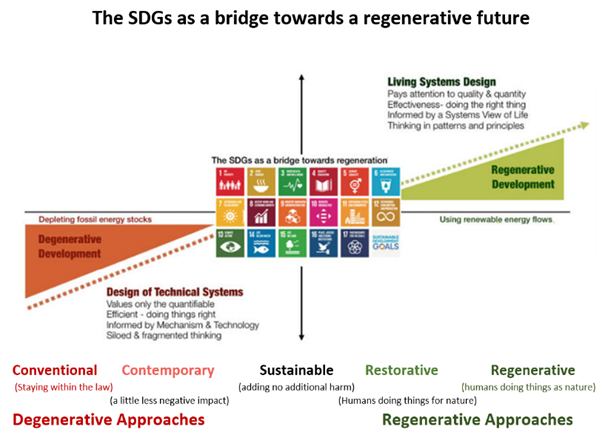
Figure One: The SDGs as a bridge towards a regenerative
future.
Adapted from the regenerative design framework
(Wahl, in Sanford et. al., 2019)
Using the
SDGs to develop a Regenerative Sustainability Framework (RSF) for DCC
20 This report
seeks approval to continue developing the DCC’s sustainability framework based
on a regenerative approach to the SDGs. While the SDGs provide a definition of
the breadth of sustainability with their 17 interconnected goals, the
regenerative approach provides the depth to the impact of their actions.
21 The
Regenerative Sustainability Framework (RSF) will take a systemic view to
sustainability that transitions from simply doing less harm to improving future
enviro-social outcomes. It would include the key cultural dimension from
Te Taki Haruru – the DCC Māori Strategic Framework.
22 If adopted,
the RSF would be an organisation-wide responsibility to action and champion.
The focus would be to align DCC’s strategies and activities to the RSF as
well as acting and influencing at a local level.
23 It is
proposed that DCC would use its local government role in embedding the RSF,
such as through:
· Zero-carbon
initiatives and renewable energy.
· Affordable
housing and urban planning that integrates nature.
· Partnerships
that enhance community resilience and wellbeing.
24 Other examples of where DCC strategies and plans are
moving the sustainability needle forward include the Future Development
Strategy (FDS) and Destination Ōtepoti. FDS notes that where practicable
infrastructure should be designed, built, and operated in a way that restores
the natural environment and cultural values. Destination
Ōtepoti also references ‘regenerative tourism’ as a driver
in the tourism industry.
25 The University
of Otago has embraced the regenerative approach in its implementation of the
SDGs by not accepting that doing less harm is enough, stating that they are
taking a whole of system approach to succeed in their sustainability
transition. This provides Council with a local, forward-looking example
in adopting the SDGs as its sustainability framework.
26 Other
sources of information DCC can draw upon include the Aotearoa New Zealand
Sustainable Development Goals Summits. Aimed at meaningful change for the
SDGs, they regularly bring together people from civil society, government, the
business community, along with mana whenua and Pacific peoples, to shape an
Aotearoa New Zealand response.
27 Table One
provides possible examples of adapting the SDGs to a regenerative context with suggested
local government actions, using some of the SDGs that were highlighted by
Councillors at a recent workshop. This is not an extensive list.
|
Sustainable Development Goals
|
Regenerative Sustainability Lens to the SDGs
|
Examples of Localised Regenerative Actions (DCC in
italics)
|
|
1 No poverty - End poverty in all its forms everywhere
|
· Local economies to regenerate resources.
· Circulate wealth within communities.
|
· Target resources and services to build community resilience to shocks and disasters.
|
|
3 Good Health and Wellbeing – Ensure healthy lives and promote
wellbeing for all at all ages
|
· Higher quality of life.
· Improved wellbeing.
· Integrated green spaces into urban areas.
|
· Urban planning and public transport partnerships to
reduce air pollution; foster healthy lifestyles; prevent road traffic deaths.
· Effective natural resource management and
environmental protection to reduce soil pollution; reduce water pollution.
|
|
4 Quality education - Ensure inclusive and equitable quality
education and promote lifelong learning opportunities for all
|
· Learning principles of ecological literacy.
· Zero-waste economy
· Systemic thinking to solve challenges in
conventional subjects.
|
· Integrated technical and vocational training into
economic wellbeing strategy.
· Partnerships to ensure training is valuable to
labour market opportunities.
|
|
11 Sustainable cities and communities – Make cities and human
settlements inclusive, safe, resilient, and sustainable
|
· Living habitats that grow alongside communities.
· Low carbon city form.
· Renewable energy and transport systems.
· Productive Urban landscapes
|
· Support secure, accessible, appropriate affordable
housing.
· Define, identify, and protect tangible and
intangible cultural heritage in our city.
· Promote biodiversity and habitat corridors within
the city
· Utilise soft infrastructure to prevent flooding,
maximise resilience and biodiversity
|
|
13 Climate action – Take urgent action to combat climate change
and its impact
|
· Adopt net zero or carbon positive approach that also
supports biodiversity.
· Live in ways that respect environmental limitations.
· Restore natural habitats
· Enhance carbon sinks in forests, soils, and oceans.
· Ensure communities and infrastructure are resilient
to climate change impacts
|
· Integrate climate change adaptation and mitigation
into all strategies, actions, and planning.
· Reduce emissions to net zero.
· Increase resilience to climate shocks that
strengthens communities, builds biodiversity and recreational outcomes.
|
|
17 Partnership for the goals – Strengthen the means of
implementation
|
· Collaborative partnerships that mirror
nature’s interconnected networks.
· Stakeholders work together towards the goal of
regenerative sustainability.
|
· Facilitate partnerships within Council and between
public sector, private sector, and civil society in our communities.
|
Table One:
Possible examples of a regenerative focus to the SDGs and localised
regenerative actions.
28 Figure Two summarises Council’s strategic framework
with its commitments to regenerative sustainability and the Treaty of
Waitangi.
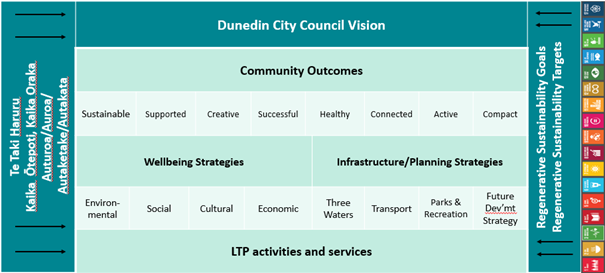
Figure Two: A Regenerative Sustainability Framework for
Council alongside Te Taki Haruru’s vision of “A thriving home, a
thriving village”.
Options
Option One – Approve the development of a Sustainability
Framework for Council that takes a regenerative approach to the United Nations
Sustainable Development Goals
29 Under this
option, Council agrees to progress the development of a Sustainability
Framework for the Dunedin City Council by taking a regenerative approach to
using the United Nations Sustainable Development Goals.
Debt
· No
debt funding is required for this option.
Rates
· There
are no impacts on rates.
Zero carbon
· If
implemented, City-wide and DCC’s greenhouse emissions are likely to
decrease given that this option sets the foundation to create a low carbon city
form, zero-waste economy, and regenerate resources.
Advantages
· Opportunity
to use the SDGs in a progressive, forward-looking systemic way rather than
simply adopting them as they are without adapting them to recent directions in sustainability
thinking and practice.
· Opportunity
to include learnings from regenerative-infused sustainability frameworks
developed by comparable cities.
· Opportunity
to work with the University of Otago’s Sustainability Office on the
development of the DCC’s Sustainability Framework
· Enables
integration of Te Taki Haruru – Māori Strategic Framework,
Council’s commitment to the Treaty of Waitangi, and the four wellbeing
strategies into the DCC’s Sustainability Framework.
Disadvantages
· Requires
repurposing of SDGs to a local regenerative context rather than straight
adoption or simple alignment exercises of SDGs to current activities and
services.
Option Two – Do not approve the development of a
sustainability framework that takes a regenerative approach to the United
Nations Sustainable Development goals
30 Under this
option, Council agrees not to progress the development of a Sustainability
Framework for the Dunedin City Council that takes a regenerative approach to
using the United Nations Sustainable Development Goals.
Debt
· No
debt funding is required for this option.
Rates
· There
are no impacts on rates.
Zero carbon
· City-wide
and DCC’s greenhouse emissions are likely to stay the same. Emissions may
decrease if the Zero Carbon Policy is being implemented but possibly at a
slower pace and scale compared to Option One.
Advantages
· Can
simply adopt the SDGs as they are without having to adapt them to recent
directions in sustainability thinking and practice.
Disadvantages
· Missed
opportunity to demonstrate Council’s commitment to sustainability in a
forward-looking systemic way.
· Missed
opportunity to include learnings from regenerative-infused sustainability
frameworks developed by comparable cities.
· Forgone
opportunity to work with the University of Otago’s Sustainability Office
to include regenerative approaches on the development of DCC’s
Sustainability Framework.
· Missed
opportunity to integrate Te Taki Haruru – Māori Strategic Framework,
Council’s commitment to the Treaty of Waitangi, and the four wellbeing
strategies into the DCC’s Sustainability Framework in a regenerative
sense.
Next Steps
31 If Council
adopts Option One, then to include the Sustainability Framework into the
Wellbeing Strategies over the next six months staff will need to:
· Work
with staff across DCC to develop the vision for regenerative sustainability
that Te Taki Haruru is woven into.
· Work
with staff across DCC on localised Regenerative Sustainability Goals that could
apply for DCC.
· Work
with partners to develop a joined-up regenerative understanding of the
environmental, social, and economic domains.
32 If Council
adopts Option Two, then staff will need to develop another type of
sustainability framework based on the SDGs.
Signatories
|
Author:
|
Paul Cottam - Senior Policy Analyst
Rula Talahma - Senior Policy Analyst
|
|
Authoriser:
|
Nadia Wesley-Smith - Corporate Policy Manager - Acting
Nicola Morand - Manahautū (General Manager Policy and
Partnerships)
|
Attachments
There are no attachments for
this report.
|
SUMMARY OF CONSIDERATIONS
|
|
Fit with purpose of Local Government
This decision promotes the social,
economic, environmental, and cultural well-being of communities in
the present and for the future.
|
|
Fit with strategic framework
|
|
Contributes
|
Detracts
|
Not applicable
|
|
Social Wellbeing Strategy
|
✔
|
☐
|
☐
|
|
Economic Development Strategy
|
✔
|
☐
|
☐
|
|
Environment Strategy
|
✔
|
☐
|
☐
|
|
Arts and Culture Strategy
|
✔
|
☐
|
☐
|
|
3 Waters Strategy
|
✔
|
☐
|
☐
|
|
Future Development Strategy
|
✔
|
☐
|
☐
|
|
Integrated Transport Strategy
|
✔
|
☐
|
☐
|
|
Parks and Recreation Strategy
|
✔
|
☐
|
☐
|
|
Other strategic projects/policies/plans
|
✔
|
☐
|
☐
|
Other strategic projects/policies/plans include: Zero
Carbon Policy, South Dunedin Future work programme, Te Taki Haruru — Māori
Strategic Framework, Procurement Strategy, and the Waste Minimisation and
Management Plan.
|
|
Māori Impact Statement
Mana whenua and mātāwaka are partners in Te Taki
Haruru, the DCC’s Māori Strategic Framework, and in its Strategic
Refresh work programme, which includes developing a sustainability framework.
The principles of Te Taki Haruru include: Autūroa —
the natural world being enduring and ancient. Its key intention is mana —
personal and collective power and authority drawn from ancestral whakapapa
and traditions; Auora — with wellbeing as is essence, and the key value
of mauri. Mauri is defined as life force and teaches us about the need to
respect and care for all things; and Autaketake, which refers to wairuataka,
the holistic wellbeing of the individual and of the collective. Its defining
intention is tapu and noa, which provide an element of safety over an
activity or resource.
Developing the Sustainability Framework provides DCC with
an opportunity to demonstrate its commitment to the Treaty of Waitangi.
|
|
Sustainability
The development and adoption of a sustainability framework
for the city will promote the social,
economic, environmental, and cultural wellbeing of
communities in the present and for the future. It
will do this by clarifying the interpretation and measures
of sustainability and promoting consistent application of the sustainability
framework.
|
|
Zero carbon
If the
Sustainability Framework is adopted and implemented afterwards, it is
expected that city-wide and DCC greenhouse gas emissions are likely to
decrease as intended.
|
|
LTP/Annual Plan / Financial Strategy /Infrastructure
Strategy
The Strategic Refresh, which includes a sustainability
framework, will directly impact on the 9-year plan 2025-2034.
|
|
Financial considerations
There are no financial implications.
|
|
Significance
This report is
considered low in terms of the Significance and Engagement Policy.
|
|
Engagement – external
DCC staff have engaged with the Sustainability Office at
the University of Otago in preparing this report.
|
|
Engagement - internal
This report has been prepared by the Corporate Policy team
with input from the Zero Carbon team. Discussion was also held with the
business, transport, waters, and parks teams.
|
|
Risks: Legal / Health and Safety etc.
There are no identified risks.
|
|
Conflict of Interest
There is no conflict of interest.
|
|
Community Boards
The Sustainability Framework will apply to Community Board
areas as part of Dunedin City.
|
|

|
Council
10 December 2024
|
Community Led Resource Recovery and Construction Industry
Waste Reduction Update
Department: Waste and Environmental Solutions
EXECUTIVE SUMMARY
1 The
establishment of three community-led resource recycling centres and enabling
construction waste to be reduced, reused and recycled are action areas in the
Zero Carbon Plan 2030.
2 This
report updates Council on engagement undertaken with Ōtepoti Dunedin
community organisations and groups, and additional research, on the
establishment of community-led resource recovery hubs.
3 This
report also updates Council on engagement with the construction and demolition
industry and research undertaken to understand the scale of construction and
demolition waste in Dunedin and waste minimisation opportunities in the sector.
4 Community
engagement has been undertaken over the past 12 months, leading to the
establishment of a network of local community organisations working in community-based
waste minimisation, known as the Ōtepoti Waste Minimisation Network.
5 Engagement
with the Construction and Demolition (C&D) industry has been undertaken
over the past 12 months which has led to local case studies, networking
opportunities and educational collateral being developed.
RECOMMENDATIONS
That the Council:
a) Notes the Community
Led Resource Recovery and Construction Industry Waste Reduction Update
BACKGROUND
6 The
DCC has a responsibility under the Waste Minimisation Act 2008 (WMA) to
‘promote effective and efficient waste management and minimisation’
and must have a waste management and minimisation plan (WMMP).
7 The
current (2020) Waste Minimisation and Management Plan has been revised and
updated. The revised draft WMMP was presented to Council at its meeting
of 30 October 2024 seeking approval for public consultation –
|
|
Moved (Cr Jim O'Malley/Cr Kevin Gilbert):
That the Council:
a) Approves the proposed draft Waste Management and
Minimisation Plan 2025 for public consultation, following a Special
Consultation Procedure.
b) Approves: The proposed draft Waste Management and
Minimisation Plan 2025 to be publicly consulted on alongside the 9 Year Plan.
c) Authorises the Chief Executive to make any minor
editorial changes to the draft Waste Management and Minimisation Plan 2025
and associated consultation documents.
d) Decides:
i) To
publicly consult on the proposed draft Waste Management and Minimisation Plan
2025.
ii) To
appoint members to a hearings panel for the public consultation.
iii) If
any further amendments should be made before the draft WMMP 2025 is presented
for public consultation.
e) Notes the Summary of Information, Summary of Engagement,
Statement of Proposal, Consultation Method, the submission feedback form, and
drop-in schedule which are attached to this report, and will be used as part
of the public consultation. The Otago Regional Waste Assessment 2023 will be
notified with the Statement of Proposal.
Division
The
Council voted by division
For: Crs
Bill Acklin, Sophie Barker, David Benson-Pope, Christine Garey, Kevin
Gilbert, Carmen Houlahan, Marie Laufiso, Cherry Lucas, Mandy Mayhem, Jim
O'Malley, Steve Walker, Brent Weatherall, Andrew Whiley and Mayor Jules
Radich (14).
Against: Cr Lee
Vandervis (1).
Abstained: Nil
The division was declared CARRIED by 14 votes to 1
Motion
carried (CNL/2024/193)
|
8 The
draft WMMP has specific focus areas, including one on community-based resource
recovery and one on the reduction of construction and demolition waste. The
draft WMMP incorporates feedback from the initial direct stakeholder
engagement, plus waste minimisation actions that are identified in DCC’s
Zero Carbon Plan.
9 The
DCC’s Zero Carbon Plan 2030 was adopted by Council in 2023. A key
Shift in the Zero Carbon Plan is to “Divert more waste from
landfill”. It identifies actions relating to resource recovery,
resource circularity and collaborative action with community.
10 The Zero
Carbon Plan states that the “DCC will partner with communities to
initially establish three community led resource/recycling centres and to
investigate the feasibility of establishing a wider network”. It also
states that the “DCC will develop a central city location for recyclable
materials and sale of diverted items (rummage store)”.
11 Further,
the Zero Carbon Plan states that the “DCC will support
design, demolition, and construction industries to reduce waste. The DCC will
also work to increase the city’s ability to store, process, and reuse
construction and demolition waste”.
12 To progress
these actions, in 2023 two fixed term positions were created. One is to engage
the community to gain an understanding of the community’s aspirations
regarding community-led waste minimisation and resource recovery, explore
current local approaches and research existing models locally and nationally
for best practice examples. The other role is focussed on connecting and
engaging with construction industry stakeholders, to highlight and disseminate
good practice, and to identify and support actions and solutions. through
development of a detailed business case.
13 This
information will be used to prepare a costed Business Cases for a) the establishment
of up to three community based and community led Resource Recovery Centres, and
b) initiatives to support C&D waste reduction and diversion and
identification of facilities and infrastructure required to enable the C&D
sector to meaningfully reduce waste.
DISCUSSION
Community led resource recovery
14 A solid
waste audit was undertaken in 2022 to help inform an Otago Regional Waste
assessment. The assessment found there are opportunities to improve waste
minimisation in the city through partnership with community-based resource
recovery.
15 The Waste
assessment 2022 proposes a “hub and spoke” network of Resource
Recovery Centres (RRC) linked to Resource Recovery Parks (RRP) as the ideal
model, as shown in Fig 1. below.
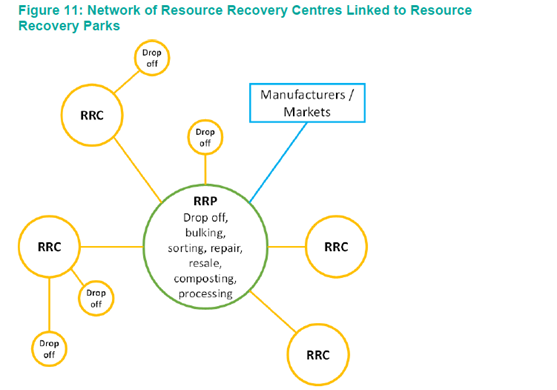
16 As part of
the Waste Futures project, construction and commissioning of a Resource
Recovery Park (RRP) at Green Island has commenced. In this model, the
RRPs are at the centre of the network. RRCs form the primary nodes where
most of the material is dropped off and consolidated locally.
17 Nationally,
many RRCs start off as local transfer station sites that are upgraded and
re-purposed to have a predominant focus on resource recovery. RRCs are
often run by the community and serve to engage, educate, and empower the local communities
to not only recover materials but extract and apply the value of those
materials for community benefit. A successful local example is the One
Coast RRC based at the Waikouaiti transfer station.
18 Community-led
resource recovery can have other benefits such as job creation and strengthened
community networks and social cohesion.
Progress to
date
19 Since
November 2023, the following activity has been undertaken:
· In person meetings
with a wide variety of local Ōtepoti Dunedin based community groups and
waste minimisation related organisations to understand how they work, what
challenges, opportunities, and requirements they have. Additionally, meeting
with local funding representatives to socialise community-led responses to
waste minimisation.
· Participation
workshop with 25 groups and organisations represented.
· Individual
meetings with a variety of organisations to understand how RRCs operate and
understand example models nationally, plus desktop research conducted on
existing operational models elsewhere in New Zealand.
· A network building
hui in May, with over 45 attendees. This hui provided an opportunity for
presentations, followed by visioning exercises that led to the creation of the
Ōtepoti Waste Minimisation Network (OWMN).
· Regular OWMN
newsletters created and distributed to the network sharing news, events,
opportunities for collaboration and sharable content to disseminate to the
wider community.
· Ongoing liaison
with groups providing advice for collaborative projects, guidance on waste
minimisation practices, networking, and collaboration opportunities.
· Establishment of a
network working group of representatives from the OWMN.
· Planning and
implementation of a fortnightly podcast – ‘REthinking Waste –
from recycling to resources in Ōtepoti Dunedin’. There have been 5
episodes broadcast, 10 pre-recorded with a total of 26 episodes over 12
months.
20 The themes
that have emerged from the community engagement and research into what makes
community based and community led RRCs successful include:
· affordable,
accessible location
· long-term funding
and support partnership
· developing
capability and capacity of community-based staff
· flexibility in
operating model to respond to changing community need and new revenue stream
opportunities
· capacity to expand
offering across all the Rs, i.e., recovery, recycling, reuse, repair, refill,
plus education aimed at refuse and rethink
· ability to capture
and share waste diversion data to support DCC’s waste minimisation
efforts
· establishing a
network of operators to share data, innovation and ideas and support.
21 The next
phase of work is to collate all the data and community feedback gathered and
use that to inform a costed-up Business Case for the establishment of up to
three community based and led Resource Recovery Centres.
22 The
Business Case will be presented to the Infrastructure Services Committee by the
end of June 2025. This will also allow time for the feedback on the draft
WMMP to be considered and incorporated into the Business Case.
Construction
and Demolition industry waste reduction
23 It has been
estimated that 4.5 tonnes of material are wasted for every new residential
build in New Zealand, which equates to a cost of over $31,000 per home (2015
figures). Around 15% of materials arriving on site are likely to be wasted,
whether through off-cuts arising from design decisions, or through over-ordering
of components. Nationally, it is estimated that over 40% of all waste to
landfill comprises construction and demolition (C&D) material.
24 To improve
the reliability of data and evidence around C&D waste generation, disposal,
and diversion, a national C&D waste baseline measurement and tracking
methodology has been commissioned. The final report is due to be released by
the Ministry of the Environment in early 2025 and will provide the evidence
base for future national policy and regulatory work.
25 A solid
waste audit was undertaken in November 2022 to inform the Otago Regional Waste
Assessment. This indicated that a total of 57 tonnes currently classified as
C&D waste is disposed of at Green Island landfill every week, of which
around 72% is timber waste and 10% is rubble (including plasterboard).
26 Green
Island only accounts for an estimated 15% of the total C&D waste to Dunedin
landfills. The remainder goes elsewhere, including a privately owned C&D
landfill at Burnside. Commercial data is not publicly available for privately
owned and managed landfills.
27 The design
for Resource Recovery Park at Green Island provides for a C&D sorting pad,
with construction expected around 2026-27.
Progress to
date
28 Since
November 2023, the following activity has taken place:
· On-going
engagement with the local construction sector.
· Engagement with
national industry organisations and the tertiary sector.
· Networking list of
construction companies, architects, waste operators, retailers, and industry associations
created.
· Establishment of a
dedicated C&D webpage.
· A
C&D breakfast event, with guest speakers from Naylor Love and Cook
Brothers, which was attended by 30 people.
· Terms
of reference developed for a C&D cross-sector working group, which
currently has 17 members. There have been two meetings of the working group,
and a third is planned.
· Ongoing
liaison with council staff working on related projects.
· Establishment
of an internal staff advisory group to ensure a joined-up approach to C&D
waste actions (building services, property projects, procurement), and
synergies with the zero carbon investment plan and the building incentives
project.
29 The next
phase of work is to collate all the data and construction sector feedback
gathered and use that to inform a costed-up Business Case to inform strategic
investment in infrastructure required to support the reduction of C&D
waste, and on-going support for the sector.
30 To assist
in the creation of the business case, further trials and case studies are
planned in collaboration with construction industry partners.
31 The
Business Case will be presented to the Infrastructure Services Committee by the
end of June 2025. This will also allow time for the feedback on the draft
WMMP to be considered and incorporated into the Business Case.
OPTIONS
32 As this is
a noting report, there are no options.
Zero carbon
· Diversion
of waste is a Key- Shift in the Zero Carbon Plan.
· The
establishment of up to three community-led Resource Recovery Centres is an
Action Area in the Zero Carbon Plan.
· Support
for design, demolition, and construction industries to reduce waste and for the
DCC to increase the city’s ability to store, process, and reuse
construction and demolition waste is an Action Area in the Zero Carbon Plan.
NEXT STEPS
33 Staff will
prepare Business Cases for a) the establishment of up to three community-led
Resource Recovery Centres in Dunedin and, b) Strategic investment into the
reduction of construction and demolition waste in Dunedin.
34 The
Business Cases will be presented to the Infrastructure Services Committee
before the end of June 2025.
Signatories
|
Author:
|
Chris Henderson - Group Manager Waste and Environmental
Solutions
|
|
Authoriser:
|
Scott MacLean - General Manager, Climate and City Growth
|
Attachments
There are no attachments for
this report.
|
SUMMARY OF CONSIDERATIONS
|
|
Fit with purpose of Local Government
This decision enables democratic local
decision making and action by, and on behalf of communities.
This decision promotes the social,
economic and environmental well-being of communities in the present and for
the future.
|
|
Fit with strategic framework
|
|
Contributes
|
Detracts
|
Not applicable
|
|
Social Wellbeing Strategy
|
✔
|
☐
|
☐
|
|
Economic Development Strategy
|
✔
|
☐
|
☐
|
|
Environment Strategy
|
✔
|
☐
|
☐
|
|
Arts and Culture Strategy
|
☐
|
☐
|
✔
|
|
3 Waters Strategy
|
☐
|
☐
|
✔
|
|
Future Development Strategy
|
✔
|
☐
|
☐
|
|
Integrated Transport Strategy
|
☐
|
☐
|
✔
|
|
Parks and Recreation Strategy
|
☐
|
☐
|
✔
|
|
Other strategic projects/policies/plans
|
✔
|
☐
|
☐
|
This work contributes to the Zero Carbon Policy and Zero
Carbon Plan, the Emissions Management and Reduction Plan and Waste Management
and Minimisation Plan 2020.
|
|
Māori Impact Statement
Local rūnaka representatives have participated in
workshops. A mana whenua representative is on the working party of the
WMMP review. The concepts of community-led practice, collaboration,
social inclusion and wellbeing, and environmental protection and care align
with Te Ao Māori principals.
|
|
Sustainability
Reducing waste to landfill will support decreasing
emissions. Collaborative and shared resourcing to manage resource recovery
makes the process more efficient and reduces the use of fossil fuels for the
transportation of materials. Local resource recovery increases community
resilience.
|
|
Zero carbon
The
establishment of up to three community-led Resource Recovery Centres is an
Action Area in the Zero Carbon Plan. Support for design, demolition,
and construction industries to reduce waste and for the DCC to increase the
city’s ability to store, process, and reuse construction and demolition
waste is an Action Area in the Zero Carbon Plan
|
|
LTP/Annual Plan / Financial Strategy /Infrastructure
Strategy
There are no financial implications from this noting
report.
|
|
Financial considerations
As this is a noting report, there are no financial
considerations.
|
|
Significance
This decision is considered low in terms of the
Council’s Significance and Engagement Policy.
|
|
Engagement – external
Engagement has been undertaken with a wide array of
community groups and organisations and construction sector representatives.
|
|
Engagement - internal
Internal engagement has been undertaken with the Zero
Carbon, Waste and Environmental Services, Building Services, Property
Services and Procurement teams.
|
|
Risks: Legal / Health and Safety etc.
There are no risks associated with this noting paper.
|
|
Conflict of Interest
No conflicts of interests identified.
|
|
Community Boards
Waste reduction, resource recovery and reuse initiatives
are of interest to all Community Boards.
|
|

|
Council
10 December 2024
|
Lawn Bowling Facilities, Options and Assessment
Department: Parks and Recreation
EXECUTIVE SUMMARY
1 This
report deals with a proposal to create a lawn bowls hub at the Dunedin Lawn
Bowls Stadium by development of one and a half artificial outdoor bowls greens
on part of the Chisholm Park Recreation Reserve. This project will be funded by
the bowls community and on completion will allow the management of the stadium
facility and these new outdoor greens under one administration. A new lease to
The Dunedin Lawn Bowls Stadium Incorporated (DLBS) will be executed with the
Council.
2 Negotiations to facilitate the re-development of the former Tainui
Bowling Club area back to a bowls use started in earnest in 2021 following
preparation of an independent Feasibility Investigation. This has resulted in a
proposal to develop artificial outdoor bowling greens and associated facilities
as shown in the Concept Plan at Attachment A.
3 An
Agreement to Lease has been developed to
help guide the bowls community as it plans and funds the project. This includes
recognition that once the development of the outdoor bowling greens has been
completed, the management of the outdoor bowling facilities and the existing
indoor lawn bowls stadium will come under the management of DLBS.
4 To
assist with progressing this matter, Parks and Recreation has undertaken a
public notification process, notifying the public that the Council has intention
to permit the bowls development and to grant a lease of part Chisholm Park
Recreation Reserve to DLBS. Several submissions
in support of the proposal were provided, while no objections were received.
5 The
development of the artificial outdoor bowling greens and facilities will be
funded and implemented by the bowls community.
6 Following
the completion of the development works, a new lease of part Chisholm
Park Recreation Reserve incorporating both the existing indoor bowls stadium
and the new outdoor bowls greens and associated facilities will be issued to The
Dunedin Lawn Bowls Stadium Incorporated. This lease will be for an initial term
of 10 years. See aerial photo of proposed lease area at Attachment B.
RECOMMENDATIONS
That the Council:
a) Notes the information
contained in this Report.
b) Notes that public notification
of Council’s intention to permit the bowls development and grant a lease
of part Chisholm Park Recreation Reserve has been undertaken with no
submissions in opposition received.
c) Approves the terms of
the Agreement to Lease to be executed between The
Dunedin Lawn Bowls Stadium Incorporated, Andersons Bay Bowling Club and the
Council.
d) Approves the
development of part of the Chisholm Park Recreation Reserve for artificial
outdoor bowls greens and associated facilities.
e) Approves the granting
of a ten (10) year lease of part Chisholm Park Recreation Reserve incorporating the
existing indoor bowls stadium and outdoor bowls greens and associated
facilities to The Dunedin Lawn Bowls Stadium
Incorporated upon completion of the development and amalgamation of the
Andersons Bay Bowling Club and The Dunedin Lawn Bowls Stadium Incorporated.
BACKGROUND
7 Discussions
to reinstate bowls at the former Tainui Bowling Club site had been held since
2019, with a focus on linking the outdoor sport with the existing indoor bowls
stadium. It was also important to ensure that this could be achieved without
disruption to the long-established adjacent site currently leased to Tainui
Croquet Club Incorporated. An independent feasibility investigation was carried
out in mid-2021 which indicated a development was possible at this site.
8 Around
2021, the Andersons Bay Bowling Club (ABBC) identified an opportunity for it to
relocate alongside the Dunedin indoor bowls stadium and to strengthen the
support of the sport of bowls. ABBC decided to sell its existing club
facilities and land at 31 Bayfield Road, Andersons Bay, and use the sale
proceeds to fund the new artificial greens and facilities at the former Tainui
Bowling Club site.
9 ABBC
in early 2024 entered into a conditional Sale and Purchase Agreement and the
settlement funds will be used to substantively finance and facilitate the new
outdoor greens development works. The expectation is that ABBC and DLBS will
amalgamate to continue as DLBS.
10 The
available land and requirements for the sport of bowls mean that one and a half
outdoor artificial bowls greens can be accommodated on the land along with
modest support facilities (toilets, locker room and storage). These facilities
will be supplemented by use of existing facilities already present at the
stadium. There would also be provision for a new toilet facility on the croquet
club side to replace the club’s current hired portaloo facility.
DISCUSSION
11 A concept
plan has been prepared to construct one and a half outdoor synthetic bowls
greens of tournament standard and associated facilities. ABBC and DLBS will
jointly undertake the bowling greens and facility development work and they
have engaged a project manager for the development.
12 Before the development
stage of the project can commence however, the Council is required to consider
this proposal and provide its decision on the following matters:
a. Approval
of the terms of the Agreement to Lease. See Agreement to Lease at
Attachment C.
b. Support
for and approval of ABBC and DLBS’s artificial outdoor greens and
facilities development proposal on part of Chisholm Park Recreation Reserve and,
c. Approval
to grant a lease to DLBS for a ten (10) year term once the development work has
been completed and ABBC has amalgamated with DLBS. Attachment D. shows the
draft lease.
NB: the
current lease from Council held by the DLBS for the adjacent indoor bowls stadium
site will be surrendered at the same time the new lease comes into effect. The
new lease will be for both the new development site and the indoor bowls
stadium site.
OPTIONS
Impact assessment
Debt
No debt funding is required for
this option. The development is being undertaken by the bowls groups.
Rates
There are no rate funding impacts expected.
Zero Carbon
This option aligns with the Zero Carbon Policy as the proposal is
likely to decrease city-wide and Council emissions. Emissions reductions are
likely to be driven by less maintenance requirements and less waste and
reduction of fossil fuel consumption.
Option One – Recommended Option
7 This option
supports the proposal to develop part of Chisholm Park Recreation Reserve for
use by lawn bowls with construction of one and a half artificial bowling greens
and associated facilities and confirms the intention to grant a lease to The
Dunedin Lawn Bowls Stadium Incorporated.
Advantages
· An
area of brown fields reserve land is re-developed for a community sporting use
alongside existing sporting activities in the same locality (indoor bowls,
croquet and golf) effectively creating a lawn sports hub.
· The
proposed development and subsequent lease will strengthen the sport of lawn
bowls in Dunedin by locating an outdoor bowls club alongside the existing
indoor bowls facility and through the shared use of new and existing
facilities.
Disadvantages
· Not
allowing the re-development would stop the Andersons Bay Bowling Club
relocating to the reserve thereby removing opportunity for The Dunedin Lawn
Bowls Stadium Incorporated to strengthen and sustain its activities.
· Not
proceeding would mean the lawn sports hub would not eventuate.
Option Two – Status Quo
13 This would
involve either seeking a new user for the land, which would still require
development to be undertaken or the land would remain as open green space, in
the interim.
Advantages
· There are no clear
advantages from not proceeding with the development of artificial outdoor
bowling greens and confirmation of a new lease.
Disadvantages
· The Council will
have the costs of maintaining the reserve land in clean and tidy condition
while other options and opportunities are investigated.
NEXT STEPS
14 If the
recommendations above are confirmed, then arrangements will be made to inform
the various parties to the proposed development and to arrange finalisation and
execution of the Agreement to Lease.
Signatories
|
Author:
|
Owen Graham - Senior Leasing and Land Advisor
|
|
Authoriser:
|
Heath Ellis - Acting Group Manager Parks and Recreation
Jeanette Wikaira - General Manager Arts, Culture and
Recreation
|
Attachments
|
|
Title
|
Page
|
|
⇩a
|
Concept Plan new
outdoor bowls greens Chisholm Park Rec Reserve
|
259
|
|
⇩b
|
Aerial photo of
proposed lease area Dunedin Lawn Bowls Stadium Inc.
|
260
|
|
⇩c
|
Agreement to Lease
reserve land to Dunedin Lawn Bowls Stadium Inc.
|
261
|
|
⇩d
|
Draft Lease Dunedin
Lawn Bowls Stadium Inc. Chisholm Park Rec Reserve
|
333
|
|
SUMMARY OF CONSIDERATIONS
|
|
Fit with purpose of Local Government
This decision enables democratic local
decision making and action by, and on behalf of communities
and promotes the social well-being of
communities in the present and for the future. The recommended option we see
vacant reserve land re-purposed for sport and recreational use.
|
|
Fit with strategic framework
|
|
Contributes
|
Detracts
|
Not applicable
|
|
Social Wellbeing Strategy
|
✔
|
☐
|
☐
|
|
Economic Development Strategy
|
✔
|
☐
|
☐
|
|
Environment Strategy
|
☐
|
☐
|
☐
|
|
Arts and Culture Strategy
|
☐
|
☐
|
☐
|
|
3 Waters Strategy
|
☐
|
☐
|
☐
|
|
Future Development Strategy
|
☐
|
☐
|
☐
|
|
Integrated Transport Strategy
|
☐
|
☐
|
☐
|
|
Parks and Recreation Strategy
|
✔
|
☐
|
☐
|
|
Other strategic projects/policies/plans
|
☐
|
☐
|
☐
|
Development of this land will consolidate both outdoor
bowls (on an artificial surface) with the popular indoor bowls stadium
alongside the existing croquet and golf clubs in a lawn sports hub.
|
|
Māori Impact Statement
Developing relationships with Mana Whenua provides the DCC
with an opportunity to demonstrate its commitment to the Treaty of Waitangi.
As part of this work and as a matter of courtesy, staff will inform the Chair
of Te Rūnanga o Ōtākou of this development.
|
|
Sustainability
The redevelopment of this vacant area of reserve for sport
and recreational use for bowls will support the viability of the existing
indoor Lawn Bowls Stadium. The development of an artificial outdoor bowls
surface will remove the requirements for mowing and use of chemicals required
for traditional grass greens and provide a long-life facility for the sport.
|
|
LTP/Annual Plan / Financial Strategy /Infrastructure
Strategy
There are no anticipated implications for the LTP or
Annual Plans.
|
|
Zero Carbon
This option aligns with the Zero Carbon Policy as
it is likely to decrease city-wide and Council emissions. Emissions
reductions are likely to be driven by less maintenance requirements and less
waste and reduction of fossil fuel consumption.
|
|
Financial considerations
No immediate costs other than those in-house costs to
formalise the new lease arrangement.
|
|
Significance
The decision has been assessed as being of low
significance under Council’s Significance and Engagement Policy.
|
|
Engagement – external
The Council has engaged with representatives of the two
bowls groups and the croquet club and their various advisors.
|
|
Engagement - internal
Parks and Recreation Senior Leadership Team and
Council’s in-house Legal team
|
|
Risks: Legal / Health and Safety etc.
There are no material risks associated with the decisions.
|
|
Conflict of Interest
There are no known conflicts of interest.
|
|
Community Boards
The land to be developed and leased is not located within
a Community Board area.
|
|

|
Council
10 December 2024
|
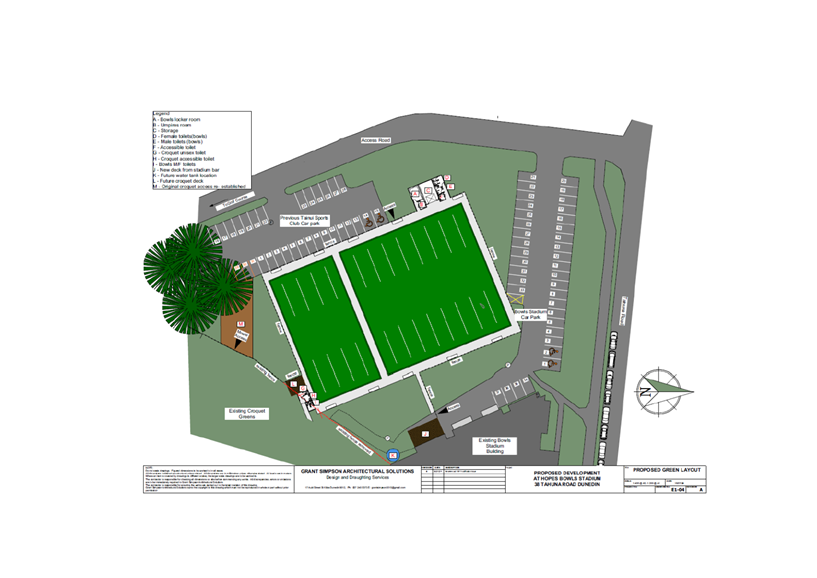
|

|
Council
10 December 2024
|
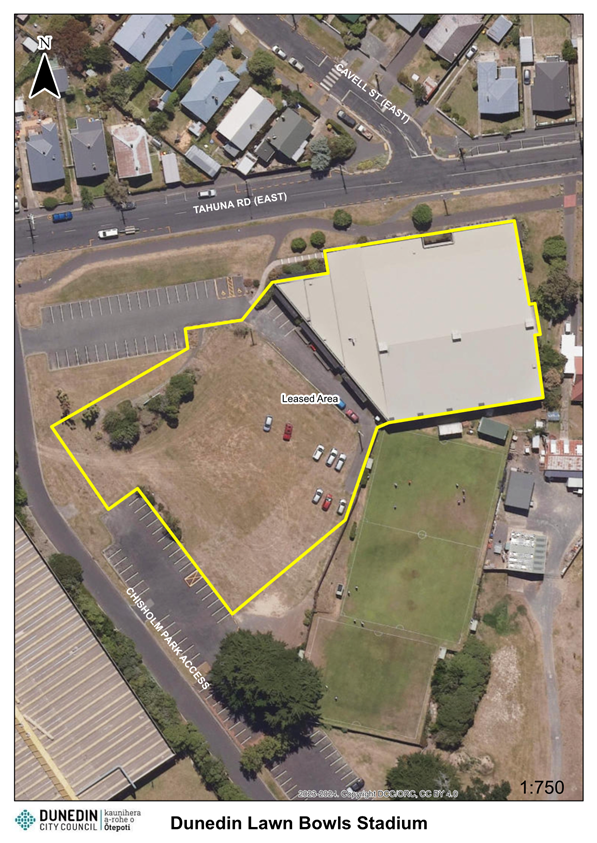
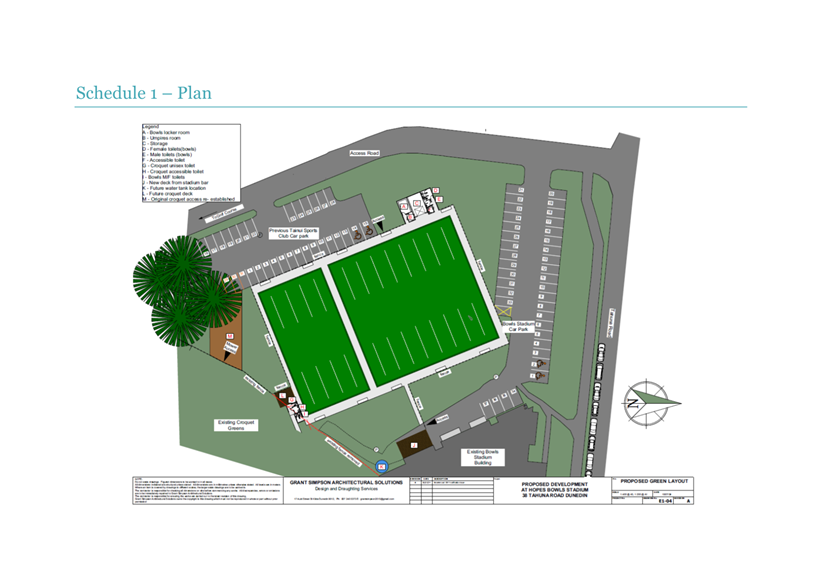
|

|
Council
10 December 2024
|
Gift of Land at Portobello from The Otago Peninsula
Agricultural and Pastoral Society
Department: Parks and Recreation
EXECUTIVE SUMMARY
1 This
report deals with the gifting of approximately 1.1735 hectares of land owned by
The Otago Peninsula Agricultural and Pastoral Society (the Society) to
the Council. This land is shown on Attachment A (the Land).
2 Negotiations
to transfer ownership of the Land to the Council started in 2019 and have been
formalised in an Agreement for Sale and Purchase executed on 8 July 2024 that
records the terms for the land transfer to the Council (the Agreement). A copy
of the Agreement is attached as Attachment B.
3 The
Agreement is conditional on the elected Council:
a. Approving
the terms of the Agreement;
b. Passing
a resolution to declare the property as a reserve under section 14 of the
Reserves Act 1977;
c. Passing
a resolution to classify the property as a recreation reserve under section 16
of the Reserves Act 1977; and
d. Notifying
the Society in writing of the approval within one year from the date of the
Agreement.
4 The Agreement entitles the elected Council to grant or withhold its
approval at its discretion and without giving any reason.
RECOMMENDATIONS
That the Council:
a) Notes the information
contained in this Report.
b) Approves the terms of
the Agreement for Sale and Purchase executed between The Otago Peninsula Agricultural and Pastoral Society and
the Council (as varied by the Deed of
Variation) and accepts the gift of land.
c) Authorises the public
notification of Council’s intention to declare the land referred to in
the Agreement for Sale and Purchase as a recreation reserve under section 14 of the Reserves
Act 1977.
BACKGROUND
5 The Society has
leased the Land, which adjoins the Portobello Domain, to the Council for
recreational purposes since 1 July 2009. That lease included the option for
Council to acquire the Land should the Society no longer wish to retain it.
6 The Land
comprises 11 parcels held in 9 separate land titles and is immediately
adjoining the Portobello Domain (see Attachment A). In earlier times the Land
was used for community purposes associated with the Society’s activities
and by the Peninsula Pony Club (now based elsewhere).
7 The Society has had declining membership for many years
and recognised it no longer had use for the Land.
8 The
Agreement will see the Land gifted to the Council for a purchase price of
$1.00. The gifting is conditional on:
a. the
Council approving the terms of the Agreement; and
b. the
Land becoming recreation reserve subject to the Reserves Act 1977 for the
general benefit of the Portobello community.
9 The
Agreement records that the Council will also take ownership of minor
improvements on the Land, such as fencing and a shed.
DISCUSSION
10 The offer of the gift of
Land is considered by officers to be in the best interests of the Society and
of the community. The Land will require
attention to bring it up to public open space use standards from its present
‘horse paddock’ condition.
11 Accepting the gift of Land
will provide a valuable recreational extension to the Portobello Domain which
it adjoins. The Domain is owned and administered by the Council and offers
sports fields and a pump track. A potential future use may be for development
of a Peninsula Dog Park on part of the Land, although this is yet to be fully
considered.
12 The
gifted Land is located within the prohibition on camping area for the
Portobello locality, as specified in
Council’s Camping Control Bylaw 2015 - Schedule
A - Prohibited camping area’
and shown in Map 10 of the bylaw.
13 This
prohibition however does not mean that no camping (including freedom camping)
can occur in the Portobello locality, as has occurred in the past. The bylaw
affords to Council a power of discretionary
consent. That consent may be granted in specific cases, where the Council
considers that granting of that consent would not be contrary to the purpose of
the bylaw and may be granted with or without conditions, at the absolute
discretion of the Council.
14 The
Society has been contacted about the discretionary consent provision in the
Camping Control 2015 bylaw, and has confirmed that, for major or special events
such as occurred in 2011 with the Rugby World Cup, it accepts that the Land may
have value for temporary freedom camping, and the Society is satisfied that
Council will use its discretion appropriately.
15 The
Agreement initially stated that the Council will ensure that no camping
(including freedom camping) is permitted on the land once the Land is
transferred to the Council. The Council has subsequently entered into a Deed of
Variation (Attachment C) to vary the Agreement to record that the Society
acknowledges that once the property has been transferred, freedom camping will
not be permitted on the land, unless a discretionary consent has been granted
under the Camping Control Bylaw 2015 or any other bylaw made in substitution or
any legislation.
16 The
2024 draft Reserve General Policies Management Plan includes
an - Appendix E – Areas where
Permission for Camping may be Granted. This appendix anticipates that there may be occasion when Council
requires the discretion to consent to camping (including
freedom camping) in some locations. Accordingly, it has listed several
locations in Appendix E. where this
discretion may be applied. One of those areas specifically is Portobello Domain.
17 Gifting of land to Council for reserve purposes is an
infrequent occurrence. The currently operative Reserve General Policies
Management Plan, March 2005 does not contain a formal Policy on
acquisition of land including from gifting.
The 2024 draft Reserve General Policies
Management Plan has addressed this gap by including a new Policy
– 2.4.2 Land Acquisition and Disposal which incorporates
gifting of land to Council. This updated policy is currently being considered
by Council and is on the agenda.
18 In relation to mana whenua engagement. It was known
the land was not obtained by the Otago Peninsula Agricultural and Pastoral
Society from the Crown. Consultation has occurred with Te Rūnaka o
Ōtākou Chair. It has been confirmed that as the land did not come
from a Crown body, it does not fall under the Ngai Tahu Right of First Refusal
(RFR) process in the Ngai Tahu Claims Settlement Act 1998.
19 Before the Council can
resolve to declare the Land to be held as recreation reserve, there is a public
notification requirement in section 14(2) of the Reserves Act 1977 to be met.
Once the public notification process has been completed and the Council has
considered all objections (if any), the Council may resolve to:
a. Declare
the Land as a reserve under section 14(1) of the Reserves Act 1977; and
b. Classify
the Land as a recreation reserve under section 16(1) of the Reserves Act 1977,
under a delegation from the Minister of Conservation.
20 Should the Council pass both
of these resolutions, the resolutions would then be gazetted, and the Council
and the Society can proceed to settle the Land gifting.
OPTIONS
Impact assessment
Debt
No debt funding is required for
this option.
Rates
There are no rate funding impacts expected.
Zero Carbon
The expected impact of this option aligns with the Zero Carbon Policy
as it is unlikely to increase as the use of the land will not alter
significantly from the present land use.
Option One –
Recommended Option
21 This option confirms
acceptance for the gifting of the Land and authorises public notification of
the intention to declare the Land to be recreation reserve subject to the
Reserves Act 1977.
Advantages
· The community
benefits from additional reserve land in Portobello and the ability to enhance
the existing range of recreational opportunities in this locality.
Disadvantages
· The Council will
be responsible for all costs in relation to the Land.
Option Two – Status
Quo
22 This would involve either
seeking a new lease from the Society (although the Society is winding up) or
the land being offered by the Society on the open market.
Advantages
· The Council will
not have any costs in relation to the Land.
Disadvantages
· The Portobello
Domain Recreation Reserve retains its current form and size, and recreational
opportunities in this locality remain somewhat limited.
NEXT STEPS
23 If
the recommendations above are confirmed, then arrangements will be made to
undertake the public notification of the
intention to declare the Land to be recreation reserve subject to the Reserves
Act 1977 and receive any submissions.
Signatories
|
Author:
|
Owen Graham - Senior Leasing and Land Advisor
|
|
Authoriser:
|
Heath Ellis - Acting Group Manager Parks and Recreation
Jeanette Wikaira - General Manager Arts, Culture and
Recreation
|
Attachments
|
|
Title
|
Page
|
|
⇩a
|
Aerial photo showing
Otago Peninsula A&P Society land to be Gifted to DCC
|
356
|
|
⇩b
|
Executed ASAP The Otago
Peninsula Agricultural & Pastoral Society land gift to DCC
|
357
|
|
⇩c
|
Executed Deed of
Variation The Otago Peninsula Agricultural & Pastoral Society land gift
to DCC
|
381
|
|
SUMMARY OF CONSIDERATIONS
|
|
Fit with purpose of Local Government
This decision enables democratic local
decision making and action by, and on behalf of communities.
The recommended option relates to the
provision of new land for public recreational use
|
|
Fit with strategic framework
|
|
Contributes
|
Detracts
|
Not applicable
|
|
Social Wellbeing Strategy
|
✔
|
☐
|
☐
|
|
Economic Development Strategy
|
☐
|
☐
|
☐
|
|
Environment Strategy
|
☐
|
☐
|
☐
|
|
Arts and Culture Strategy
|
☐
|
☐
|
☐
|
|
3 Waters Strategy
|
☐
|
☐
|
☐
|
|
Future Development Strategy
|
☐
|
☐
|
☐
|
|
Integrated Transport Strategy
|
☐
|
☐
|
☐
|
|
Parks and Recreation Strategy
|
✔
|
☐
|
☐
|
|
Other strategic projects/policies/plans
|
☐
|
☐
|
☐
|
Acquiring this land will add to the opportunities for
passive and active recreation in this rural setting.
|
|
Māori Impact Statement
The Otago Peninsula Agricultural and Pastoral Society land
was considered at a meeting at a Te Rūnaka o Ōtākou hui in
relation to the Ngāi Tahu Right of First Refusal (RFR) process under the
Ngāi Tahu Claims Settlement Act 1998. As the Otago Peninsula
Agricultural and Pastoral Society land has not come from a Crown body, the
gifting of the land and transfer of ownership to DCC would not trigger a RFR
process. Staff have discussed this report with the Chair of Te Rūnaka o Ōtākou
and they are aware of this potential land gift to the DCC.
|
|
Sustainability
The extension of the Portobello Domain through acquiring
the land will provide the ability to consider new recreational activities and
uses for the land otherwise not presently possible in this location.
|
|
LTP/Annual Plan / Financial Strategy /Infrastructure
Strategy
None at this time.
Future uses once identified may require recognition
through subsequent LTP or Annual Plans.
|
|
Zero Carbon
The expected impact of this proposal aligns with the
Zero Carbon Policy and it is unlikely to increase greenhouse gas emissions as
the use of the land will not alter significantly from the present land use as
pasture and open space.
|
|
Financial considerations
No immediate costs other than those required to effect the
transfer of ownership should approval be given to accept the land gifting.
|
|
Significance
The decision has been assessed as being of low
significance under Council’s Significance and Engagement Policy.
|
|
Engagement – external
The Council has engaged with the Trustees of The Otago
Peninsula Agricultural and Pastoral Society
|
|
Engagement – internal
Council’s Chief Executive Officer, Parks and
Recreation Senior Leadership Team and Council’s in-house Legal team
|
|
Risks: Legal / Health and Safety etc.
There are no material risks associated with the decisions.
|
|
Conflict of Interest
There are no known conflicts of interest.
|
|
Community Boards
The land to be gifted is located within the Otago
Peninsula Community Board area.
The Community Board is aware of the proposed gift of land
and supports the purchase.
|
|

|
Council
10 December 2024
|
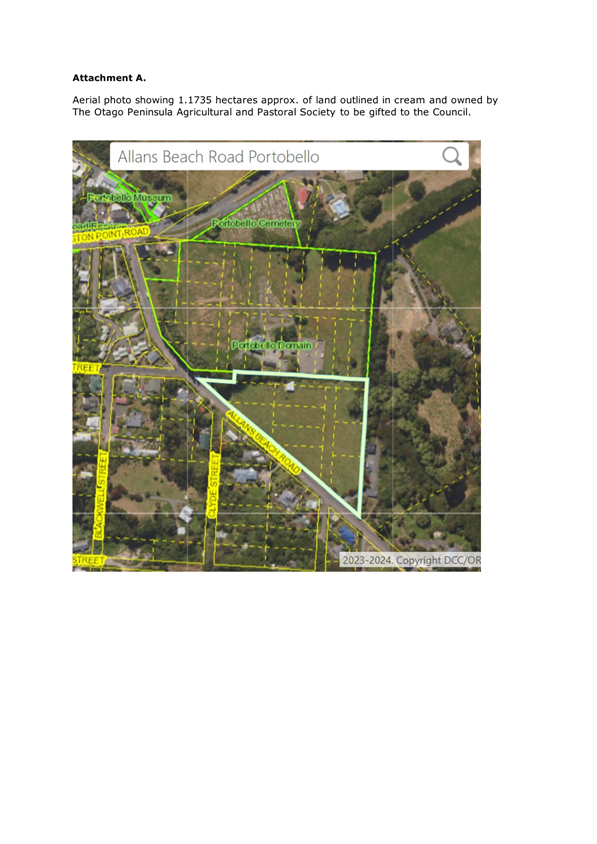
|

|
Council
10 December 2024
|
Unitary Authority
Department: Corporate Policy
EXECUTIVE SUMMARY
1 The
purpose of this report is to outline options for advancing discussions regarding a possible
unitary authority for Otago.
2 Key
aspects of how Council and other Otago local authorities currently operate that
could inform these discussions include:
a) Identifying
existing areas of collaboration and co-operation,
b) Exploring
opportunities for combined or shared services, standardised systems, and
enhanced capabilities, and
c) Addressing
potential joint operational efficiencies.
3 These
discussions could take various forms, such as:
a) An
initial meeting of elected council members from councils in Otago,
b) Engagement
through the Mayoral Forum,
c) Establishing
a Joint Committee, or
d) Creating a
Working Party of interested councils.
RECOMMENDATIONS
That the Council:
a) Considers the options
outlined in the report.
BACKGROUND
4 At
its 27 August 2024 meeting, in accordance with Standing Order 26.1, a notice of
motion was received from Cr Kevin Gilbert.
Moved (Cr Kevin Gilbert/Cr Cherry Lucas)
That the Council:
a) Requests a high-level staff report on
options for progressing discussions about a possible unitary authority for
Otago;
b) Notes these options include but are
not limited to establishment of Joint Committee to progress the discussion of a
Local Government Act 2002 s17A review;
c) Notes that on receipt of the report,
Council may need to consider resourcing requirements to progress the preferred
option;
d) Requests the report by December 2024.
Division
The Council voted by division.
For: Crs Bill
Acklin, Sophie Barker, Kevin Gilbert, Cherry Lucas, Mandy Mayhem, Jim O'Malley,
Lee Vandervis, Brent Weatherall, Andrew Whiley and Mayor Jules Radich (10).
Against: Crs
David Benson-Pope, Christine Garey, Carmen Houlahan and Marie Laufiso (4).
Abstained: Nil.
The division was declared
CARRIED by 10 votes to 4.
Motion carried (CNL/2024/162)
5 The Local Government Commission (the Commission) is responsible for
making decisions on the structure and representation of local government in New
Zealand. Under the Local Government Act 2002 (the Act), the
purpose of local government reorganisation is to promote good local government
by enabling and facilitating improvements to local governance (s24AA), in line
with the purpose of local government (s10).
6 Section
24 of the Act on local government reorganisation lists the thirteen matters
that can be considered. These include the provision of a unitary
authority (i.e., a territorial authority that has the
responsibilities, duties, and powers of a regional council conferred on it).
The Act contains a set of reorganisation objectives along with a list of further considerations for the
Commission in deciding whether to adopt a reorganisation plan (Schedule 3;
clauses 10, 12).
7 Following amendments to the Act in 2019,
one or more local authorities may develop and adopt a reorganisation plan to
submit to the Commission as a local authority-led reorganisation
application. The reorganisation objectives would still need to be met in
the application, along with a report from each
affected local authority that would need to record:
· that local authority’s unconditional support for the
plan;
· the public consultation undertaken by that local authority;
· the themes and outcomes of that consultation.
8 Prior
to the Act being amended there were three reorganisation proposals leading up
to 2019 to form a unitary authority (Northland,
Hawkes Bay, and Wairarapa), with all of them being declined. Since
the Act was amended there have been no applications to the Commission
requesting the creation of a unitary authority.
DISCUSSION
9 There
are a range of methods that could be used to progress the Councils resolution
to consider a Unitary Authority or collaboration options. These are discussed
below.
Section 17A
Review
10 Under the Act, a local authority must
review the cost-effectiveness of the delivery of its infrastructure, services,
and regulatory functions every six years (s17A), although not in situations
where the potential benefits of a review do not justify the costs of
undertaking it.
11 Options that must be considered under a
s17A review for the governance, funding, and delivery of services include
delivery by another local authority, and delegating responsibility for
governance and funding to a joint committee or other shared governance
arrangement.
12 Council last took part in a s17A review
seven years ago that was undertaken by the Otago Regional Council on
behalf of the Otago territorial authorities. Since then, there have been a range of cost-effective
related developments, partnerships, and collaborations.
13 These include the current ‘Local water done well’ reforms, the Otago Southland Regional Land Transport Plan, the Otago Regional Waste Assessment, the Otago
Civil Defence and Emergency Management Joint Committee, and the Future
Development Strategy.
14 Otago
councils also work together at the staff level during local authority
elections. In this light it would need to be identified what would be
covered in a s17A review and the potential benefits of carrying one out.
Joint
Committees
15 Joint
committees are a way to explore common issues between local authorities and do
not have to be related to a s17A review. An agreement to appoint a joint committee with another local authority under the Act (Schedule
7, clause 30A), must specify the
terms of reference of the committee and what responsibilities (if any) are to
be delegated to the committee by each local authority. At a
general level, this could initially include among other matters the potential
for strategic planning, policy, and regulatory decision-making to be more
integrated, consistent, and more easily understood. This would especially
be in areas where there are currently shared responsibilities e.g., transport
and spatial planning.
16 A joint committee appointed in this way
under the Act is deemed to be both a committee of the appointing local
authority and a committee of each other local authority that has appointed
members to the committee.
Potential matters to explore
17 Given the above context
discussions for Council with other councils in Otago about a possible unitary
authority for the region could include:
· Examining
areas of collaboration and working together that are already occurring.
· The efficacy and purpose of s17A reviews for Council.
· Involving
mana whenua in discussing how best to meet Māori needs in any
reorganisation.
· Identifying issues of mutual interest and potential
collaboration.
· Potential for combined or shared services, common systems
and capabilities.
· Joint operational efficiencies, identifying any service
duplication.
18 The Otago region is comprised of five
territorial authorities namely Dunedin City, Clutha District, Waitaki District,
Central Otago, Queenstown Lakes and Otago Regional Council. To assist options for progressing
discussions about a possible unitary authority for Otago, Council would need to identify what
shape a potential unitary authority could take. Three possible scenarios
for Council to consider:
· Scenario One – Council and the other four Otago
territorial authorities unite with the Regional Council;
· Scenario Two – Council, Clutha District Council and
Waitaki District Council take on the Regional Council’s functions
with the Regional Council remaining in place for the other two territorial
authorities;
· Scenario
Three – Council takes on the Regional Council’s functions for the
City with the Regional Council remaining in place for the other four
territorial authorities.
Forums for discussions
19 The main
advantage in holding discussions is to explore and establish issues of mutual interest with other Otago councils to
determine the level of interest in a unitary authority collaboration
options. If there is enough interest, then this would lead to further
investigation on a suitable type of unitary authority as outlined in the above
scenarios.
20 Additional resourcing will likely be required to examine and
explore issues of mutual interest with other Otago councils
for a possible unitary authority.
21 A Council workshop to explore its position more thoroughly
on possible unitary options may be needed prior to holding any discussions with
other local authorities.
22 Potential
forums for discussions have not been costed nor timeframes estimated.
This will be an important consideration given the range of activity happening
in 2025, e.g., the 9 Year Plan, Local Water Done Well, and local authority
elections. Neighbouring councils may be in a similar position.
23 Four
possible forums for holding discussions to determine any courses of action have
been identified, noting that one or more may be required.
Firstly, an initial meeting of
elected members of the councils in Otago or their representatives:
Advantages
· Opportunity
to discuss with all or any elected members of the other territorial
authorities.
Disadvantages
· May
require a high degree of preparation and support.
24 Secondly, the Mayoral Forum:
Advantages
· An
existing body in which to discuss a range of matters and possible scenarios.
Disadvantages
· Communities
within territorial authorities may feel excluded.
· Mayoral
forum lacks mandate.
25 Thirdly, forming a Joint Committee under the Act with interested
councils:
Advantages
· A
formal mechanism to explore common issues between local authorities.
· Can
be carried out with or without a s17A review.
Disadvantages
· May
be too formal a step early in the discussion process.
26 Fourthly, a
Working Party of elected members of interested councils:
Advantages
· Opportunity
to discuss with all or any elected members of the other territorial
authorities.
· May
allow a wider and less formal canvassing of local community views.
Disadvantages
· May
require a high degree of preparation and support.
· Reporting
and accountability lines may be or become unclear.
OPTIONS
Option One – Progress discussions about a possible unitary
authority for Otago via one of the identified forums
27 Under this option Council would:
a) Decide
on its preferred forum for advancing discussion; and
b) Request a
report back to Council on the timeframe and cost for its preferred forum for
discussions.
Advantages
· Opportunity
to explore issues of mutual interest with other Otago
councils to determine the level of interest in a unitary authority.
· If there is enough interest among councils for further
discussion, then it allows for open consideration of a range of unitary
authorities in a form follows function manner.
· Timeframes and costs for the preferred forum can be identified.
Disadvantages
· Will
require extra resourcing to carry out initial discussions.
· Likely
capacity issues for Council in 2025 may mean the process is drawn out.
Option Two – Do not progress discussions about a possible unitary
authority for Otago via one of the identified forums
28 Under this option Council would not to progress
discussions about a possible unitary authority for Otago via one or more of the
Scenarios.
Advantages
· No
time or cost implications for Council.
Disadvantages
· Forgone
opportunity to explore issues of mutual interest with
other Otago councils to determine the level of interest in a unitary authority.
NEXT STEPS
29 To be
determined following a decision on the report options.
Signatories
|
Author:
|
Paul Cottam - Senior Policy Analyst
|
|
Authoriser:
|
Nadia Wesley-Smith - Corporate Policy Manager - Acting
Nicola Morand - Manahautū (General Manager Policy and
Partnerships)
|
Attachments
There are no attachments for
this report.
|
SUMMARY OF CONSIDERATIONS
|
|
Fit with purpose of Local Government
This decision enables democratic local
decision making and action by, and on behalf of communities.
|
|
Fit with strategic framework
|
|
Contributes
|
Detracts
|
Not applicable
|
|
Social Wellbeing Strategy
|
☐
|
☐
|
✔
|
|
Economic Development Strategy
|
☐
|
☐
|
✔
|
|
Environment Strategy
|
☐
|
☐
|
✔
|
|
Arts and Culture Strategy
|
☐
|
☐
|
✔
|
|
3 Waters Strategy
|
☐
|
☐
|
✔
|
|
Future Development Strategy
|
☐
|
☐
|
✔
|
|
Integrated Transport Strategy
|
☐
|
☐
|
✔
|
|
Parks and Recreation Strategy
|
☐
|
☐
|
✔
|
|
Other strategic projects/policies/plans
|
☐
|
☐
|
✔
|
Not yet applicable as matters surrounding the possibility
of a unitary authority are only mooted for the discussion stage.
|
|
Māori Impact Statement
Noted in the report that discussions on a unitary
authority will need to involve iwi/hapu.
|
|
Sustainability
Not applicable
|
|
Zero carbon
No
implications as report options are only for possible discussions to take
place.
|
|
LTP/Annual Plan / Financial Strategy /Infrastructure
Strategy
No implications.
|
|
Financial considerations
Possible costs for progressing discussions, the size of
which will depend on the report option taken.
|
|
Significance
Low significance as report options are only for possible
discussions to take place.
|
|
Engagement – external
No external engagement.
|
|
Engagement - internal
Internal engagement had with governance and legal teams.
|
|
Risks: Legal / Health and Safety etc.
No risks identified.
|
|
Conflict of Interest
No conflict of interest identified.
|
|
Community Boards
No implications for Community Boards as report options are
only for possible discussions to take place.
|
|

|
Council
10 December 2024
|
Letter of Expectation for the year ended 30 June 2026
Department: Civic
EXECUTIVE SUMMARY
1 The
purpose of this report is to consider a draft Letter of Expectation (“the
Letter”) for the Dunedin City Holdings Limited (DCHL) Board. The
draft Letter is at Attachment A.
2 The
Letter provides Council's direction to DCHL, roles and responsibilities, and
the future plans of the Shareholder. The Letter will assist DCHL and the
wider group in developing their Statements of Intent (SOI) documents for
2025/26.
RECOMMENDATIONS
That the Council:
a) Considers the draft
Letter of Expectation to the Board of Dunedin City Holdings Ltd from the
Council, as Shareholder.
b) Authorises the CEO to
make any changes to the Letter of Expectation following Council’s
feedback.
c) Authorises the Mayor
to sign the Letter of Expectation on behalf of the Council as
Shareholder.
BACKGROUND
3 The
Council and DCHL are aware of the importance of the Letter of Expectation.
The Letter is a governance and accountability tool that
communicates what outcomes the Council, as Shareholder, wants from its CCOs.
4 Council
sends an annual Letter of Expectation to DCHL with the intention that this
information will be discussed and implemented within the wider Council Group.
5 The expectations are, where appropriate, included in the
group’s draft SOIs which are due to Shareholders by 1 March 2025.
6 The
most recent Letter of Expectation was issued to DCHL on 6 December 2023 and a
copy is at Attachment B.
7 Content
on a draft Letter was informally discussed at workshops on 23 October and 4 December
2024, and at a meeting with DCHL Board members on 28 November 2024.
DISCUSSION
8 The
attached draft Letter for the 2025/26 financial year details the expectations of
Council under the following headings:
· Focus for the
2025/26 financial year
· Climate change
· General
expectations of DCHL
· Dividends and debt
· Group Investment
Plan
· Reports
· Working with DCC
· Next steps.
9 The
draft Letter is seeking to have strategic alignment between DCC and DCHL,
through enhanced communications and engagement.
10 The draft
Letter acknowledges the commitment of DCHL to address climate change. It seeks
to provide more flexibility for the group in how it may contribute to the
targets that Council has set for Dunedin. It invites the group to
continue working with the DCC in this area.
11 The letter
requests a dividend from the DCHL Trading companies of $11.00 million for the
2024/25 financial year. This dividend along with the $5.90 million
interest payment will make a total annual distribution of $16.90 million.
It asks that the dividend be paid in three equal instalments throughout the
year.
12 The draft
Letter asks the Board of DCHL to undertake a review of
the draft Group Investment Plan, following the decision made to retain
ownership of Aurora Energy Ltd. The Board is asked to present options on
the management and reporting of Council’s investments, along with a
framework for future dividends, that reflect where possible, commercial
returns.
OPTIONS
13 This report
is seeking feedback on the content of the Letter of Expectation prior to
finalisation and issuing to DCHL.
NEXT STEPS
14 Once
agreed, the Letter of Expectation will be signed by the Mayor on behalf of the Shareholder
and sent to the Board of DCHL for action.
Signatories
|
Author:
|
Sharon Bodeker - Special Projects Manager
|
|
Authoriser:
|
Carolyn Allan - Chief Financial Officer
|
Attachments
|
|
Title
|
Page
|
|
⇩a
|
Draft Letter of
Expectation for the Year Ending 30 June 2026
|
399
|
|
⇩b
|
Letter of Expectation 6
December 2023
|
403
|
|
SUMMARY OF CONSIDERATIONS
|
|
Fit with purpose of Local Government
This decision enables democratic local
decision making, and promotes the social, economic, environmental and
cultural wellbeing of communities in the present and for the future.
|
|
Fit with strategic framework
|
|
Contributes
|
Detracts
|
Not applicable
|
|
Social Wellbeing Strategy
|
☐
|
☐
|
✔
|
|
Economic Development Strategy
|
☐
|
☐
|
✔
|
|
Environment Strategy
|
☐
|
☐
|
✔
|
|
Arts and Culture Strategy
|
☐
|
☐
|
✔
|
|
3 Waters Strategy
|
☐
|
☐
|
✔
|
|
Future Development Strategy
|
☐
|
☐
|
✔
|
|
Integrated Transport Strategy
|
☐
|
☐
|
✔
|
|
Parks and Recreation Strategy
|
☐
|
☐
|
✔
|
|
Other strategic projects/policies/plans
|
☐
|
☐
|
✔
|
The performance of the companies helps Council deliver
across the strategic framework, but this report has no direct
contribution.
|
|
Māori Impact Statement
There has been no engagement with Māori in the
preparation of the draft Letter of Expectation.
|
|
Sustainability
Sustainability expectations of the DCHL Group are outlined
in the draft Letter of Expectation, and specifically in relation to climate
change and waste minimisation.
|
|
Zero carbon
Zero
carbon expectations are set out in the draft Letter of Expectation.
|
|
LTP/Annual Plan / Financial Strategy /Infrastructure
Strategy
Dividend expectations are provided for in the Letter of
Expectation.
|
|
Financial considerations
Dividend expectations are provided for in the Letter of
Expectation.
|
|
Significance
This report is of low significance in terms of the
Council’s Significance and Engagement Policy.
|
|
Engagement – external
There has been informal engagement with the DCHL Board.
|
|
Engagement - internal
The final letter will incorporate feedback from Elected
Members.
|
|
Risks: Legal / Health and Safety etc.
There are no identified risks.
|
|
Conflict of Interest
There are no known conflicts of interest.
|
|
Community Boards
There are no implications for Community Boards.
|
|

|
Council
10 December 2024
|
Revised meeting schedule 2025
Department: Civic
EXECUTIVE SUMMARY
1 A
revision to the adopted Council meeting schedule for 2025 is presented for
approval, in accordance with Clause 19(6)(a) of Schedule 7 of the Local
Government Act 2002.
2 Revisions
to the meeting schedule arise from changes in the LGNZ National Council strategy
days, and changes to the timing of the 9 year plan deliberations meeting to
achieve meeting the statutory date of adopting an audited 9 Year Plan.
3 The
revised meeting schedule, at Attachment A, covers the period from January 2025
through to the Inaugural meeting in October 2025.
4 As
this is an administrative report, there are no options or Summary of
Considerations.
RECOMMENDATIONS
That the Council:
a) Approves the revised
meeting schedule as attached to this report.
Discussion
5 At
its meeting on 30 October 2024, Council approved the meeting schedule for
2025.
6 Revisions
to the meeting schedule are requested as follows:
a) Move
the council meeting scheduled for Tuesday 25 February 2025 to Wednesday 26
February 2025, as LGNZ has scheduled a two day National Council strategy
meeting on 24 and 25 February 2025.
b) Move the 9
year plan hearing dates scheduled for Thursday 8 May – Friday 16 May
2025, to Tuesday 6 May – Friday 9 May 2025. The original dates
included hearing submissions on the Waste Minimisation Management Plan, but
these will now be heard at an earlier time.
c) Move
the 9 year plan deliberation dates scheduled for Tuesday 3 June – Friday
6 June, to Monday 26 May to Thursday 29 May 2025, noting this would also incorporate
a Council meeting that had been scheduled for Tuesday 27 May. This will
allow more time for the 9 year plan financial statements and full document to
be updated for decisions made, and for the audit to be completed in time for
adopting the 9 year plan on 30 June 2025.
d) The
requested change to the deliberations date will require the rescheduling of two
Community Board meetings, the Waikouaiti Coast Community Board meeting
scheduled for Wednesday 28 May, and the Saddle Hill Community Board scheduled
for Thursday 29 May 2025. If approved, new dates for these meetings will
be progressed.
NEXT STEPS
7 If
approved, the meeting dates will be entered into diaries and the website
updated.
8 The
two Community Boards will be advised, and new dates for their meetings
scheduled.
Signatories
|
Author:
|
Sharon Bodeker - Special Projects Manager
|
|
Authoriser:
|
Sandy Graham - Chief Executive Officer
|
Attachments
|
|
Title
|
Page
|
|
⇩a
|
Revised Meeting Schedule
for 2025
|
410
|
|

|
Council
10 December 2024
|
Resolution to Exclude the
Public
That the Council excludes
the public from the following part of the proceedings of this meeting (pursuant
to the provisions of the Local Government Official Information and Meetings Act
1987) namely:
|
General subject of the matter to be considered
|
Reasons
for passing this resolution in relation to each matter
|
Ground(s) under
section 48(1) for the passing of this resolution
|
Reason for
Confidentiality
|
|
C1
Confirmation of the Confidential Minutes of Ordinary Council meeting -
25 November 2024 - Public Excluded
|
S7(2)(g)
The
withholding of the information is necessary to maintain legal professional
privilege.
S7(2)(h)
The
withholding of the information is necessary to enable the local authority to
carry out, without prejudice or disadvantage, commercial activities.
S7(2)(i)
The
withholding of the information is necessary to enable the local authority to
carry on, without prejudice or disadvantage, negotiations (including
commercial and industrial negotiations).
s48(1)(d)
Check
to make report confidential.
S7(2)(b)(ii)
The
withholding of the information is necessary to protect information where the
making available of the information would be likely unreasonably to prejudice
the commercial position of the person who supplied or who is the subject of
the information.
S7(2)(a)
The
withholding of the information is necessary to protect the privacy of natural
persons, including that of a deceased person.
|
.
|
|
|
C2
Confidential Council Actions from Resolutions at Council Meetings
|
S7(2)(a)
The
withholding of the information is necessary to protect the privacy of natural
persons, including that of a deceased person.
S7(2)(g)
The
withholding of the information is necessary to maintain legal professional
privilege.
S7(2)(h)
The
withholding of the information is necessary to enable the local authority to
carry out, without prejudice or disadvantage, commercial activities.
S7(2)(i)
The
withholding of the information is necessary to enable the local authority to
carry on, without prejudice or disadvantage, negotiations (including
commercial and industrial negotiations).
|
S48(1)(a)
The public conduct of
the part of the meeting would be likely to result in the disclosure of
information for which good reason for withholding exists under section 7.
|
|
|
C3
Confidential Council Forward Work Programme - October 2024
|
S7(2)(h)
The
withholding of the information is necessary to enable the local authority to
carry out, without prejudice or disadvantage, commercial activities.
|
S48(1)(a)
The public conduct of
the part of the meeting would be likely to result in the disclosure of
information for which good reason for withholding exists under section 7.
|
|
|
C4
DCHL Update Report
|
S7(2)(h)
The
withholding of the information is necessary to enable the local authority to
carry out, without prejudice or disadvantage, commercial activities.
|
S48(1)(a)
The public conduct of
the part of the meeting would be likely to result in the disclosure of
information for which good reason for withholding exists under section 7.
|
|
|
C5
Dunedin City Holdings Group - Reappointment of Directors
|
S7(2)(a)
The
withholding of the information is necessary to protect the privacy of natural
persons, including that of a deceased person.
|
S48(1)(a)
The public conduct of
the part of the meeting would be likely to result in the disclosure of
information for which good reason for withholding exists under section 7.
|
|
|
C6
Development Contribution - Private Agreement
|
S7(2)(b)(ii)
The
withholding of the information is necessary to protect information where the
making available of the information would be likely unreasonably to prejudice
the commercial position of the person who supplied or who is the subject of
the information.
S7(2)(i)
The
withholding of the information is necessary to enable the local authority to
carry on, without prejudice or disadvantage, negotiations (including
commercial and industrial negotiations).
|
S48(1)(a)
The public conduct of
the part of the meeting would be likely to result in the disclosure of information
for which good reason for withholding exists under section 7.
|
|
This resolution is made in
reliance on Section 48(1)(a) of the Local Government Official Information and
Meetings Act 1987, and the particular interest or interests protected by Section
6 or Section 7 of that Act, or Section 6 or Section 7 or Section 9 of the
Official Information Act 1982, as the case may require, which would be
prejudiced by the holding of the whole or the relevant part of the proceedings
of the meeting in public are as shown above after each item.





































































